News
Warning over UK food security
Arable
Colorado beetle larvae found in UK
Livestock
Reseeding boosts grassland performance



Fen Tiger





A well-earned retirement from farming
Pig & Poultry


Defra drops animal welfare labels
Professional Services
Boomtime for English vineyards
Tel: 01480 495956 www.flr-cropdrying.com
August 2023
Anglia Farmer
Serving the farming industry across East Anglia for over 40 years
Soil Special: What revamped SFI scheme means for you
Organic ambassador: Norfolk's Alex Parkinson scoops top farming award









a
inhibitor Air Soil Water Plus a shelf life of 12 months and stable in NPK blends
reduction in ammonia volatilisation1
reduction in nitrous oxide emissions2
equal to or better than nitrates3
impact on reproduction of earthworms4
reduction in nitrate losses5
on freshwater fish mortality6 1. GB ADAS field study 7 and 14 days and Ireland UCD lab study compared to urea 2. California Dept of Food & Agriculture compared to nitrates 3. Trials in Europe, Ireland, GB and Iceland 4. Eurofins Ecotoxicologie France 2020 at x10 application rate 5. NIAB TAG and John Innes Centre, GB, compared tp nitrates 6. Eurofins Expertises Environnementales France, 2016, at x10 agronomic dose Talk to us about protected urea t: 03333 239 230 e: enquiries@originfertilisers.co.uk www.originfertilisers.co.uk
More than
urease
>80%
>50%
Performance
Zero
>45%
Zero impact
Anglia Farmer
EDITORIAL
Editor:
Johann Tasker | T: 07967 634971
E: johann@ruralcity.co.uk
Design:
Mark Shreeve | T: 01502 725839
E: mark.shreeve@micropress.co.uk
Advertisement production:
Jade Soanes | T: 01502 725840
E: jade.soanes@micropress.co.uk
ADVERTISING SALES
Chloe Miller | T: 01502 725844
E: chloe.miller@micropress.co.uk
Daniel Rice | T: 01502 725858
E: daniel.rice@micropress.co.uk
Mat Roffey | T: 01502 725854
E: mat.roffey@micropress.co.uk
Mark Tait | T: 01502 725803

E: mark.tait@micropress.co.uk
Anglia Farmer is a controlled circulation magazine published monthly for farmers and growers in the eastern counties. To be included on the circulation list, a farmer must have a minimum of 70 acres of land, or 50 dairy/beef stock, or 50 breeding sows/250 growing stock, or 15,000 laying hens/broiler chickens. Intensive horticulture units are required to have a minimum of two hectares. Subscription is £18 a year (including postage). No responsibility can be accepted by the publishers for the opinions expressed by contributors.
If you no longer wish to receive this magazine, please email your name, address and postcode as it appears on the wrapper to adam.gunton@micropress.co.uk
© Countrywide Publications 2023
Published by Countrywide
Publications, Fountain Way, Reydon Business Park, Reydon Suffolk IP18 6DH

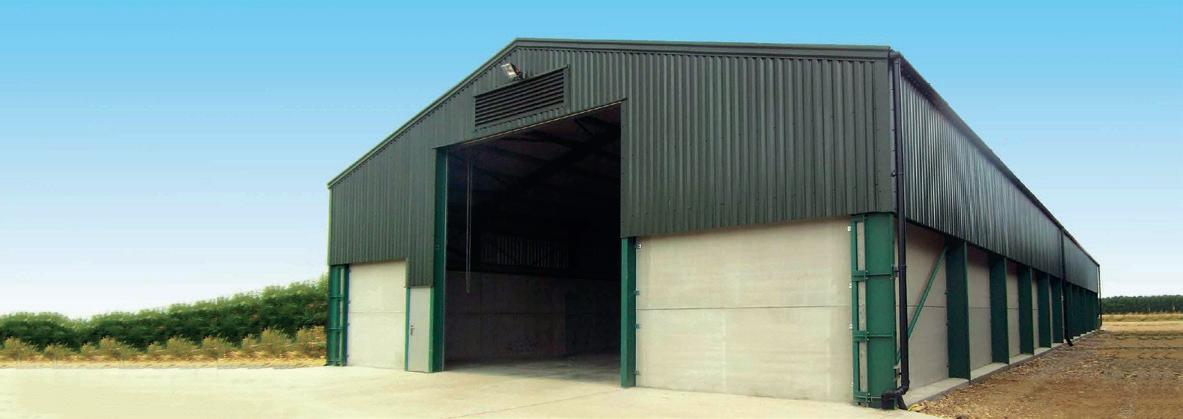
T: 01502 725800
Printed by Micropress Ltd, Suffolk.
T: 01502 725800

OPINION Johann Tasker
Revamped SFI scheme worth another look
Farmers looking for some much-needed extra income can apply to join the government's revamped Sustainable Farming Incentive, which opens for applications this month.
As we mentioned last month, the SFI has been revised to make it easier to join. Farmers can be rewarded for undertaking 23 actions. They include improvements to soil health, hedgerows, integrated pest management and buffer strips.

The wider range of actions means farmers could be paid from £10 per 100m for managing one side of a hedgerow; a further £10 per 100m to maintain or establish hedgerow trees; £129/ha for multi-species cover crops; or £589 for a nutrient management review.
Useful alternative
Adopted at scale, farm minister Mark Spencer says these actions will support sustainable food production and contribute towards the environmental targets set out in the government’s Environmental Improvement Plan.
Farm business advisers agree. Savills, for example, says the revamped SFI is an opportunity for farmers to boost their income while producing food sustainably. And it could also be a profitable alternative on land where food production is no longer viable.
Some growers and livestock producers will beg to differ. No amount of income from the SFI will make up for money lost due to the phase-out of the Basic Payment Scheme – and those cuts are really starting to bite on many farms.
Defra hopes 70% of farmland will eventually be managed under the SFI. Whether that target is met will depend on whether farmers believe joining the scheme makes financial sense. After all, farming is a business, not just a way of life.
Perfect excuse
Farmers will make their own assessment of the SFI based on their own individual circumstances. It might not be as lucrative as many farmers would wish. But it would be foolish to dismiss the scheme out of hand completely.
Many SFI actions are easy to undertake. In some cases, farmers will be doing them already. Others are more involved and will involve a different or unfamiliar approach to farming.
But do consider joining the scheme. Otherwise, the government will have the perfect excuse to withdraw it completely – leaving farmers without what could be a useful revenue stream.
Johann Tasker Editor
BOWIE LOCKWOOD 02476 459000 sales@bowielockwood.co.uk SHORT OF STORAGE SPACE? SHORT OF STORAGE SPACE? RIDBA Rural & Industrial Design & Building Association Competitive prices for all your agricultural & industrial requirements Competitive prices for all your agricultural & industrial requirements CONTACT US NOW! 67639
Vol 43 • No 8 • August 2023 Contents AUGUST 2023 • ANGLIA FARMER 3
News .................................................................... 4 Arable .................................................................. 9 Soil Special ...................................................... 27 Livestock ........................................................... 39 Pig & Poultry ................................................... 41 UK Dairy Day .................................................... 51 Professional Services .................................. 55 Final Say .......................................................... 58
Visit our website for all the latest farming news
'Failure to support farmers threatens UK food security'
• Stark warning from influential think tank
• Farm support vital government told
• Food producers have major role to play
The government’s failure to pay farmers properly for looking after the environment threat ens to leave the UK unable to produce enough of its own food, says an influ ential think tank.
Urgent actionmust be taken to sup port farmers by funding measures that help to mitigate climate change, re duce greenhouse gas emissions and restore nature, says the Institute for Public Policy Research (IPPR).
Global warming means livestock are increasingly exposed to heat stress and the seasons are changing, says the IPPR. Pests and diseases are living longer in warmer winters, droughts are impacting crop growth and floods are increasing soil runoff and erosion.
Unfair system
Published last month, the think tank’s analysis also shows that:
• Trade deals struck since Brexit are undercutting British farmers and climate goals, while effectively exporting the UK’s carbon and ecological footprint elsewhere in the world.
• The UK’s food system is too wasteful – and skewed towards highly processed food which is damaging to human health and the environment.
• Food poverty is increasing with lower-income households disproportionately affected by food price rises and less able to afford a good diet
Calling for a transition to a food production system that is more planet-friendly, the IPPR study says UK landuse needs to change, says the study.
But it warns that responsibility for the transition cannot be left to farmers alone. Growers and livestock producers are already grappling with a sys-
rity – including government support for farmers. A comprehensive strategy is needed to ensure food security and to reach net zero, it says.
The IPPR says £2.4bn a year is needed for the next decade for farmers to deliver. And it says trade deals should be strenghened so food imports are produced to the same standards as domestic produce.
Report co-author Lesley Rankin said: “The climate and nature crisis poses one of the greatest risks to the UK’s domestic food production, and the UK government has consistently failed to treat this threat with the ur-
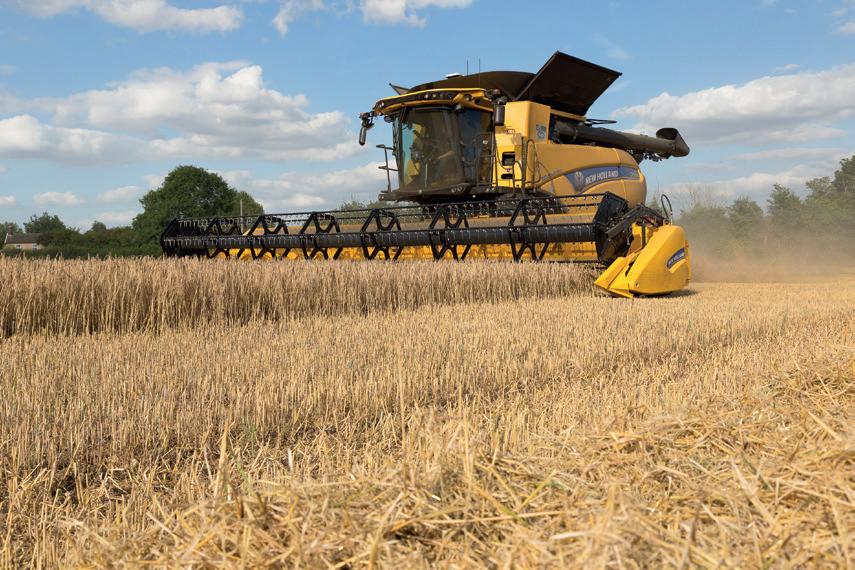
British farmers are being undermined by unfair competition, says the report
it for generations to come, it is crucial we act immediately and involve farmers and communities every step of the way.”
Long-term vision
The report calls for a long-term vision for the future of land and agriculture, which must reflect the views of farmers as well as consumers.
The report's findings were informed by several community panels – in Somerset, Cumbria and Kent – on how to tackle the climate and nature crises in way that is fair to farmers, farm workers and the public.
Lack of vision 'has serious consequences'
Farmers have a key role in producing food and protecting the environment – but need government support to succeed, says the report.
The study was co-authored by Luke Murphy, head of the fair transition unit at the Institute for Public Policy Research (IPPR). He said: “The lack of a government strategy for our food and farming sector has serious consequences.
“It’s undermining our ability to produce food domestically, making farmer’s lives hard-
er, and entrenching a food system that is wasteful, bad for our health, and damaging to the environment.”
A government spokesman said: “We are committed to backing our farmers so we can grow our economy, protect nature and deliver the food security that is needed.
“We have embarked on our next steps to deliver this, by committing to maintain the £2.4bn annual farming budget and investing in productivity and innovation on farms.”
News 4 ANGLIA FARMER • AUGUST 2023
I’VE GOT THE POWER
Push the button for more efficient weed control in sugar beet.
With only one application you need less time to manage weeds in your sugar beet and have more time for other crops. Get the power with CONVISO ® SMART sugar beet seeds from KWS and CONVISO ® ONE herbicide from Bayer.
www.kws.com











CONVISO® is a registered trademark of Bayer.
to save time with a single application
Norfolk youngster scoops organic farming accolade
• Young Organic Farmer of the Year
• Hard working and great personality
• Inspiring for much bigger producers
Norfolk farm manager Alex Parkinson has been named Young Organic Farmer/Grower of the Year for 2022/23.
Presented by Organic Farmers and Growers (OF&G), the award highlights the achievements of younger farmers who are passionate about implementing organic principles.
Mr Parkinson is a farm manager for RBOrganic – part of Burgess Farms, one of the UK's largest organic carrot growers. Judges said he won for his “wide vision” for organic farming, the way he has learnt on the job, and his influence on larger producers to think organic.
Mr Parkinson was presented with his prize of £1,500 and a selection of books on organic and agro-ecological farming worth over £500 from Chelsea Green Publishing by Lucy MacLennan chief executive of the Organic Research Centre (ORC).
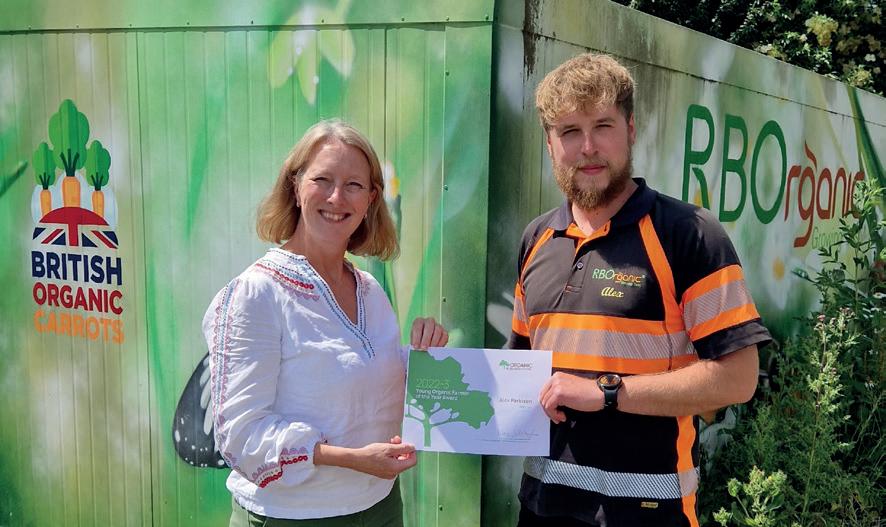
Burgess Farms agricultural director Andrew Burgess said: “Alex ar-
rived with us as a young man without a farming background and settled in very quickly to the farm. He's a quick learner, hungry for knowledge and a hard worker with a great personality.”
Mr Burgess added: “We've just watched him grow and develop over his 10 years with us, taking on more responsibility and building his knowledge. In organic farming – and horticulture in particular – attention to detail is the difference between making it or not, and he has that.”
ORC trustee chairman Donald Peck said: “What came across was his enthusiasm, technical knowledge – much of it picked up on the job – and willingness to experiment. His success shows how feasible and sensible it is for larger producers to think organic.”
Three finalists
Mr Parkinson was one of three finalists for the awards. The others were vegetable producers Adam Payne and Dee Butterley from Pembrokeshire; and
Children become potato farmers with Kids Country
More than 100 children from Peterborough schools harvested their potato crops last month – thanks to a school project they started in April.
Supported by Burgess Farms, Co-op Central England and Kids Country, the East of England Agricultural Society’s education outreach team helped the children plant potatoes in the spring and look after them during the following weeks.
As well as the all-important harvest, the children also had the opportunity to taste some potato products – including potato salad – completing the field-to-fork journey before taking their potatoes home to eat with their families.
Melissa Goodman, from Burgess Farms, said: “It is great to help support the education of young children to provide the experience
of growing their own potatoes and understand the positive health benefits.
“Showing how much fun it is to grow your own produce with the hands-on activity and the excitement from the children to see their very own potatoes they had grown was wonderful to see. This event is an essential initiative.”
Teacher Laura Tompson-Wright, of William Law CE Primary School, said: “It was great to link the activity to our science curriculum objectives, observing closely the key features of plants to identify the plant correctly and describe how to care for it.”
As well as the potato harvesting, Kids Country also delivered a school talk on growing wheat, with local farmer Peter Sharpley helping children learn about how grain is used to make cereal and bread.

ORC chief executive Lucy MacLennan said the quality of entrants for this year’s award was extremely high/ All finalists shared a passion for organic farming and demonstrated all the skills required to make a success of their business, she added.
“As the need to embrace organic farming methods becomes ever more evident if we are to combat climate change and address biodiversity loss, we are so proud of our finalists for the difference they are making.”
The 2023/24 Young Organic Farmer/Grower of the Year award is expected to open for applications in October. For further information, please visit www.organicresearchcentre.com.
6 ANGLIA FARMER • AUGUST 2023 News
dairy farmers Sophie and Tom Gregory from Dorset.
Alex Parkinson receives his award from Lucy MacLennan, of the Organic Research Centre
Schiool children were keen to learn all about potatoes – thanks to the Kids Country project
Is your property off the main sewage network? Do you have a septic tank? If so, we can install a new sewage treatment plant and provide a maintenance service. As well as servicing existing treatment plants.






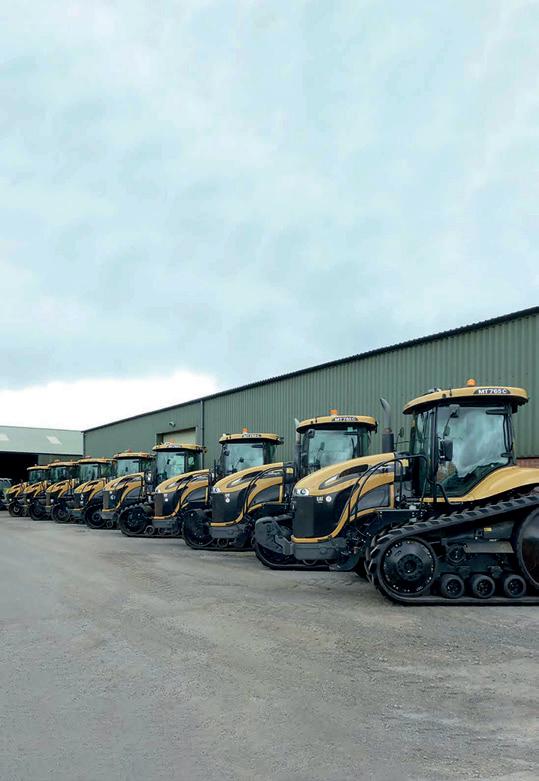


t: 01353 725 151 e: david@russellmillarltd.co.uk years experience in the roller shutter industry call us anytime for a competitive price. STEEL ROLLER SHUTTER DOORS Tel: 01507 466352 Mobile: 07801 343023 Fax: 01507 462812 Email: ian@ianhoulgrave.com THE LARGEST FLEET OF CHALLENGER TRACKED TRACTORS IN EUROPE up to 600hp FOR HIRE IanHoulgraveIanHoulgrave FOR ALL DRAINAGE
SEWAGE TREATMENT PLANT NEEDS
AND
Sewage Treatment Plant and Servicing Trimble RTK GPS Ditching, Hedging, Flailing Land drainage Supporting the NHS in East Anglia AUGUST 2023 • ANGLIA FARMER 7
Crop drying, ventilation and storage systems specialists.


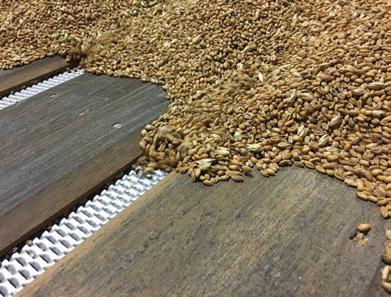




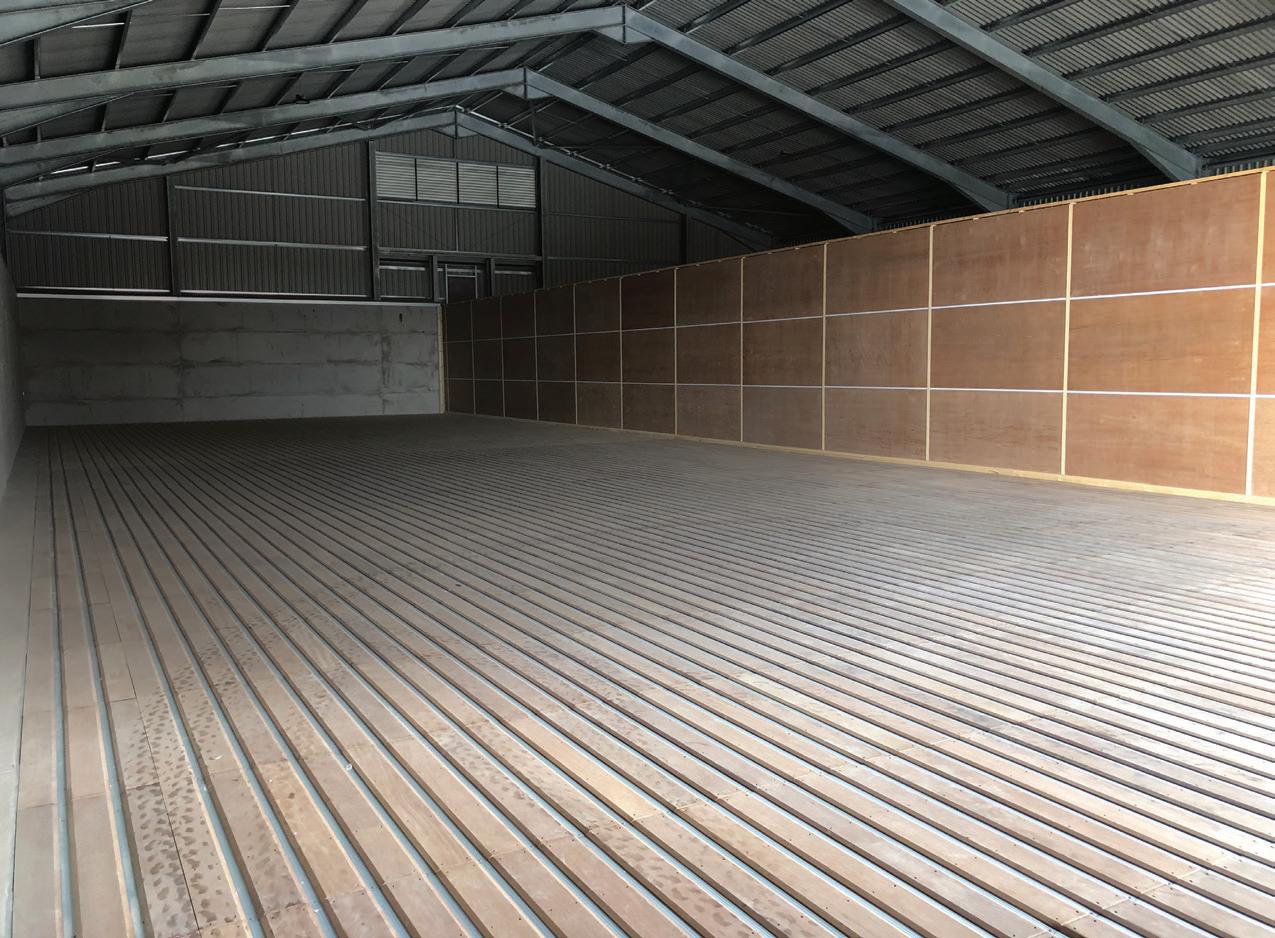
Flach
Email:
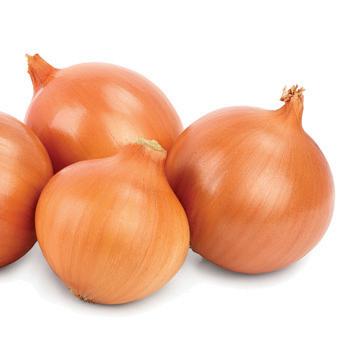
& Le-Roy Ltd is an industry leader in designing and delivering high performance drying, ventilation & storage systems.
have been supplying top quality drive-on and box store drying and storage installations to the arable farming industry globally for over 27 years and our business is continuing to grow. Drive-on Floor Systems • Letter Box Duct Systems • Control Systems Centrifugal & Axial-Flow Fans • Gas Burners • Walling Systems
01480 495956
07774 141512
We
Telephone:
Mobile:
enquiries@flruk.com
www.flr-cropdrying.com 10 year Guarantee Manufactured in England Flach & Le-Roy Ltd
years experience in the industry “Drive on Dry off
systems
Website:
35
”
Arable
Warning after Colorado potato larvae found
Kent case first in UK for almost 50 years
Potato growers are urged to remain vigilant after Colorado beetle larvae was found in the UK for the first time in 46 years.
The Animal and Plant Health Agency confirmed on 11 July that Colorado beetle larvae had been identified in a Kent field. It followed laboratory diagnosis of samples taken by APHA’s Plant Health and Seeds Inspectorate.
APHA said it was working closely with the affected grower to eradicate the larvae from the site, including a 1km survey to determine whether there are further cases beyond the immediately infested area.
It is believed the larvae may have been accidentally transported to the UK on a lorry carrying fresh produce via one of the French ports. No fully formed beetles have been found.
Unless eradicated, Colorado beetles are a significant threat to potato crops. Adult beetles and larvae feed on the foliage of potato and other plants in the nightshade family and can completely strip them of their leaves if they are left uncontrolled.
UK chief plant health officer Nico la Spence said: “We are responding swiftly through our eradication pro gramme, involving ground surveil lance to look for beetles and larvae at the site and surrounding area. She added: “While this pest does not pose a threat to human health, we encourage all growers, farmers, processors and the public to remain vigilant and report any sightings, especially in Kent.”
Quarantine
The beetle is not endemic to the UK and is currently regulated as a Great Britain quarantine pest, with import and movement restrictions in place for susceptible host material.
APHA is obligated to act upon the findings and eradicate this pest to support our efforts to maintain this status. Statutory Notices will be issued to ensure the containment and eradication of this pest is undertaken.
The beetle is bright yellow or orange with black stripes and is usual
3mm in width. Its larvae are a reddish brown in colour, round and globular, and up to 15mm in length.
Defra has produced a Colorado potato beetle plant pest factsheet with more information about the beetle’s life cycle and provides information on how to differentiate it from some of our native and introduced species.
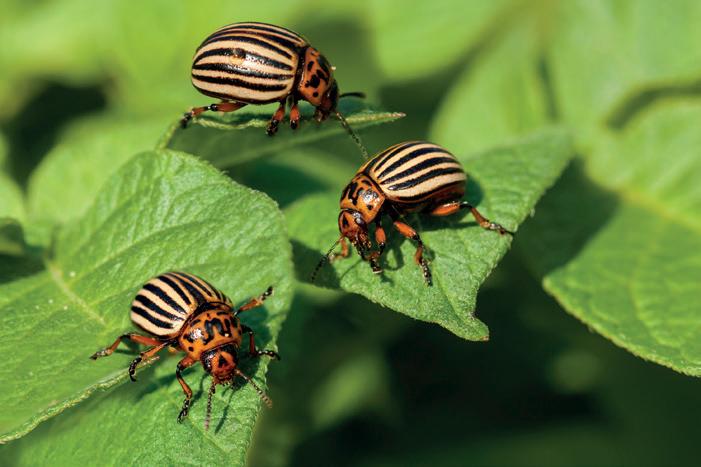
The beetles are occasionally imported into the UK from continental Europe as ‘hitchhikers’ on non-host plant material, such as leafy vegetables, salad leaves, fresh herbs and grain and are reported to the UK Plant Health Service who act on the findings.
Although distinctive in appearance, several insects are frequently mistaken for Colorado beetle. There have only been two outbreaks of Colorado potato beetles in the UK in the past 70 years, one in 1976 and one in 1977.
Bolters give breeder valuable information on beet
High bolting levels in sugar beet this year are set to provide plant breed ers with valuable information about varieties best suited to the UK.
This year’s crop could see some of high est levels of bolters for many years, says Ian Munnery, UK director for specialist sugar beet breeder SesVanderhave.

This will provide the opportunity to assess breeding lines for potential varieties that will produce least bolters under UK conditions –especially in early sown plots.
“The benefits of early sowing are better rooting, more growing days across the season, the advantage of innate mature plant resistance and more resilience to drought
stress,” says Mr Munnery.
“However, early sowing combined with cold conditions leads to the crop being stressed and entering ‘survival’ mode, which means bolting. That will lead to reduced yield and leave a legacy of weed beet seed.”
Extensive trials
A global beet breeder, SesVanderhave conducts extensive UK bolting trials to identify the most robust varieties for British growers. Bolters are removed from the field and counted in June, July and August.
“By the end of the season we will have identified varieties with lower bolting potential for UK growers,” says Mr Munnery.
AUGUST 2023 • ANGLIA FARMER 9
Left unchecked, Colorado beetles are a significant threat to potato crops
We encourage all growers to remain vigilant
“
'Huge rise' in blackgrass levels reported on UK farms

An increase in blackgrass on many farms this season has renewed interest in reducing the weed to manageable levels.
Blackgrass is estimated to cost growers some 800,000 tonnes of lost yield in the UK alone– with associated economic losses of about £400m, says Ruth Stanley, UK & Ireland country manager for Life Scientific.
“This summer has clearly highlighted the challenges of black-grass control as the weed has raised its ugly head with vengeance and a dark cloud of seed heads is seen above cereal crops across the country,” she says.
'Enormous amount'
“Even farms with previously manageable levels of the weed saw a huge rise in plant numbers which in turn will generate an enormous amount of seed shed, ready to germinate this autumn should conditions allow.”
It takes just 13 blackgrass plants per square metre for a 5% yield reduction, according to estimates from the Agriculture and Horticulture Development Board. And with input costs on the rise, it has seldom been more important to combat the weed.
Blackgrass plants typically have up to 20 heads – each containing more than 500 seeds. This makes it essential action is taken at the beginning
of the season to minimise damage and stop the weed emerging in the crop during the following months.
Early control and stacking actives is key, says Ms Stanley. Choosing quality products which can be used flexibly in the programme could tip the balance of blackgrass control back in the growers favour, she adds.
Firestarter is a grass and broadleaved weed herbicide manufactured by Life Scientific containing 400g/l flufenacet and 100g/l di-
Pre-emergence spraying is just one way of tackling blackgrass
flufenican in line with its reference product Liberator.
It can be used pre or post-emergence along with a sequence of alternative products containing different modes of action, such as Avadex or Luximo.
Where Firestarter is applied twice in sequence and the total dose is 0.9 litres per hectare, the first application must be made before GS14 of the crop, leaving a minimum interval of six weeks between applications.
Call for brown rust samples as population shift suspected
Growers and agronomists have been submitting brown rust samples to the UK cereal pathogen virulence survey (UKCPVS) to help investigate a suspected increase in its virulence.
The disease is the Achilles heel of many popular UK wheat varieties, said agronomist Patrick Stephenson, pres ident of the Association of Independ ent Crop Consultants.
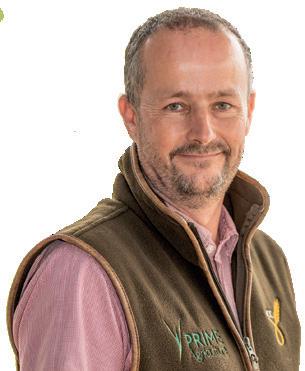
Brown rust is now being found in untreated trials of Theodore winter wheat – a hard group 4 wheat with a resistance score of 8.
This could indicate a po tential shift in the UK population, said Mr Stephenson.
The UK's warming climate was encourag-
ing brown rust to spread, he told the AICC summer technical conference. High levels of late season brown rust were being found much further north following the hot June.
“Only 13 samples have been received so far and UKCPVS needs more," he said.
“Please, if you find brown rust, send in a sample so we can get a better handle on what’s going on. There is certainly something happening out there.”
Susceptible varieties
While pathologists need disease samples from varieties with high resistance ratings, samples from susceptible varieties are also important, said Mr Stephenson.
This is because brown rust on susceptible varieties can provide scientists with an insight into population diversity.
AICC chairman and eastern region Prime Agriculture agronomist Andrew Blazey (left) called on farmers to engage with the monitoring initiative. Providing samples for researchers was critical, he stressed.
“It doesn’t take much time to take a sample post it – and results help to ensure advisers and growers have the most up to date information on managing some of these challenges in UK crops.”
When taking brown rust, yellow rust or mildew samples in the field, growers should take infected leaves and wrap them in tissue paper, before placing them in an envelope and sending them to FREEPOST UKCPVS with a completed sample form. For full details, visit www.niab.com.
10 ANGLIA FARMER • AUGUST 2023
Arable
Resilient varieties you can depend on whatever the season
Our varieties undergo 10 years of UK testing before 3 years of Animal and Plant Health Agency Variety trials for UK and Northern Ireland to confirm value for cultivation and use.
With more extreme weather and regional variation choose robust, resilient varieties for 2024 sowing. All varieties are rhizomania tolerant, and in addition Jackdaw is tolerant to Beet Cyst Nematode and Osprey to the more aggressive AYPR rhizomania. All are available with our own proven pellet technology and quality.
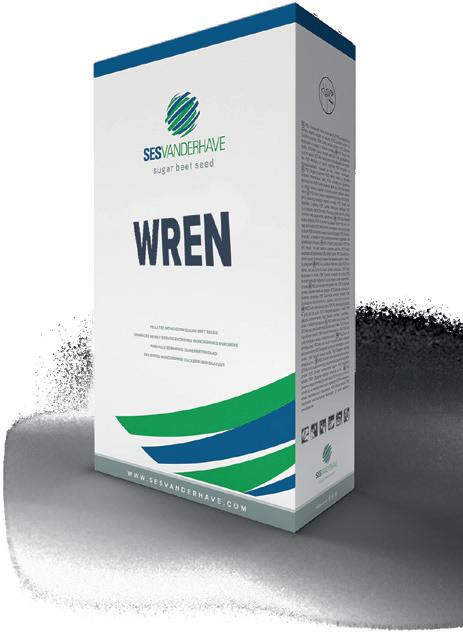

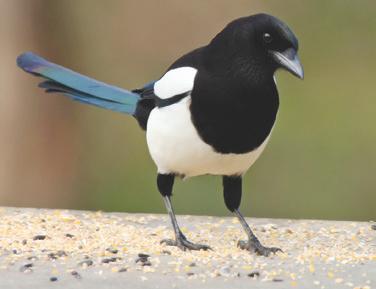
Wren, Adder, Osprey and Tawny are also on the BBRO Recommended List.
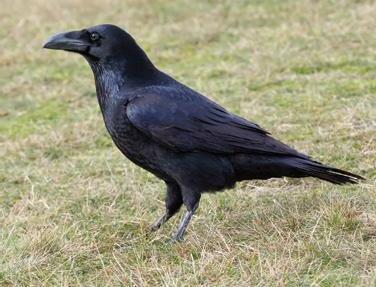
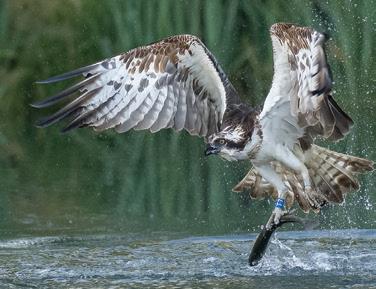




BCN NEW NEW NEW NEW RHIZOMANIA JACKDAW
AYPR NEW NEW NEW NEW RHIZOMANIA OSPREY RHIZOMANIA
RHIZOMANIA
NEW NEW NEW NEW NEW NEW NEW NEW
RHIZOMANIA ADDER RHIZOMANIA WREN RHIZOMANIA TAWNY
RAVEN
MAGPIE
SES VANDERHAVE UK LTD Heath Farm, Pottergate Road, Wellingore, Lincoln LN5 0DW T: 01522 442000 follow us on
Hybrid barleys have benefits against major diseases
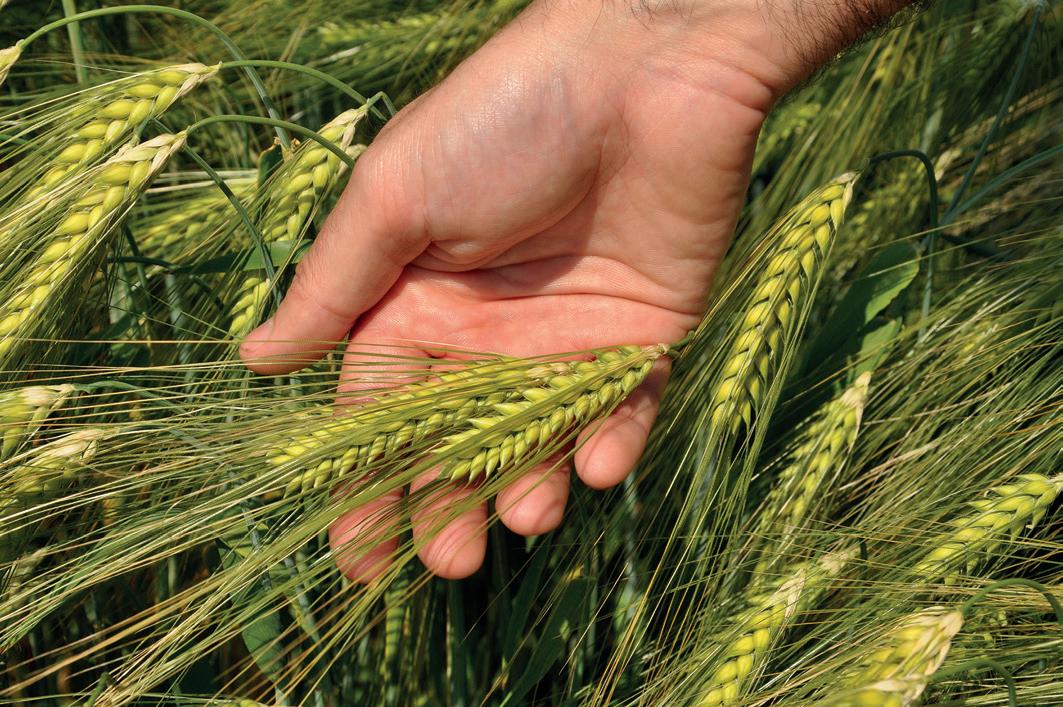
Good scores mean enhance protection
Seed available for planting this autumn
More hybrid varieties are on their way
wo hybrid winter feed barley varieties with enhanced protection against two key cereal diseases have been launched by Syngenta for planting this autumn.
With a UK treated yield of 105%, SY Nephin scores 8 out of 9 for rhynchosporium resistance – the highest rating for winter barley on the Agriculture and Horticulture Development Board Recommended List for 2023-24.
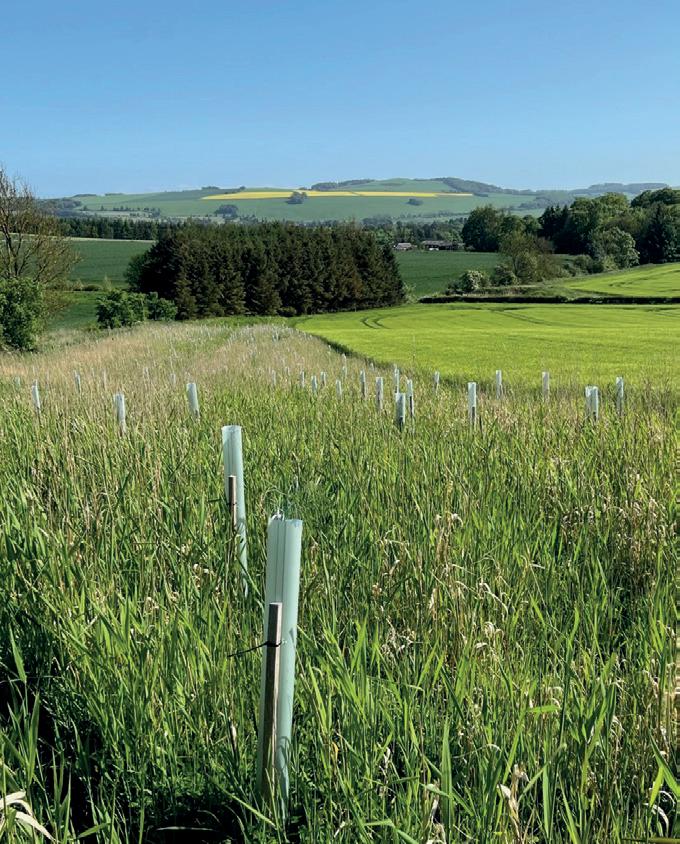
Stablemate SY Buzzard has a treated yield of 104% on the AHDB winter barley Candidate List. It is the first Syngenta hybrid barley with tolerance to bar-

PLANTING TREES FOR A HEALTHY FUTURE.
ley yellow dwarf virus (BYDV), says Syngenta seeds technical expert Ben Urquhart (pictured left)

“Rhynchosporium is the number one damaging fungal disease of winter barley, causing yield losses of over 1.5 t/ha as well as having the potential to impact grain quality,” says Mr Urquhart. “BYDV, which is transmitted by aphids, can cause winter barley yield losses of up to 50%.
“Both SY Nephin and SY Buzzard provide the hybrid vigour benefit of hybrid barley – which is associated with high and stable yields, vigorous rooting and competitive growth against a range of grass weeds. But they also bring other benefits.”
71% of the UK countryside is farmland, so getting biodiversity right on farms is essential – for our climate, wildlife and food security. Trees are vital and we’ve helped farmers plant over 4 million of them so far, benefiting business, people and nature for years to come.
Plant a brighter, healthier future on your land with our MOREwoods scheme. Our expert advisers will guide you through the application process, create a bespoke species mix, and supply the trees and protection you need. All with generous funding of up to 75%. Apply today to plant this winter. woodlandtrust.org.uk/plant
MOREwoods is funded by

Registered charity numbers 294344 and SC038885. The Woodland Trust logo is a registered trademark. Image: Chris Addison-Scott / WTML CP01225 07/23
12 ANGLIA FARMER • AUGUST 2023 Arable
SY Buzzard is the first in a pipeline of BYDV tolerant varieties from Syngenta
As well as scoring 8 against rhynchosporium, SY Nephin had a high untreated yield of 90% of treated controls on the recommended list – as well as a high specific weight of 71.4 kg/hl and resistance to barley yellow mosa-
“Strong rhynchosporium resistance offers growers potential breathing space if fungicide sprays are una-
SY Nephin has also shown good rooting – and produced superior crop establishment to a conventional sixrow winter barley after both no-till and deep-till cultivations. Relatively short-strawed compared to other hybrid varieties, it looks straightfor-
Mr Urquhart says growers should consider SY Buzzard in areas at higher BYDV risk; in fields where delaying drilling to reduce aphid numbers is not possible; and on farms seeking the £45/ha Sustainable Farming Incentive payment by growing the crop
“Growing a BYDV tolerant barley is an important part of an overall strate-
Crop Cooling Systems
The tough grain cooling pedestal

• A vertically standing, crop cooling and conditioning system.
• Draws heat out of floor stored crops, helping to maintain crop quality and price.

• Cost effective and flexible solution that ensures crops stay free from moulds and insects.

Stronger by Design
• Recommended for small seeds like Oil Seed Rape.
• No need to have an additional filter for small seeds.
• Louvred slots are less likely to block so equal air distribution is maintained through the crop.
gy to manage BYDV risk. In Syngenta trial plots inoculated with BYDV-infected aphids to create high disease pressure, SY Buzzard showed only mild virus symptoms and suffered minimal yield loss.
Other agronomic benefits include rhynchosporium and net blotch resistance ratings of 7 and 6 respectively on the AHDB Candidate List, resistance to BaYMV nd low levels of lodging and brackling.
"SY Buzzard has performed particularly well in the eastern region,” says Mr Urquhart.
For this autumn, while SY Nephin seed will be widely available. But SY Buzzard is in limited supply. That said, its launch marks the start of a pipeline of Syngenta hybrid barley varities with BYDV tolerance.
“Ever since we launched hybrid barley we have been improving the crop’s agronomic characteristics,” says Mr Urquhart.
“As well as improved disease tolerance, a big success has come from breeding hybrid barley with higher specific weights. Around one in three winter feed barley fields are now planted with a hybrid.”

Grain Ventilation Fans
• British Manufactured, built to last.
- Cast Aluminium Case
- Pressed Steel Impeller

- Thermal Overload
- Class leading air flow

• Our fans used on UK farms for over 50 years.
• Used in grain stores worldwide.
Supporting British
Planning a grain store? Talk to the experts Tel: 01935 850750 • www.evansandpearce.com
Manufacturing
TB11922 E&P Crop Cooling Systems Advert Half advert 132x188mm.indd 1 05/05/2022 10:42 AUGUST 2023 • ANGLIA FARMER 13
Consider urea options carefully next season
A
Switching from straight urea to fertiliser featuring urease inhibitors can boost productivity while reducing emissions – but management must be tweaked, say experts.
Farmers have a key role to play in complying with the government's increasingly stringent rules regarding urea-based fertiliser – not only to reduce ammonia emissions but to maintain market access to what is an important crop nutrient.
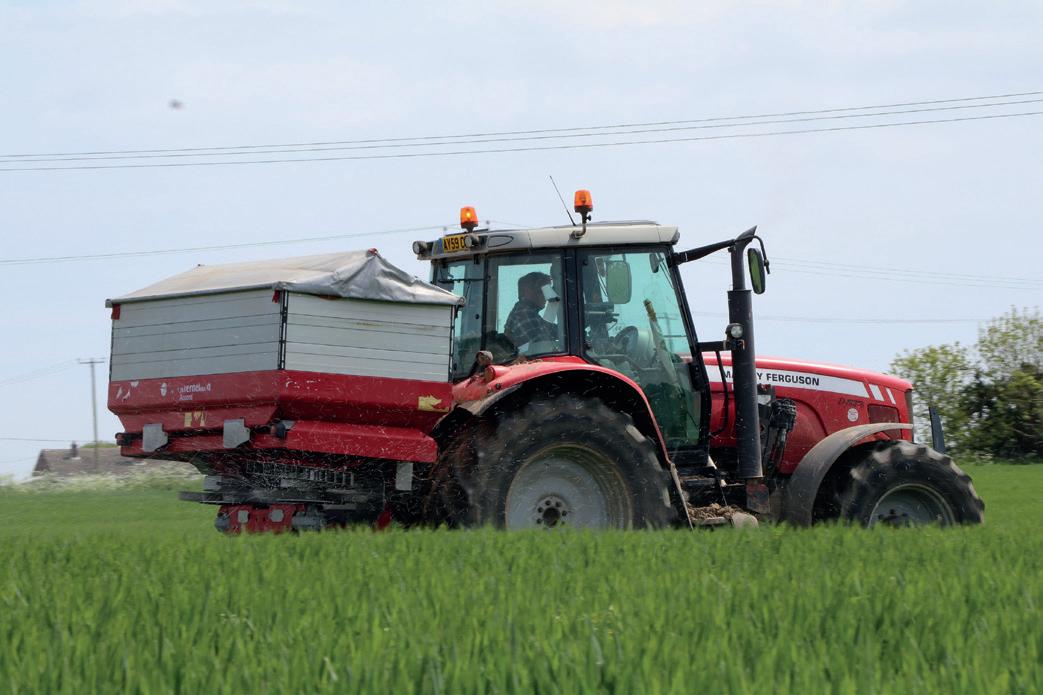
Defra's clean air strategy requires growers who spread urea fertilisers to use so-called protected products from 1 April next year (see box). These products are treated with a urease inhibitor to reduce ammonia volatilisation after spreading by upwards of 70%.

It is important to comply with the new rule because an outright ban on urea would be damaging, says Peter Scott (pictured right) technical director at Origin Fer tilisers. Besides, he adds, urease inhibited urea can offer perfor mance equivalent to ammonium nitrate (AN).

“Agriculture needs to main tain urea availability to offer alternatives for crop nutrition strategies. The industry has in troduced efficient protected urea fertilisers to reduce environmen tal losses and make more of the fertiliser we are applying.”
Options
For growers looking at protected urea for the first time, there are two distinct types of urease in hibitors that function in differ ent ways. Farmers should ensure they purchase the most suitable product to make the most of the fertiliser they apply.

The most common type of in hibitor is phosphoric triamides. It is available in both solid and

liquid forms as NBPT (Sustain), NPBT/ NPPT (Limus) and 2-NPT (Alzon Neo-N).
The other type of inhibitor is a carboxylic carbohydrate, with Nutrisphere being the sole op
14 ANGLIA FARMER • AUGUST 2023 Arable
clampdown on fertiliser emissions means more growers are considering switching to protected urea.
Rules on the use of ureabased fertiliser are becoming increasingly stringent
What is the new rule?
Option 4 of Defra's clean air strategy stipulates that farmers using urea fertilisers must commit to products containing a urease inhibitor.
The rule applies from next year for applications between 1 April and 1 September for arable growers; and between 1 April and 15 September for grassland producers. It applies to fertiliser containing 1% urea or above – including blends, not just straight urea.
Monitoring of Option 4 compliance will be through Red Tractor farm assurance scheme staring from next April. Compliance should be viewed as a cross-industry approach to reduce ammoniaemissions and avoid further restrictions on urea, say suppliers.

“As fertiliser prices have stabilised at more familiar levels, growers will be keen to secure supplies – so understanding the nuances of each inhibitor is essential before ordering,” says Peter Scott, technical director at Origin Fertilisers.
“By using a protected urea fertiliser, growers will be reducing losses and maximising any investment in fertiliser.”
Fertilisers as Origin Enhanced Nitrogen (OEN) and as a liquid from Agrii as Liqui-Safe.
Explaining the key differences between the inhibitors, Mr Scott says: “All phosphoric triamides use the same mode of action, forming an analogue of urease to block active sites, slowing urea hydrolysis, and reducing the risk of volatilisation.
“On the other hand, Nutrisphere is a combination of organic acids, which use a high cation exchange to temporarily sequester nickel in the soil, slowing down urea hydrolysis.”
Both offer similar performance to AN and there are fewer restrictions on the storage of urea-based fertilisers – and


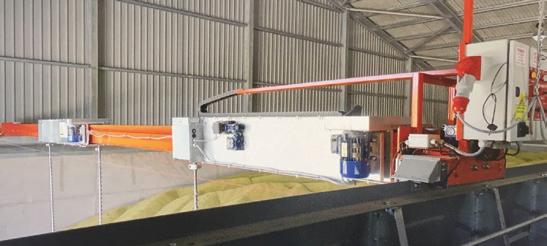
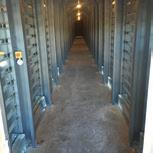

significant reductions in greenhouse gas emissions during production, says Mr Scott.
In addition, Nutrisphere is dual acting because it is also a nitrification inhibitor – helping to reduce the risk of nitrates leaching into water by sequestering the catalysts for nitrifying bacteria.
Combating degradation

One of the benefits of Nutrisphere is that it can be blended and stored with different nutrients – whereas phosphoric triamides have been proven to degrade when stored with phosphates, says Mr Scott.

This is due to the acidity of phosphate attacking the inhib-
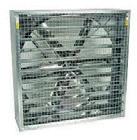



A PASSION FOR PEOPLE HCR Hewitsons is a trading name of Harrison Clark Rickerbys Limited. Harrison Clark Rickerbys Limited is authorised and regulated by the Solicitors Regulation Authority (SRA number 520892). The market-leading team are specialists in supporting agricultural businesses and rural land owners across the country. Denise Wilkinson Head of Agriculture and Estates www.hcrlaw.com 07799 863 855 HCR Hewitsons are an NFU panel firm for Bedfordshire, Cambridgeshire and Norfolk. PELLCROFT www.pellcroft.com sales@pellcroft.com 01526 342466 Manufacturers of centrifugal, low volume and portable fans,
drive
stirrers and
burners. AUGUST 2023 • ANGLIA FARMER 15
air tunnels,
over floors, grain
gas
Continued overleaf
Arable
Continued from previous page
itor and reducing its efficacy as a protected urea fertiliser. Con sequently, this has restricted op tions for growers looking to use urea NP and NPK fertilisers.

Mr Scott explains how Nutri sphere differs in this case.
“Nutrisphere has EC certi fication – and part of the trial work involved testing its com patibility when blended with phosphate. It showed there is no weakening of the inhibitor in this situation, with the Nu trisphere still as effective at ap plication.”
Yara joins plastic recycling scheme

Fertiliser maker Yara has become the latest compa ny to join the Green Trac tor scheme to help farmers recy cle plastic waste.
BTS SMART 9485
THE BEST ALS HERBICIDE PACKAGE
Tolerance: Rhizomania & CONVISO ® ONE
High adjusted tonnes: Treated 94.3%
Good early and normal sowing bolting resistance
Good disease resistance profile
Rhizomania tolerant

BETASEED. SIMPLY DIFFERENT. www.betaseed.co.uk
The Green Tractor was es tablished in 2020 by agricul tural plastic recycling special ists who recognised the need to encourage more farmers to re cycle waste plastic.
The goal is to ensure all farm plastic is recycled by 2030 – pri marily through a network of in dependent waste plastic collec tors and more than 80 collection points which are dotted across the country.
Shared aim
Yara joins an increasing num ber of environmentally-focused companies that have joined the scheme with the same shared aim – to bring about positive change in the agricultural sector while helping the planet.
Yara sustainability manag er Mark Tucker said: “We joined the scheme to demonstrate a de sire to support rural recycling and promote trade within the farming community.
“Green Tractor helps us show we are a business taking a sustainable stance for agriculture to support the farming industry and circular economy.”
ready in the scheme.
“Green Tractor assures that farm plastic recycled through their network is to the highest
Limagrain UK Ltd Rothwell, Market Rasen Lincolnshire, LN7 6DT Tel : 01472 371471 Enquiries@limagrain.co.uk www.lgseeds.co.uk/sugarbeet Distr ibuted by
credited, and dealt with correctly and due diligence is performed to ensure farm plastic is recycled and repurposed.”

Omex to stop suspension fertiliser production
Omex Agriculture is to cease production of suspension fertilisers from 1 January 2024 – but it will be business as usual until this date, with autumn customers supplied in the usual manner.
Increasing risk management and the resulting business constraints along with compliance obligations in a changing regulatory landscape have made suspension fertilisers for Omex in the UK no longer viable.
All other product lines remain unaffected.

Instead, Omex will be nationally promoting the use of solution fertilisers from its new Multiflo range. This is formulated to provide farmers with a true compound fertiliser which contains the complete analysis required for each customer.
The new Multiflo programme offer a lower carbon footprint for crop production as well as increased nutrient use efficiency throughout the lifecycle of the crop, says Omex.

SIGNIFICANTLY
Tolerance: Rhizomania
Highest yielding variety available
High consistency of performance
Very good disease tolerance
Suspension
is no longer viable in the UK, says David Booty, of Omex.

For normal and late drilling Limagrain
For details of the highest yielding sugar beet variety see: https://bbro.co.uk/ sugar-beet-varieties/recommended-list/
SIMPLY DIFFERENT.
BETASEED.
www.betaseed.co.uk
BTS 1915
DIFFERENT
UK Ltd Rothwell, Market Rasen Lincolnshire, LN7 6DT Tel : 01472 371471 Enquiries@limagrain.co.uk www.lgseeds.co.uk/sugarbeet
Distr ibuted by Distr ibuted by
fertiliser production








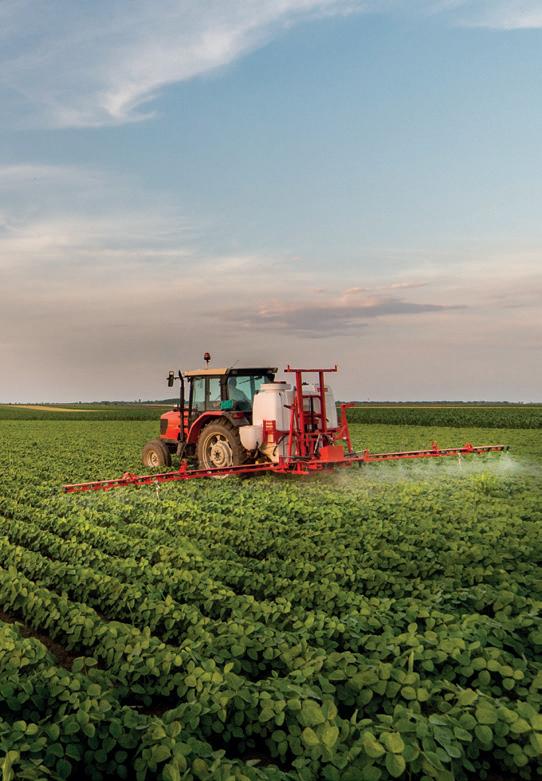



www.plugandcool.co.uk 01621 868 138 www.plugandcool.co.uk sales@plugandcool.co.uk 5 YEAR WARRANTY* *5 Year manufacturer’s warranty on fans only Call 01236 421835 e: info@drivers-seats.com www.drivers-seats.com Forklift seats and seat spares for all types. Full stock of GRAMMER seats and spare parts in stock. KAB SCIOX tractor seats. Full range of economy tractor seats. Truck seats from GRAMMER, KAB and ISRI. Seat repairs, covers and spare parts for all ranges. Thomas Scott Seating Celebrating 96 years in business 1924-2020 Integrity Asset Finance Ltd is an Appointed Representative of AFS Compliance Limited which is Authorised and Regulated by the Financial Conduct Authority No. 625035 07300 840118 www.integrityassetfinance.com andy@integrityassetfinance.com Supporting farmers with their financing needs Agricultural equipment Asset Finance specialist 18 ANGLIA FARMER • AUGUST 2023
Battle against brome requires multi-pronged approach
• Problem weed now in more fields
• Herbicide resistance is challenge
Cereal growers are being reminded to use a selection of herbicide active ingredients when tackling brome this autumn.
Although classified as a competitive weed, brome has until now been largely confined to field margins, with any seeds that migrated into fields prevented from germinating by the burying action of ploughing.
So far, so good. But the increasing popularity of min-till and no-till establishment as a cheaper and more soil-friendly alternative to ploughing has resulted in more brome in cereals and oilseed rape. This poses a significant threat to crop viability.
A vigorous growth habit means just five brome plants per square metre can cause a 5% yield loss in cereals – similar to blackgrass and ryegrass. A nd herbicide resistance means a range of options should be considered when tackling the weed.

Full control
A robust sequence of pre- and post-emergence sprays is needed to ensure adequate levels of control are achieved, says herbicide expert Bill Lankford, of Adama UK. A range of active ingredients and timings is required to provide full control of the UK’s five main brome species, he adds.

Independent trials carried out by Adas suggest the efficacy of Tow er (40 g/l diflufenican, 300 g/l pendimethalin and 250 g/l chlorotoluron) varies ac cording to target species and timing of application, with each species of brome responding differently, says Dr Lankford.
Herbicide Tower is not only effective against troublesome annual meadow grass and broad-leaved weeds, but also offers useful activity against sterile, meadow and
good activity as a partner product in ryegrass and groundsel control programmes.”.
Field-by-field approach
“Instead of a ‘carte blanche’ or farmwide approach to brome control, growers must understand exactly which species they are tackling before tailoring their weed control programme to match the growth stage of crops and germination phase of weeds on a fieldby-field basis.”
Rye and sterile brome are most susceptible to Tower when applied at preor early post-emergence (GS11-13) timings, suggest the Adas findings. But meadow brome is only susceptible when applied with diflufenican at pre-emergence, or with prosulfocarb from pre-emergence to tillering.
The addition of prosulfocarb was also shown to improve control at all timings for all species of brome.
Residual life
This all means growers and agronomists should no longer rely solely on post-emergence ALS treatments to clean-up crops in the spring. Instead, they should also use early post-emergence treatments to extend the residual life of pre-emergence sprays.
“The trials indicate a clear difference in the performance of different active ingredients when applied to
Above: Brome is becoming more of a challenge in cereals and oilseed rape
Below: Different types of brome need different approaches, says Bill Lankford
with sufficient moisture. But these conditions are not the same as those found in field situations.
“Practical brome control programmes therefore need to consider the biology of the field population and the sensitivity of that population to herbicides, particularly ALS inhibitors to which there is already some known resistance.”
Four species
Additional trial work has also shown that Falcon (100g/l propaquizafop) provides excellent protection against four of the brome species, giving a 9298% reduction in target populations of ALS resistant barren, great, meadow and rye brome.
“Falcon is the leading herbicide for the control of volunteer cereals in broad-leaved crops – and it can also be used as part of an integrated pest approach for brome reduction in winter oilseed rape and other broad-leaved crops,” says Dr Lankford.
“We also found that cycloxidim works well to control ALS-resistant brome species in oilseed rape, with an application of Falcon to control volunteer cereals and a subsequent treatment using cycloxydim to tackle later emerging grassweeds [including brome] throughout the autumn.
“This gives oilseed rape growers the option to target subsequent flushes of brome with different active ingredients than those used in their autumn cereal herbicide stack.”
AUGUST 2023 • ANGLIA FARMER 19 Arable
• Range of options required to win
“
A field-byfield strategy is vital
Mixed offering for winter wheat and barley growers
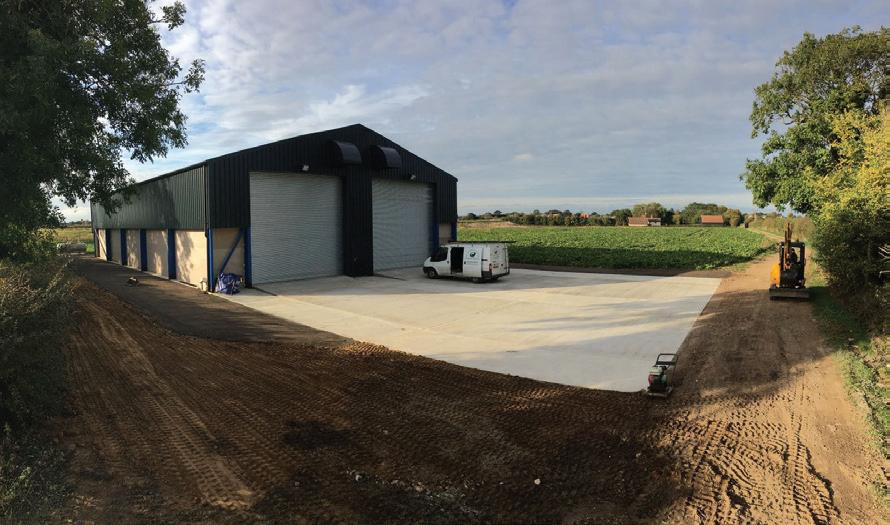
David Bouch highlights his wheat and barley choices for autumn drilling
consider in feed wheat should consider RGT Grouse. It offers new genetics to enable significant benefits in BYDV and OWBM management. It could be a serious contender.
Yield is king in the main pack of Group 4 wheats. One trials candidate worth noting is Bamford from Elsoms. It signals a step forward from previous options in this sector –and could have a big impact in autumn 2024 – offering decent yields, good grain quality

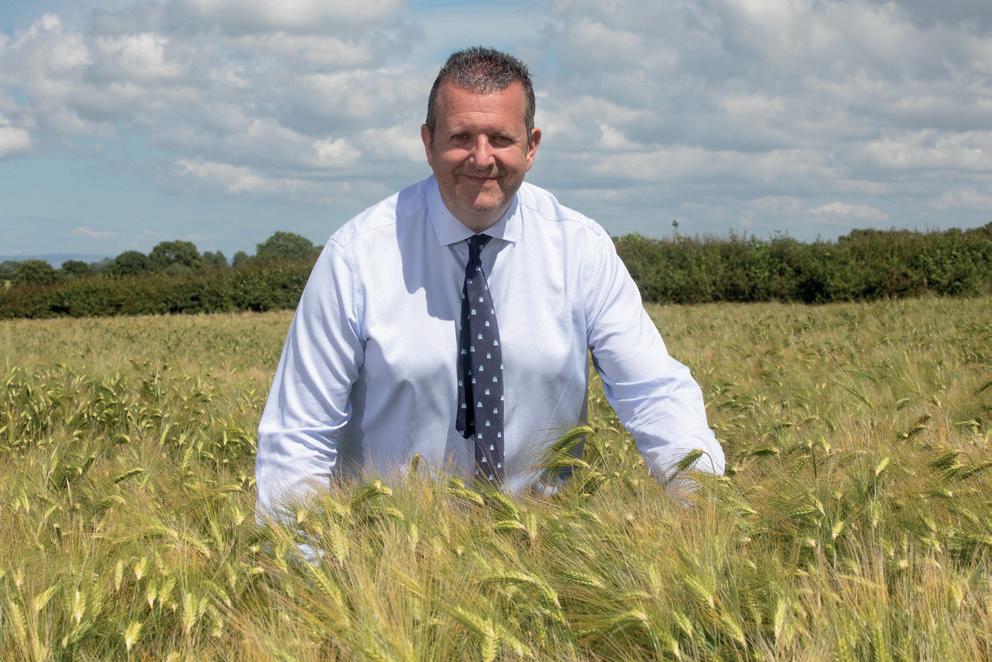
Barley
New genetics mean BYDV tolerant hybrid barley is for the first time commercially available in the guise of SY Harrier and SY Buzzard. Seed will be limited for this coming season with growers keen to capitalise on a step change in BYDV management in the hybrid sector.
The Hyvido market share is likely to continue to be circa 30%, although we will see a greater challenge from the conventional tworow barleys in the shape of both LG Caravelle and LG Capitol from Limagrain.
LG Caravelle has yield to match the best Hyvido varieties, and in the East outperforms both Hyvido and conventional barley. It also offers excellent grain quality.

There are no outstanding new feed wheats following the introduction of KWS Dawsum and Champion last year. But LG Redwald sets the new standard for yield. It has the high est yield potential on offer but needs careful and considered management by growers to utilise its significant capability.
Most other new arrivals offer little by way of advancement over the previous year. This means it may be a case of ‘better the devil you know’. Gleam remains remarkably consist ent – and has not let anyone down yet. Gra ham remains popular in the west.
Growers looking for something new to





Grain storage and handling Steel framed buildings Groundworks All types of concrete Turnkey projects Phone: 01379 678459 Email: info@jhvaudrey.co.uk www.jhvaudrey.co.uk JH Vaudrey & Son Ltd 20 ANGLIA FARMER • AUGUST 2023 Arable
KWS Zyatt remains a popular milling wheat despite yellow rust.
“
Redwald sets the new standard for yield
Increased flexibility
Mayflower has a wider, more flexible growing window than its competitors.
Increased income opportunities



When grown as a milling wheat, it consistently achieves the 13% contract specification of protein with a specific weight of 79.2kg



Reduced fuel costs
Reduced chemistry costs
Excellent disease package with a Septoria score of 8.9, as well as Soil Wheat Mosaic Virus and PCHI to Eyespot.
This season choose the lower input variety. It could just deliver a higher impact on your bottom line.
Speak to your seed merchant today about availability.
Reduced nitrogen costs
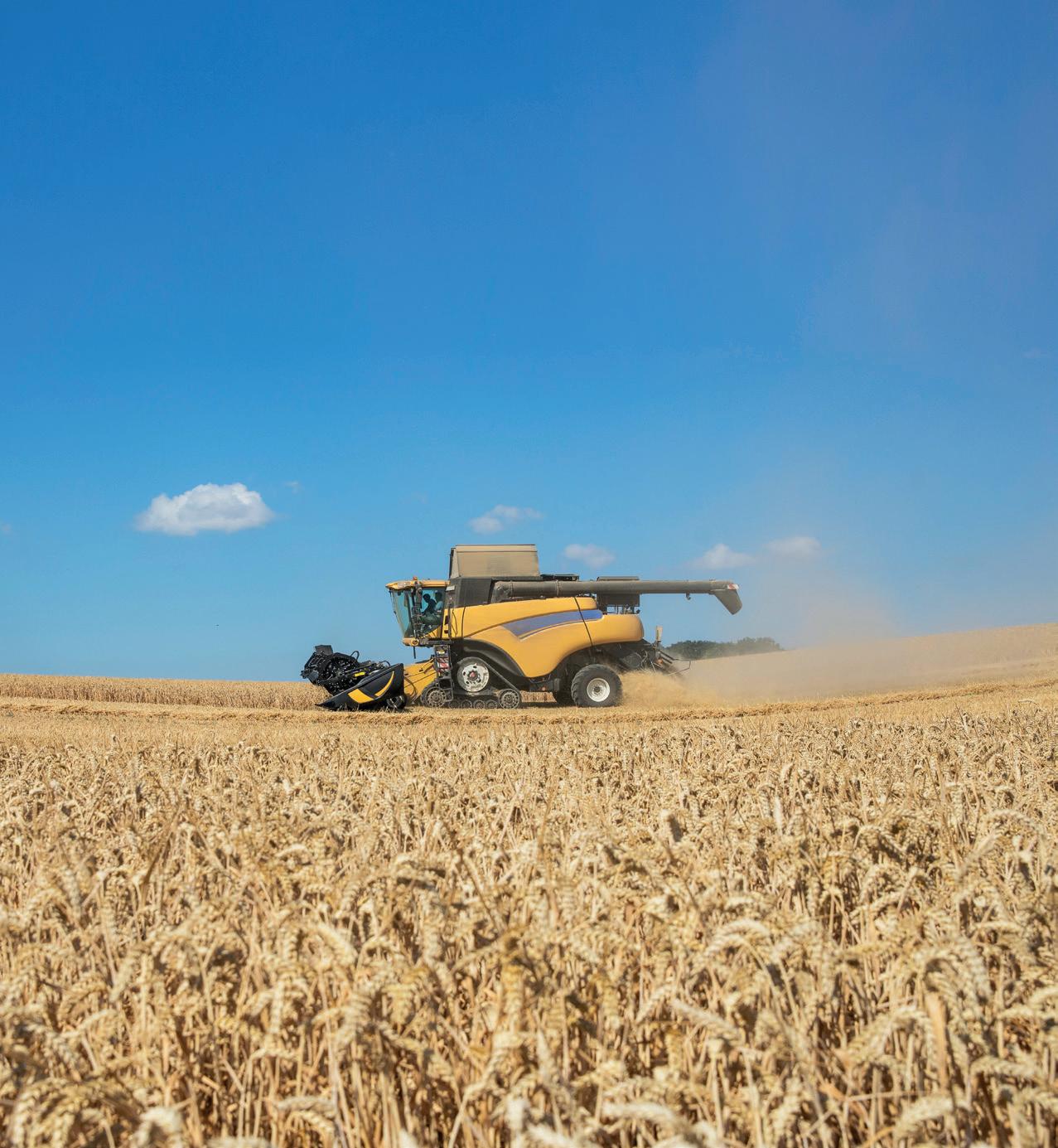
Recent trials prove when N levels are reduced, Mayflower’s relative yield increases compared to other established varieties.
Less inputs and passes means fewer litres in the tank. elsoms.com



NEW
When everything’s going up, it pays to bring your costs down.
Growers urged to beat rust threat
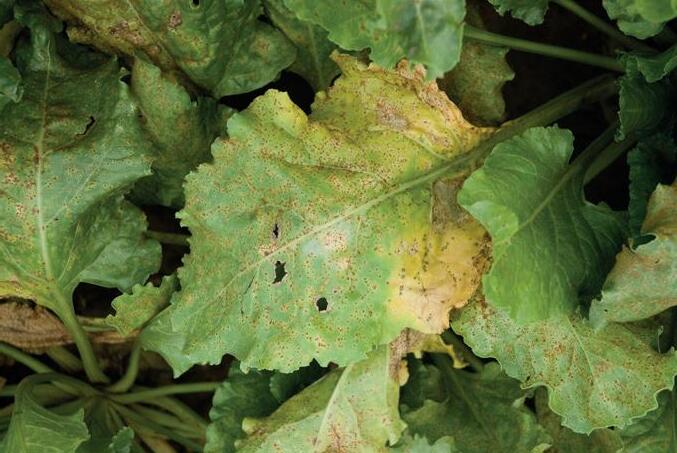
• Be alert for higher disease risk
• Keep close eye on beet crops
• Two-spray programme is best
Cool wet weather has seen sugar beet crops come under intense disease pressure, with rust infection the greatest concern for growers and agronomists.
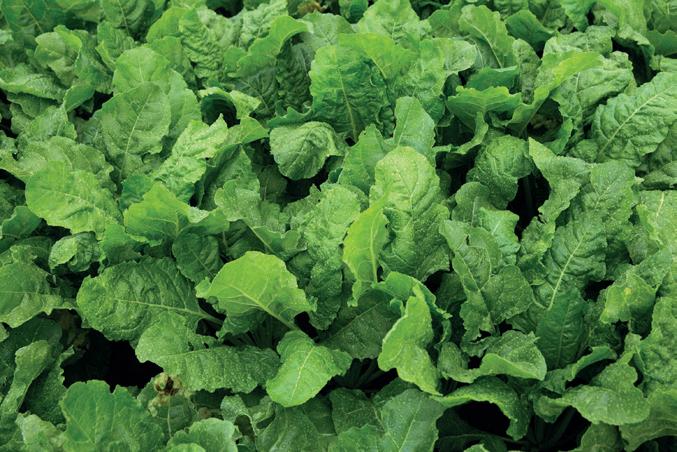
Protecting green leaf area in the coming weeks is a priority to enable plants to build yield – particularly af ter this season's challenge of late establishment was followed by the effects of heat stress in June.
Cooler and wetter conditions in many areas over recent weeks have been especially favourable to rust development – and growers should keep a close eye on their beet crops, says Syngenta technical manager Andy Cunningham.
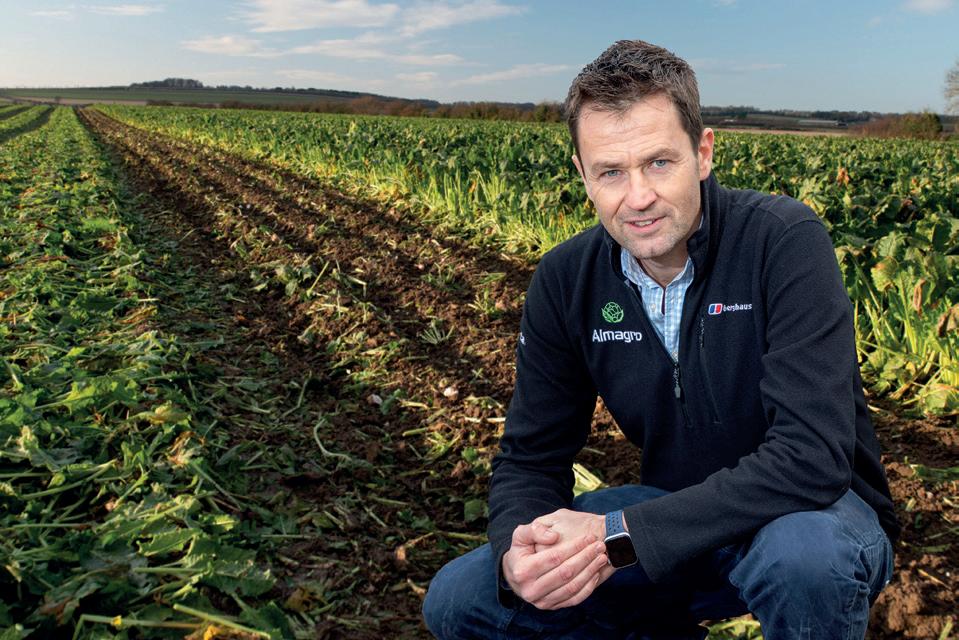
In similar high-pressure situations last year, trials in Lincolnshire found that a two-spray Priori Gold programme in August reduced the in fected leaf area from over 85% of the crop in untreated plots to just 19.8%.
Higher yields
Beet treated with Priori Gold – a co-formulation of azoxystrobin and difenoconazole – yielded an average 87t/ha, compared to under 75t/ha in untreated crops and 83t/ha in crops treated with either mefentrifluconazole + fluxapyroxad; or fluopyram + prothioconazole.
With a higher sugar content in Pri
ori Gold treated roots, the two-spray programme returned an extra margin worth £680/ha hectare over untreated crops, with other fungicide options generating a £312/ha or £260/ha return respectively.
“Priori Gold was clearly the best product for controlling rust in the trial. But other trials have repeatedly demonstrated its outstanding broad-spectrum effects on other beet diseases – including ramularia, powdery mildew and cercospora too.”
Low cercospora risk
Relatively cool conditions this season have been far less conducive to
Above left: Wet leaves from dew or irrigation are conducive to rust outbreaks
Above right: Untreadted rust infections can result in much lower yields
Below: Looking after the green leaf area is key, says Andy Cunningham
The overall efficacy is further bolstered by difenoconazole that is proven to protect against a broad disease spectrum.
“Together the two actives are incredibly powerful for beet disease control,” says Mr Cunningham. “Furthermore, it is a highly cost-effective option that can deliver higher margins for growers.”
Growers can make two applications of Priori Gold per crop at a rate of 1 litre/ha, with the latest time of application when roots have reached harvestable size (GS49) and not less than 35 days before harvest.
22 ANGLIA FARMER • AUGUST 2023 Arable



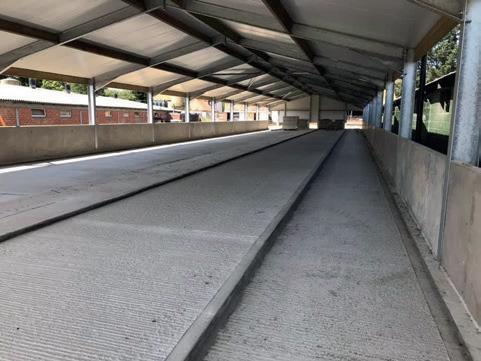




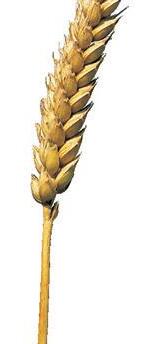

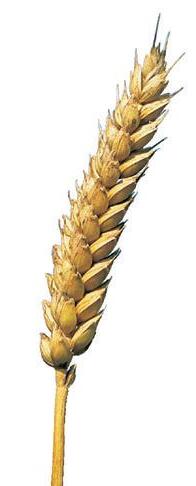


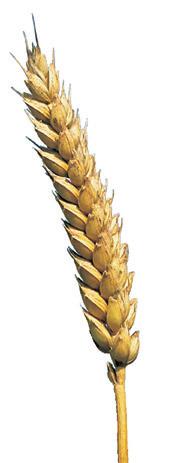

Handling & Milling Systems • Manufacturers of steel framed building, grain stores, livestock buildings general purpose building and commercial building • All building designed in house to EN1090-2, and erected with our own employed staff • Grain drying and handling systems supplied and installed • All ground and civils works under taken to provide a turnkey project All groundworks undertaken Tel: 01692 535444 / 07717 478196 E: andrew@mconstructionservices.co.uk W: www.mconstructionservices.co.uk All buildings constructed CE marked DIN1090 LOWER OAKLEY, DISS, NORFOLK IP21 4AQ FIVE REASONS TO GROW Costello will reduce your risk and enhance your profit Resistant to yellow rust Consistent performance in all situations Short, stiff straw RESISTANT TO SOIL-BORNE MOSAIC VIRUS Exceptional grain quality, with the highest specific weight on the AHDB RL 4 5 3 2 1 Tel 01223 890777 • info@senova.uk.com • @SenovaLtd • www.senova.uk.com SCAN ME AUGUST 2023 • ANGLIA FARMER 23
Grain
Book in advance online and get exclusive discounts on your tickets
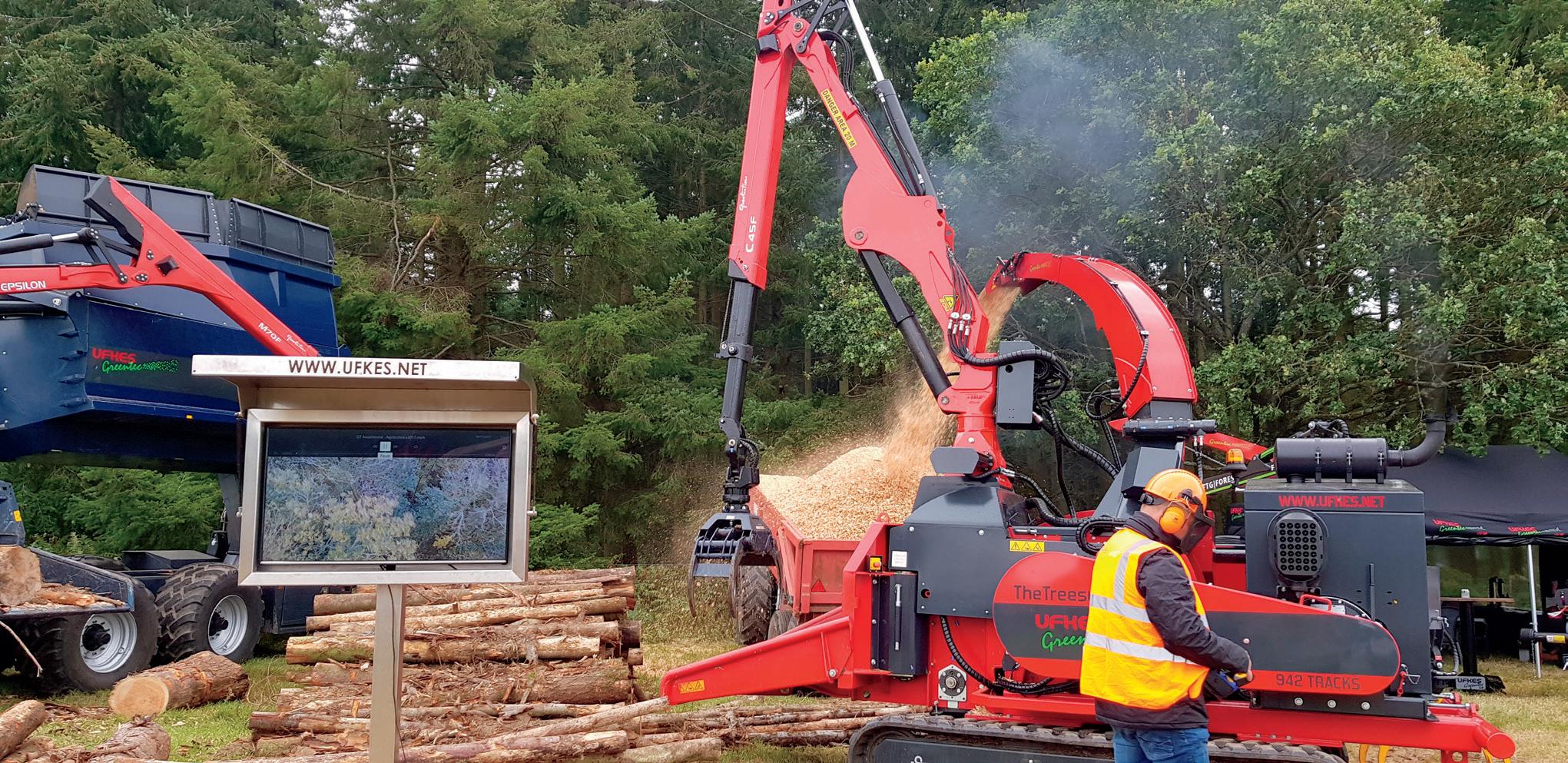
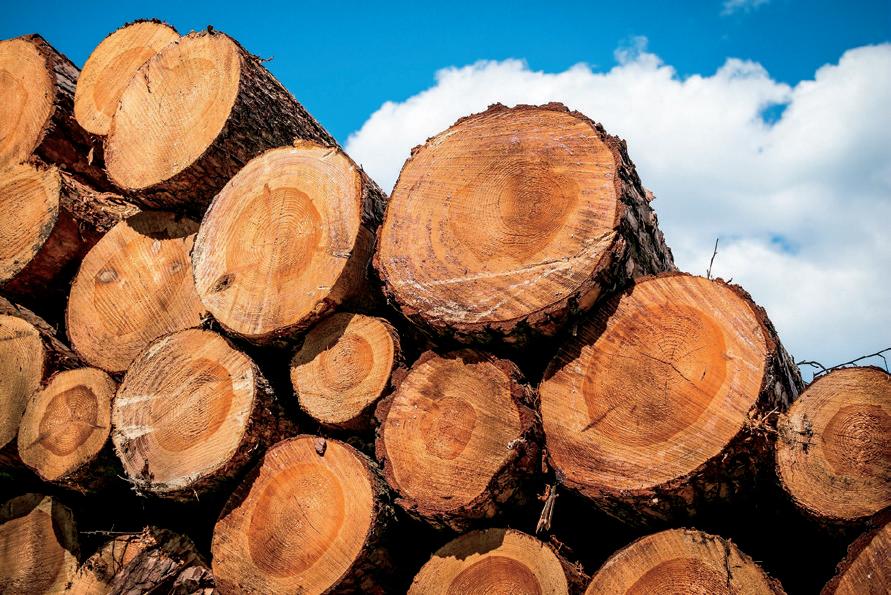
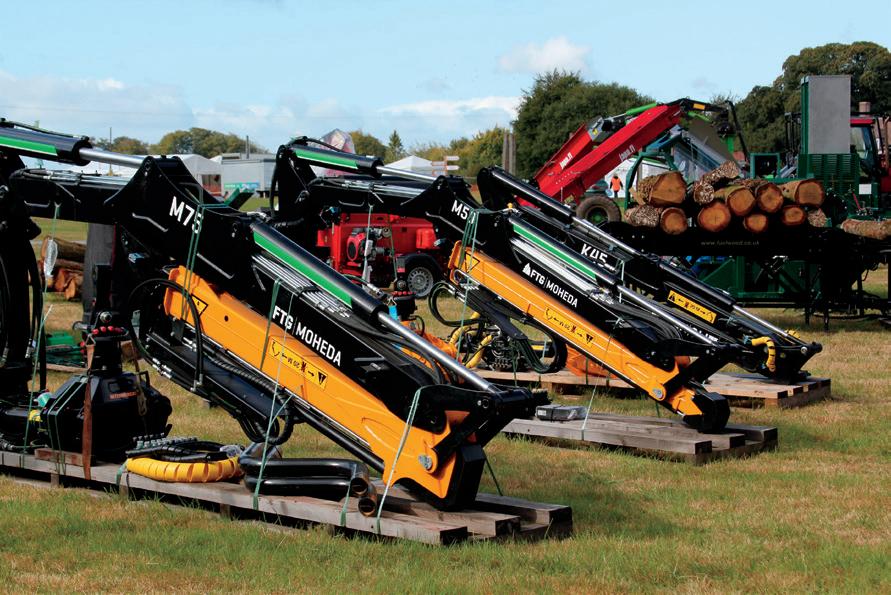
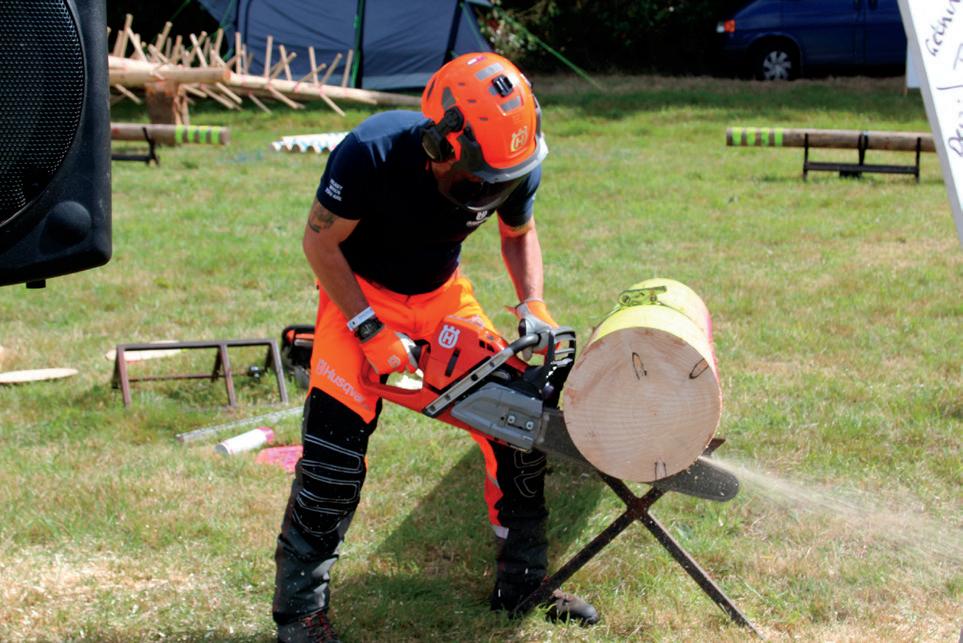
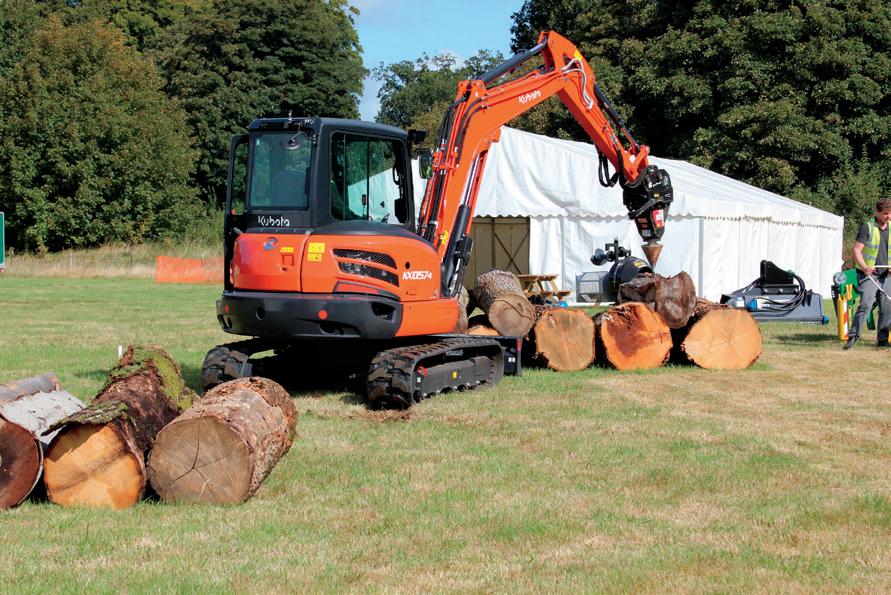



ETS ON SALE N Industry Seminars & Discussions Live Machinery Demos
Oilseed rape shrugs off pest and disease threat
• Impressive on-farm performance
• Minimal nitrogen and other inputs
• No flea beetle or pigeon damage
Varietal choice is helping a Norfolk grower protect his oilseed rape crop against the worst effects of cabbage stem flea beetle (CSFB).
Robert Jenness, of Butcher Farms, near Great Fransham, says he is impressed by the high autumn and spring vigour offered by winter rape varierty DSV Dart – combined with its allround disease package.
"In terms of establishment, ability to grow through pest and disease threats and then really get going after the winter, DSV Dart is probably one of the best varieties we have ever grown here," he says.
"It's suffered no damage from flea beetle in the autumn with no insecticide being necessary and also grew away from the pigeon damage we usually experience in the spring, despite it being particularly cold and wet this year."
Key player
The farm encompasses some 400ha of cropping. Oilseed rape is a key break crop in the six-year rotation – alongside feed wheat, winter and spring barley, spring beans and grass grown for the equine feed market.
"We've pretty much stuck with 60ha of oilseed rape in our rotation over recent years, as it's the ideal break crop for us and it works well in the block cropping approach we use.
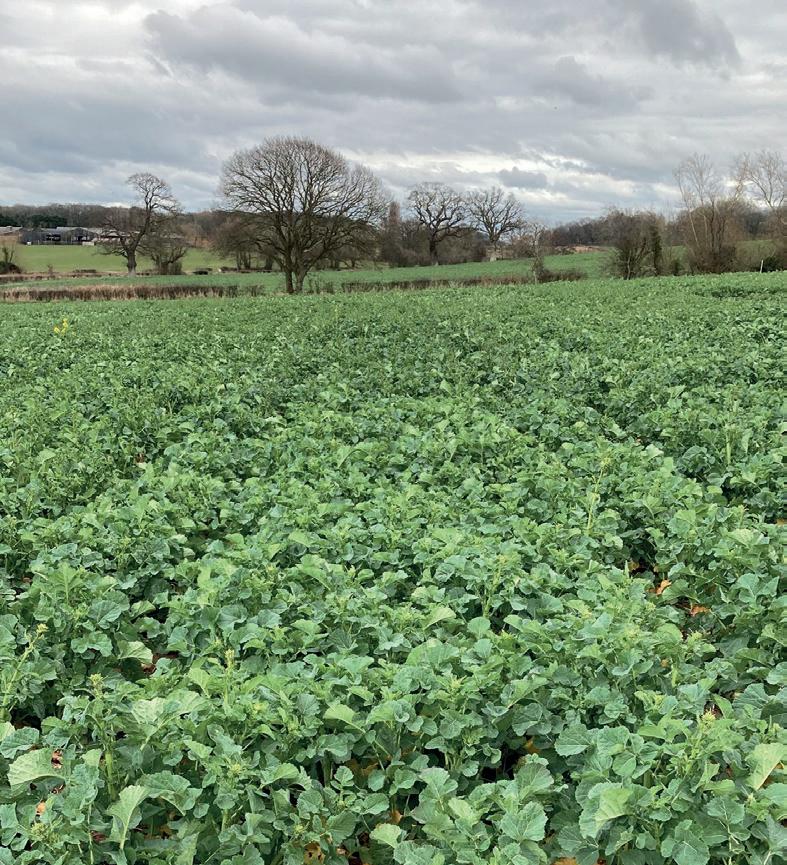
"We have had disease and pest problems in the past so top of the features we look for in a variety are good early vigour, a strong overall disease resistance package and the ability to power away in the spring.
"DSV Dart ticked all these boxes with excellent yields and oil content too, so we decided to put 60% of our oilseed rape area down to the new variety this year.
"It would have been all DSV Dart, but we decided to try a Clearfield variety to help us deal with a weed problem in certain fields."
The field was then rolled in with a rib roller. "The crop emerged strongly and quickly a few days later and within a few weeks was much further ahead than the other oilseed rape on the farm,” says Mr Jenness.
"Even without an insecticide, it came through the winter unscathed and has looked really good all the way through to summer, requiring only a little bit of Nitrogen in the spring.
"Yield-wise, the recent hot and dry weather probably means it's not going to be the best year for oilseed rape, but I am confident our DSV Dart will achieve the farm's five-year average of 4.9t/ha which is pretty good considering the year we have had."
First choice
High levels on in-built genetic vigour in both autumn and spring can give plants the boost they need to grow through CSFB threats whether they be from adult or larval stages, says DSV technical manager Andrew Hartley.
"A strong, resilient variety should be the cornerstone of every producer's strategy to counter CSFB attack. Other key traits can help bolster a crop's overall potential, but excellent vigour is an absolute essential.
"Time after time and across many trials, we have seen Dart outperform many other varieties in terms of speed of establishment and ground cover in
DSV Dart should be on everyone’s autumn drilling list, particularly in flea-beetle prone areas, says Mr Hartley, with more growers starting to use it as their first line of defence in mitigating against pest attack.

Step forward
"Dart marks a significant step forward in DSV’s production of reliable, simple to grow, high output oilseed rape varieties especially developed for the current economic and environmental climate.”
It's a reliable variety to grow with a gross output of 103% in the east/west region and an oil content of 45.2%, according to the Agriculture and Horticulture Development Board Recommended List for 2023/24.
"Furthermore, the variety has a solid agronomic performance featuring a 7 for light leaf spot resistance plus RLM7+ phoma stem canker and TuYV protection too.
A couple of 8s for resistance to lodging and stem stiffness mean Dart is a consistent performer in the field, says Mr Hartley. It is also the first oilseed rape variety to be listed that includes the breeder's new HarvestMax technology.
AUGUST 2023 • ANGLIA FARMER 25 Arable
“
It has excellent yields and oil content
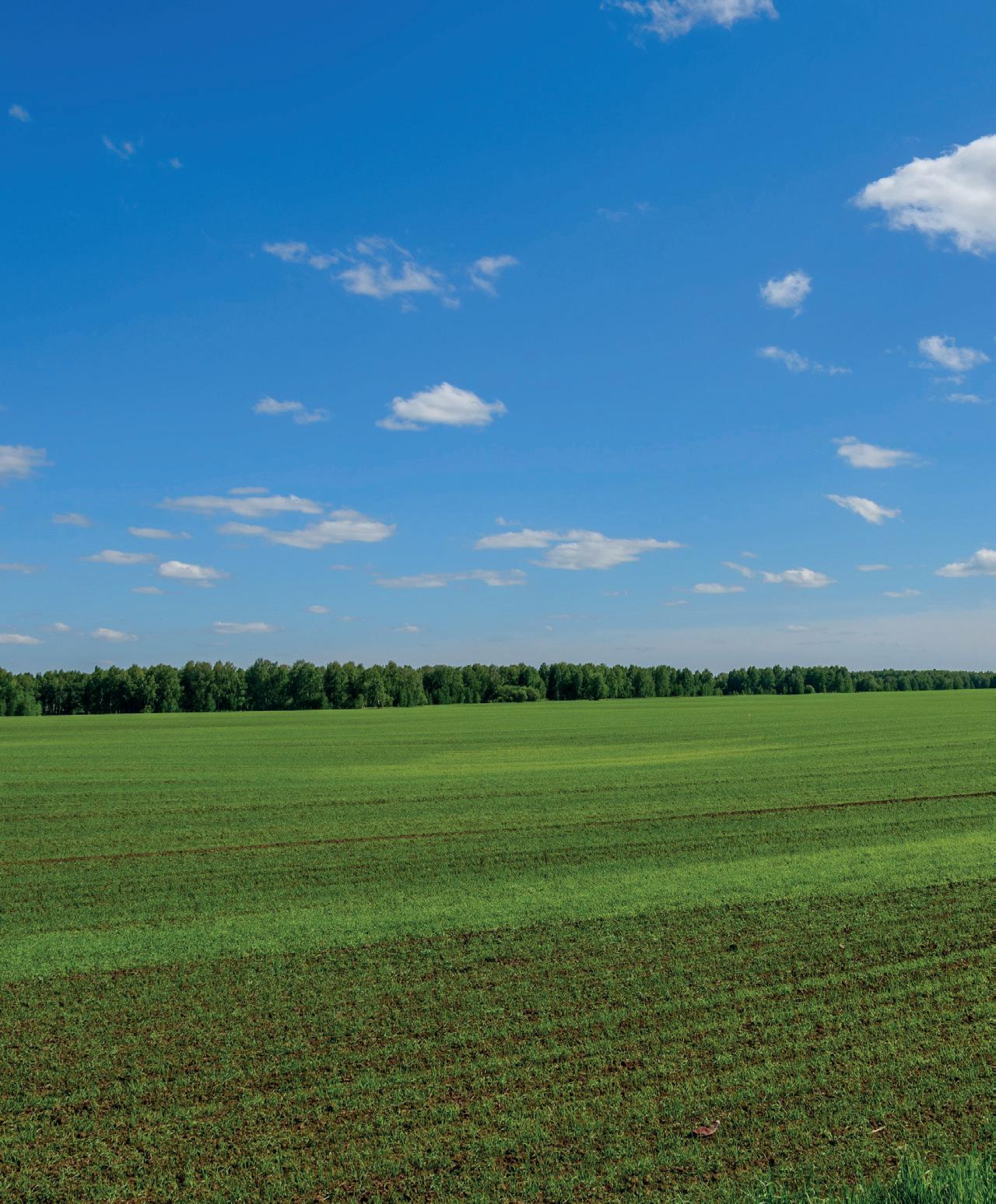





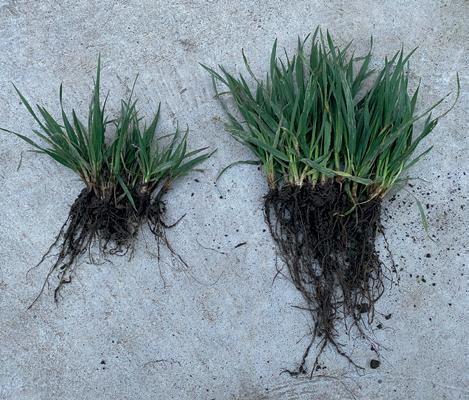

Soil Special
Revamped SFI scheme aims to improve soil health
• Flexible Sustainable Farming Incentive
• Open for applications from this month
• Defra wants to encourage more farmers
Farmers will find it easier to secure funding from Defra’s revised Sustainable Farming Incentive – but three soil standard options have been dropped.
One of three components of the Environmental Land Management Scheme (ELMS), the SFI pays farmers to adopt and maintain sustainable farming practices which protect and improve the environment.
Revised scheme
Defra recently revised the scheme to attract more farmers. The 2023 SFI is expected to open for ap plications this month.
The older 2022 SFI has been closed and with farm ers given the option to join the new scheme.
Commenting on the changes, Savills farm consult-

ant Matt Riddington
“One of the most important changes to the SFI is the structure itself.
“The 2022 SFI employed ‘stand ards’ – introductory and intermedi ate levels – which resulted in differ ing rates of pay. However, the 2023 SFI moves away from the ‘stacking’ idea of standards and instead adopts a ‘pick and mix’ system.”
The 2023 SFI comprises 23 actions which look very similar to the wellknown structure of the Country side Stewardship Scheme. The revised structure is more flex ible, especially where basic op tions can be layered alongside
be added where the generation of further income is required, which means the new system can be more tailored and accommodating of individual farm
Actions to improve soil health
The SFI actions for soils are focused on improving soil health, soil structure, organic matter and biology.
SAM1: Assess soil, produce a soil management plan and test soil organic matter (£5.80/ha and £95 per SFI agreement per year)
This action aims to ensure farmers understand the condition of their soil and effectively plan how to increase the long-term health, productivity and resilience of soil
SAM2: Multi-species winter cover crops (£129/ha per year)
This action aims to ensure a well-established multi-species cover crop over the winter months. The purpose is to protect the soil surface, provide root growth that benefits soil structure, support soil biology and minimise leaching, soil erosion and runoff.
SAM3: Herbal leys (£382/ha per year)
This action aims to provide varied root structures. This purpose of this is to help improve and maintain the soil’s structure, carbon, biology and fertility.
Defra says these actions can help with the long-term productivity and resilience of the soil to benefit food production. They can also provide environmental benefits, such as better water quality, improved climate resilience and increased biodiversity.
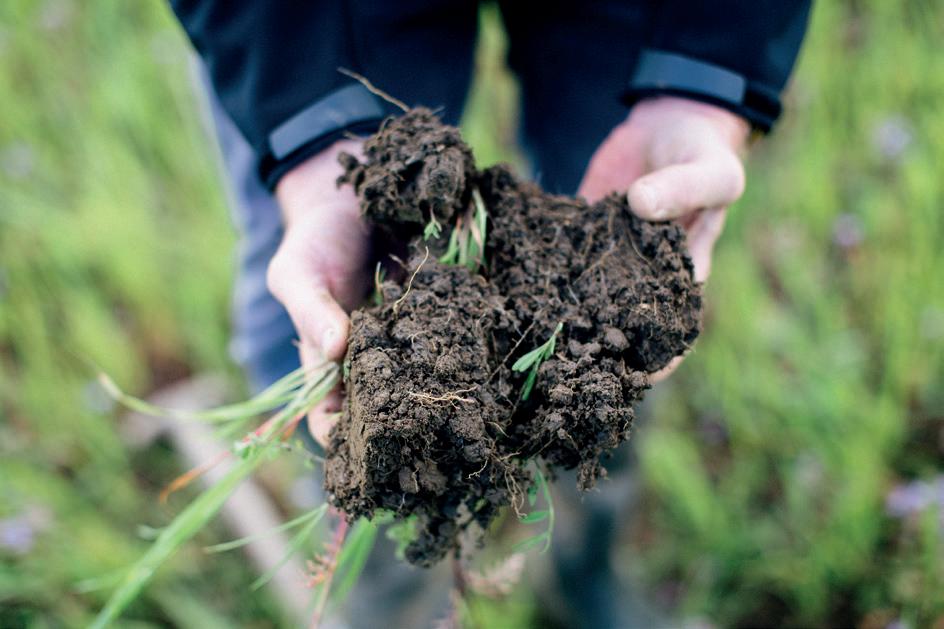
needs,” says Mr Riddington.
“Overall, these latest changes will provide a profitable alternative on farmland areas where food production is no longer viable, whilst on productive land the incentive offers a supplementary income which encourages sustainable food production.”
Different options
Under the new SFI system, each action group has been split into three independent elements: plans, plots and prescriptions.
The ‘plans’ tier largely mirrors standard compliance under a typical Red Tractor farm assurance agreement. These actions intend to build upon existing regulations and go beyond the regulatory legal minimum or baseline across the country.
They will be paid at a fixed rate – either per year or per agreement – and will apply to the whole holding.
The ‘plots’ option will mirror CSS options for environmental crops – including pollen and nectar flower mix-
AUGUST 2023 • ANGLIA FARMER 27
Defra says it wants to encourage more sustainable farming practices
Continued overleaf
“
This offers a profitable alternative
Continued from previous page
es and buffer strips. This aims to mitigate the loss of the basic payment scheme which has removed an incentive to leave field headlands for nature.
The ‘prescriptions’ option provides an opportunity to modify crop growing techniques on a rotational basis in order to enhance environmental benefits – such as intercropping, no-till and cover crops.


Soil health
This will be accessible through integrated pest management, nutrient management and arable break cropping – all regenerative farming techniques which can help encourage better soil health.


Further changes to the original SFI scheme include an option for single entity SFI applications for common land and shared grazing agreements. Similarly, tenant farmers will be able to enrol in shorter agreements which do not require landlord consent.
Three options from the SFI 2022 soil standards have been dropped. The removed options are: adding organic matter, single species winter cover and minimising bare ground.
Scheme is 'as flexible and simple as possible' says minister

Farmers can be rewarded for 23 actions under the Sustainable Farming Incen tive 2023. They include improvements to soil health, hedgerows, integrated pest man agement, nutrient management, buffer strips, and low input grassland.
When adopted at scale, Defra says these ac tions will support sustainable food production and contribute towards the environmental tar gets set out in the government’s Environmen tal Improvement Plan.



Optimising the use of nutrients through a nutrient management review, for example, will not only reduce carbon emissions and improve the natural environment but can also reduce farmers’ costs.
Farm minister Mark Spencer said: “After listening to extensive feedback from farmers, we’ve done a huge amount to streamline and improve the SFI, making it as simple and flex ible as possible for farmers to engage with, ap ply for and embrace.
“We want farmers to be able to access a pack age that works best for them.
“The scheme will remain flexible to allow for the changing needs and requirements of both


28 ANGLIA FARMER • AUGUST 2023 Soil
60 Celebrating OFTRADING EXPERTS IN ALL AREAS OF WATER MANAGEMENT COMPLETE DESIGN & INSTALLATION SERVICE TRUSTED BY LANDOWNERS & FARMERS WORKING ACROSS EAST ANGLIA & FURTHER AFIELD williammorfoot.co.uk sales@williammorfoot.co.uk Want to know more? Read or download our brochures at: 01362 820371 Call us on: Raising yields by unlocking your soil’s potential! HOW DOES INVESTING IN LAND DRAINAGE HELP YOUR FARM? IMPROVED TIMELINESS OF OPERATIONS AEROBIC SOILS WITH CONSISTENT PROPERTIES LOWER YOUR FUEL BILLS IMPROVE YIELDS Agricultural Land Drainage Contractors Anglia Farmer 2 R2.indd 1 03/03/2022 19:46
Direct drilling can boost profits and soil health
Better for light and heavy soils
Aswitch to direct drilling could help arable farmers improve soil health and business performance, suggests a study.
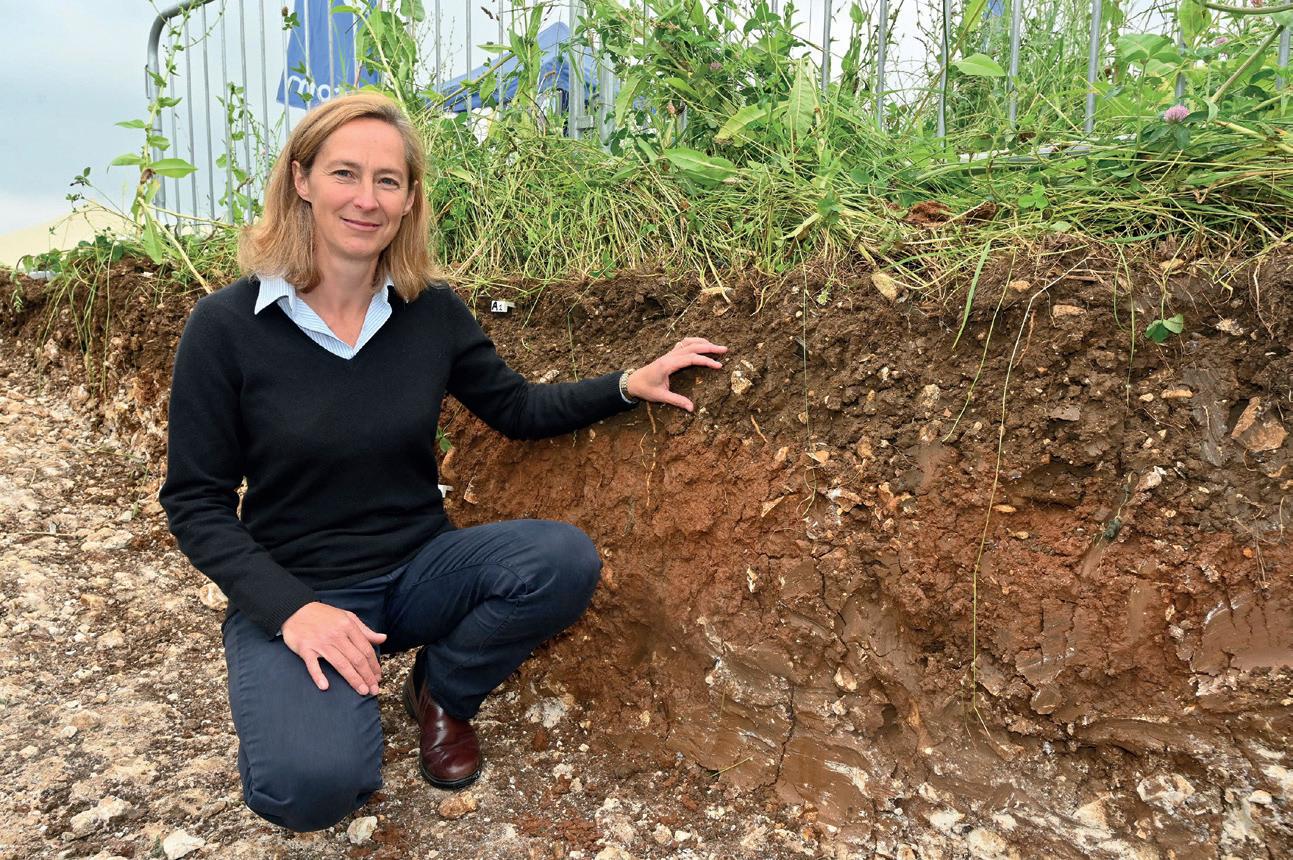
Average net profits rose by 15% under a direct drill system rather than full cultivation, according to the fiveyear study described as the UK’s most comprehensive trial of crop establishment systems through a whole farm rotation.
Researchers also found that more ecological and environmental benefits were delivered by the direct drill system rather than the plough and drill.

Led by the Game & Wildlife Conservation Trust (GWCT) and Syngenta, the study was supported by NIAB monitoring and data analysis..
Arable rotation
It examined a full arable rotation on contrasting commercial farms at Loddington in Leicestershire and Lenham in Kent. Farms involved represented a spectrum of heavy to light land.
Belinda Bailey, of Syngenta UK, said the study provided rigorous sci-
entific insight into the implications of adopting direct drill establishment. Researchers set out with no pre-conceived illusions as to which system would prove most effective, or a panacea for all situations, she added.
Seasonal challenges
“It has highlighted some of the potential pitfalls and the seasonal challenges across the different soil types and volatile market conditions. Overall, it has shown a no-till system can of fer a more sustainable option for ar able businesses in most situations.”
Results found that yields of cere als, beans and oilseed rape yields were the same as with full cultivation es tablishment on the light land,. But yields were 7% lower on heavier soils in Leicestershire.
That said, the overall gross margin was better with the direct drill due to a 45% reduction in fuel use on both sites, combined with an 11% reduc tion in operating costs on heavy land and 7% lower on light land.
This gave a 14% and 16% improve
ment in net profit on the heavy soil and light land respectively over the five years. There was also a 50% improvement in work rate across both sites with direct drill establishment.
“That could give greater flexibility and resilience to increasing challenges of timely establishment in difficult weather conditions.”
Work rates
“Improved work rate could also give some growers the opportunity to increase farmed area and spread costs further, or with the current high capital cost of machinery to explore opportunities to downsize their equipment and reduce soil impacts," explained Ms Bailey.
A reduction in fuel use and operational costs by adopting a direct drill system was a key driver in achieving a 9% reduction in carbon footprint.
This was through reduced cultivations on the light land soils, along with a 4% reduction on heavy land.
AUGUST 2023 • ANGLIA FARMER 29
Belinda Bailey demonstrates green cover for soil enhancement
Below: A Dale drill used in conservation agriculture establishment trials
“
No-till can offer a more sustainable option
>>
Soil scientists also assessed an 8% reduction in soil greenhouse gas emissions on the heavy land and a 5% reduction on light land, compared to crops established with full cultivations.
The study showed no increase in soil emissions of nitrous oxide (NO2) under direct drilling. This had been a concern because compacted soil conditions can give rise to elevated levels of what is a serious greenhouse gas.
Soil structure remained excellent throughout the direct drill establishment rotation, the study found.
There was a 10% improvement on the light land, compared to repeated cultivations and no significant impact on the heavy land over the course of the five years.
Grass weed control

“Elevated organic matter levels seen with direct drill establishment over a longer term trial at Loddington, or where rotational ploughing may be utilised for grass weed control within a direct drill system, could alleviate any potential for compaction on heavy land,” said Ms Bailey.

The trial also identified 112% more earthworms on light land and 13% in
the heavy soils under the direct drill system, she addded.
Soil nutrient sampling showed no significant differences between the establishment systems for nitrogen, phosphate and potash or magnesium levels on either site over the five years. But they did highlight some seasonal variability, particularly in nitrogen and potash.
Biodiversity
Bird sightings – a further indicator of farm biodiversity – were significantly higher across the direct drilled areas throughout the rotation.
Bird recordings were notably elevated for skylarks, meadow pipit and thrush species in the period of the study, primarily due to increased ground cover and available surface food sources. “Direct drill establishment offers significant advantages,” said Ms Bailey.
“The results positively demonstrate that as more growers make a transition towards direct drill or light till establishment systems there are clear advantages for the economic and ecological sustainability of the farm finances and biodiversity.”
Study 'underlines benefits' of regenerative agriculture
Direct drilling aligns well with the government's new Sustainable Farming Incentive (SFI), which rewards farmers who look after the environment while producing food. Joe Stanley head of partnerships at the Game and Wildlife Conservation Trust, which hosted one of the trials at its Loddington farm in Leicestershire. There were advantages in the direct drill system in terms of integrated farm management practices, he said.
this long-term research project. These findings underscore the immense potential of Conservation Agriculture, and consequently Regenerative Agriculture.
while keeping other inputs constant, we can achieve substantial cost savings in both time and money. Simultaneously, it can enhance profitability, contribute to environmental stewardship, and mitigate climate change.
“We are pleased to be continuing this work with Syngenta as we progress to a second, more ‘regenerative’ phase over the coming years, as we look to build on the solid data and foundations already built.”
The Syngenta Conservation Agriculture & Sustainable Farming Systems project is a long-term pan-European research initiative.
Designed to ensure unmatched plant establishment, Simtech drills come in 3 ranges:

• MECHANICAL
• PNEUMATIC
• GRASS
The inverted T-slot technology allows unique and consistent seed placement.
Suitable for any surface, soil type and all climatic conditions.

THE FUTURE OF FARMING IS HERE Tel: 01775 513 112 www.simtechuk.com Spalding, PE11 3QN SIMPLE. RELIABLE. AFFORDABLE Direct drills for improved soil health and reduced input costs
30 ANGLIA FARMER • AUGUST 2023
Soil
>>
GIBSON’S SEEDS
SEED GROWERS, PROCESSORS & MERCHANTS
Autumn 2023 Varieties
KWS Zyatt, KWS Extase, KWS Palladium, KWS Brium, DSV Champion, KWS Dawsum, KWS Cranium, LG Skyscraper
Winter Beans - Vespa, Spring Wheat – KWS Ladum, Peas – KWS Manager, Spring Beans – Lynx
Suppliers of certified seed throughout East Anglia






R A Gibson (Colesden) Ltd
Bell Farm, Colesden, Bedford. T: 01234 376 284
Seed cleaning and dressing undertaken Whitesbridge Farm
E: office@ragibson.co.uk W: www.ragibson.co.uk
We are suppliers of


Animal health products

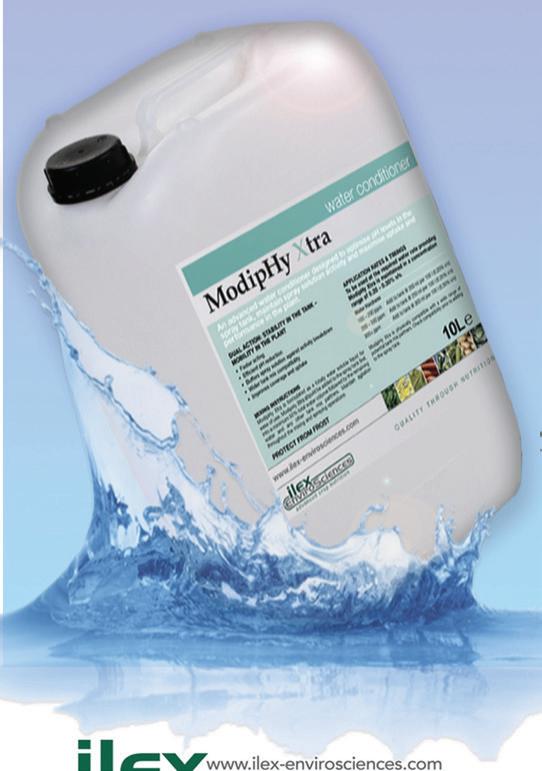


• Ear tags
• Electric fencing
Wooden & galvanised gates
• Drinking troughs
Kids farm toys
• Stock fencing
• Pipe fittings
• Wheelbarrows
• Clothing & footwear


• Barbed wire and posts
• Cattle & sheep handling systems



Opening times: Mon-Fri 8:30am-5pm | Sat 8:30am-1pm
01277 356881 di@dissupplied.co.uk www.dissupplies.co.uk

/dissupplies




com/modiphy-xtra MAXIMISE SPRAY PERFORMANCE IN HARD WATER AREAS INCREASE STABILITY IN THE TANK
OPTIMISE WATER pH LEVELS www.ilex-envirosciences.
AGRICULTURAL LIVESTOCK EQUINE EQUIPMENT & ACCESSORIES
• Margaretting • Ingatestone • Essex • CM4 9JT
QUOTE ‘ANGLIA FARMER’ FOR DISCOUNT Tyre Specialists Agricultural w w w t r e a d f i r s t c o u k 24 HOUR CALL OUT: 0800 99 99 247 A t y o u r f a r m , y o u r f i e l d , o r r o a d s i d e AUGUST 2023 • ANGLIA FARMER 31
How soil analysis can improve productivity and reduce costs
• Tests boost soil health and sustainability

• Role of soil carbon increasingly important
• Greater insight boosts natural resources

should start with a field-by-field nutrient analysis, say experts.

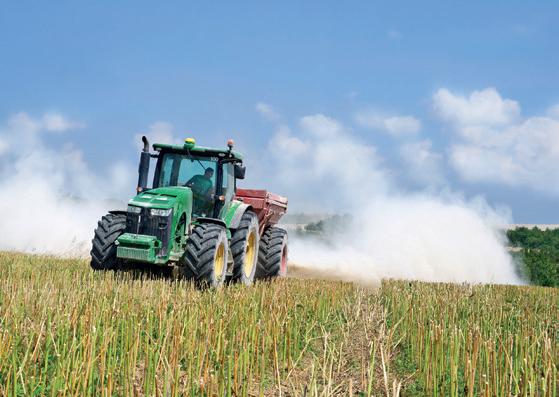
Soil testing and tissue analysis of growing crops and harvested grain can improve soil health, optimise nitrogen use and deliver greater long-term sustainability, says Allison Grundy, agronomy manager with independent specialists NRM.

"Detailed soil nutrient analysis, including an assessment of spring nitrogen, should be carried out every year if growers are to use nitrogen and other key nutrients such as phosphate, potash and magnesium, as efficiently as possible."
Optimal nitrogen
"Calculating optimal nitrogen applications means estimating the soil nitrogen supply as accu rately as possible alongside a re alistic target yield.”


Over-estimating yield by 1t/ ha when calculating nitrogen re quirements, for example, could result in applying 25kgN/ha more than is necessary.
"A key aim should be to make the best sustainable use of the re sources nature provides before nitrogen is applied. If we are to get fertiliser applications as low as feasible, all factors t have to be considered.
When it comes to soil carbon, NRM's CarbonCheck soil carbon test kit is increasingly in demand, say Ms Grundy.
"Knowing soil carbon content is essential for the Sustainable Farm Incentive (SFI) applications, but that is only part of the story."
Soil carbon content links the physical, chemical and biological processes in the soil, which is why it is so important in the improvement of Nitrogen Utilisation Efficiency (NUE) and better uptake of other key nutrients such as phosphate, potash and magnesium.
"A good soil structure is vital, so plant roots can scavenge for soil nutrients." the soil, says Allison Grundy

Customer service 0800 090 2376 LimeX is a business of British Sugar The UK’s No.1 Liming Product P2O5 - 9kg/t MgO - 8kg/t SO3 - 7kg/t www.limex.co.uk Save £££’s on fertiliser this year with LimeX Scan for quote 32 ANGLIA FARMER • AUGUST 2023
tion and healthier soil biology with carbon driving the overall functionality of the soil.
"In fact, there's a direct relationship between soil carbon content and productivity so it's an essential element in understanding soils better and improving their long-term resilience."

Knowledge gained from soil nitrogen and carbon testing can then be further enhanced by taking tissue samples in the growing crop around growth stage 30-31, says Ms Grundy.

Criticial test

















"Our CropCheck analysis is a growth-stage critical test that gives you an accurate insight into what is happening in the crop.
"If, for example, some indices are sub-optimal, growers can do something about them before it is too late and they start affecting crops yields and quality.
"Adverse weather and crop conditions between the initial soil nutrient testing at the start of the year and the rapid growth phase in the spring can change predictions of crop nutrient requirements significantly.
"But there all manner of soil biology and nutrient interactions that can also affect how well the crop is taking up nutrients and you will only know this if you have a good insight into what is happening in the plant."

NRM's GrainCheck is the final test of the growing year and is used to check the nutrient con-
Improve Soil Health PAS100 Compost






PAS100 compost soil improver supplied direct from our composting facility in Huntingdon, Cambridgeshire. For use as a soil conditioner on arable land or in horticulture and viticulture.

l Cost effective fertiliser option


l Rejuvenates tired soil
l Provides slow release major & micro nutrients


l Improves soil structure & rooting potential
l Increases moisture retention & soil drainage


l Good source of organic matter


tent of grain after harvest, explains Ms Grundy.
"This is another good indicator of the crop’s ability to extract nutrients from the soil and if levels are low it can point to problems not just with nutrient applications but also field conditions and soil structure.
"If the soil is too compacted, for example, root development is adversely affected, biological activity is reduced and nutrient uptake, especially phosphate, is restricted. If soil pH has dropped too far, it will also reduce the availability of key major nutrients apart from trace elements such as manganese."
Grain nitrogen content can also provide a good indication of likely fertiliser requirements for the following year.
Grain analysis
"Weather and soil conditions over the following winter months will impact again on the availability of soil nutrients the following spring but grain analysis can give a valuable early warning of any looming issues that need to be addressed.
"The actual soil nitrogen supply (SNS) will then be ascertained with N-Check analysis the following Spring and the cycle begins again.
"Ultimately it's about managing soil to the yield potential it can deliver year-in year-out without completely battering the resources available on the farm."
Regenerating our Earth
For prices call the team at our Cambridgeshire site on 01487 849840 or email enquiries@envar.co.uk

envar.co.uk

AUGUST 2023 • ANGLIA FARMER 33
TRITON... ADVANCED DIRECT DRILLING

Twin hold roll pin blade removal system and backward leaning air borne upper blade for trash lift and ease of trash flow
Seed depth tail 40mm deep holding the seed at correct depth and placing seed on either side of seed terrace
for exacting maximum returns from SFI without losing crop output
SOIL SURFACE
Next Generation Patented Drilling Blades
Triton launched its unique deep soil engagement direct drill in 2018 to give plough based yields from direct drilling. 6 years later we are consistently achieving higher yields from the Triton than from ploughed trials on our own land. The Triton is the only all weather seed drill on the market that gives the flexibility to grow maximum profit autumn sown crops whilst reducing blackgrass from late drilling... several manufacturers are now also claiming all weather capability... if these are false claims then the farmer’s new approach will be thwarted.


Downward facing upper blade does not hook grass weed seed up from below stale seed bed and field surface
Triangular tungsten tiles for reduced draught and soil disturbance
draught and soil disturbance

SOIL SURFACE
Drilling at 40mm depth
Downward facing upper blade holds field surface in place minimising soil eruption in the stale seed bed
Drilling at 40mm
Downward facing upper blade surface in place minimising soil eruption in the stale seed bed
14cm deep
lower blade takes blade deep below ground for air drainage and rooting
Buying a blade drill is now an open and shut case. Why? Because only the Triton drill has a slot closer
lower blade takes blade deep below ground for air drainage and rooting

Farm Park,
Abington,
6AX
Triton UK: 01223 891888 Abington
Great
Cambs CB21
www.tritonseeddrills.com @tritonuk
The ‘must have’ seed drill
Sell-out Groundswell event is resounding success
• Two-day festival brings farmers together
• More than 200 speakers and 100 sessions
• Plots include cover crops and direct drills
More than 6,500 visitors flocked to this summer's Groundswell show – the eighth annual regenerative agriculture event and festival in Hertfordshire.

Hosted by the Cherry family at Lannock Manor Farm, near Hitchin, the two-day festival on 28-29 June involved more than 200 speakers from across the world. They included tech nical experts, regenerative farmers, researchers, politicians, retailers and environmentalists.
Event director Alex Cherry said: “It’s been a monumental eighth Groundswell, welcoming old friends and new faces, and catching up with people about their evolving farms and projects, some of which were initiat ed at Groundswell.
“When we first launched Ground swell, just 400 people joined us. To day thousands travel from across the world to look at how we can continue to develop and advance sustainable ag
riculture, improving our soils and enhancing our food production.
“It is really humbling that, together, we can create stimulating conversations that generate positive change.”
This year's Groundswell theme addressed the question “What is regen-
Above: Thousands of visitors attended the two-day show this summer

Below: Visitors included HRH the Duchess of Edinburgh
erative agriculture?” Visitors and speakers came together to discuss the theoretical and practical applications of agroecology – and its role in mitigating climate change.
To ensure topics were accessible to everyone, sessions ranged from first principles for those considering a switch to regenerative farming methods, through to advanced sessions looking at integrated pest and disease management.
Across the site, demonstrations and crop plots illustrated the work of exhibitors, including herbal leys and cover cropping, direct drilling, mob grazing, composting and tree management – showing visitors how to integrate different practices into their own farming system.
Visitors included Sophie, Duchess of Edinburgh; and Defra environment secretary Thérèse Coffey. Both were
AUGUST 2023 • ANGLIA FARMER 35
overleaf
Continued
It's been a monumental eighth Groundswell Soil
“
Continued from previous page
given a tour of the site to understand more about the transition towards re generative agriculture and the chal lenges facing the farming sector.





Independent plant and soil consult ant Joel Williams opened the event. “The term “regenerative” was still an open definition, allowing more people to connect with the concept of agroe cology and conservation agriculture, he saud.


“We are still learning and develop ing the concept but it all stems from soil regeneration, and whilst we often talk about it as an emerging topic, re generative agriculture is something many are rediscovering, rather than something new on-farm.
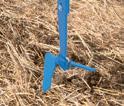


































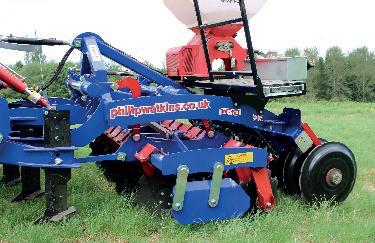
“It goes beyond the soil, and is also about regenerating our people, restor ing the connections in our communi ties. That is why, for me, events on on-farm and peer-to-peer learning in the field, is key to generating action.”

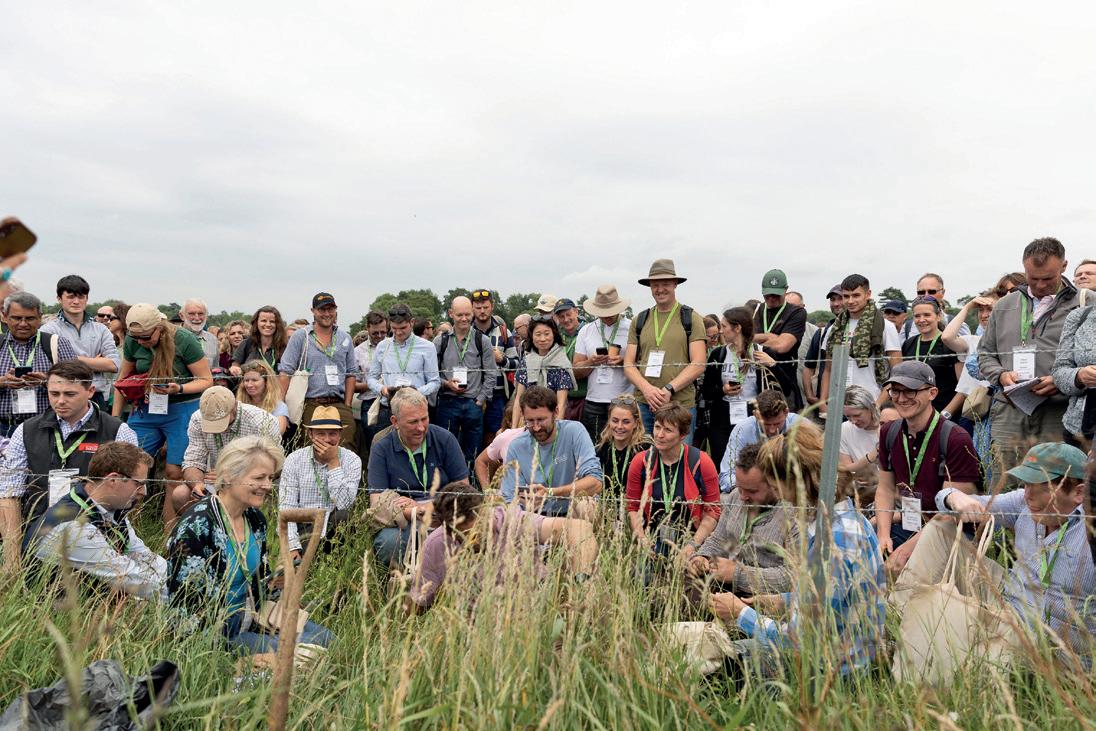
Supply chain







































Other speakers included biologist, Anne Biklé who explained the role of pasture-fed livestock for the health of











Hall Farm, Stainton, Rotherham, South Yorkshire S66 7QY Tel: 01709 798522 Email: info@philipwatkins.co.uk Soil 36 ANGLIA FARMER • AUGUST 2023
THE
ULTRA-SHALLOW ULTRA-FLEXIBLE Find out more about successful tillage and the great feeling it leaves you with: koralin.lemken.com OUR DRIVING FORCE: YOUR SUCCESS!
Continued overleaf
NEW KORALIN HYBRID CULTIVATOR:
Clockwide from far left: the event was a celebration of food and farming; many sessions took place outside in the field; soil is at the heart of every good farm; event director Alex Cherry; show goers had the chance to quiz speakers from around the world.



Mark Weatherhead Ltd



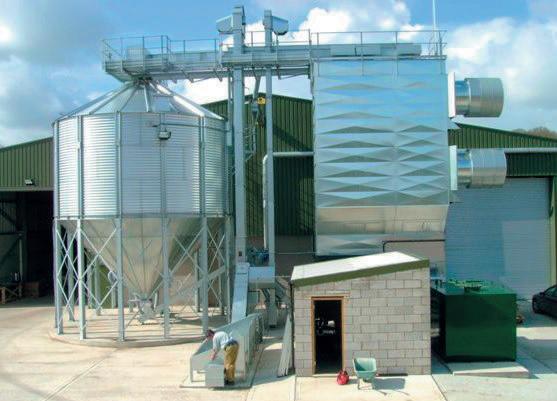



Telephone: 01954 210 355

Mobile: 07885 202 005
Hardwick, Cambs CB23 7QL
37
conversation can generate positive change “ • Grain drying and storage • Groundworks and drainage • Electrical engineering works • Elevator/conveyor repairs
Good
Steel Portal
Grain Drying and Storage Ground works and Electrical Engineering Royston Tel www.markweatherhead.co.uk Existing building conversions
Framed
Continued from previous page
humans. She showcased 22 studies, comparing grazing and concentrat ed cattle diets, concluding that phy tochemical levels were 20 times high er in pasture-based diets.
A key focus this year was the need to shorten the food supply chain, with a “moveable slaughter unit” on site. Farmer and abattoir owner Luke Smith explained the investment re quired and the welfare and econom ic benefits to rural and agricultural communities.
Farmer and recognised regener ative advocate Richard Perkins felt that customer certification was vital for the future of his business, ensur ing that he operates transparently to build a connection between food and farming.


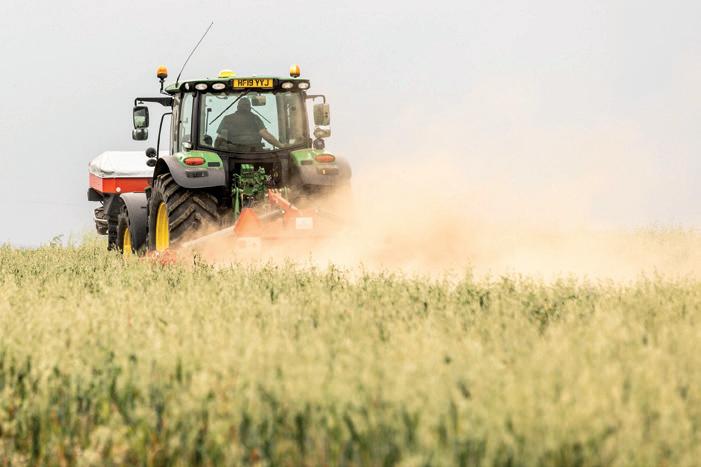
He also highlighted the benefits of using technology and utilising existing tools to provide data for efficient management. One example he shared was the use of drones to teach his poultry to use down and up vision to protect themselves from predators. Next year's Groundswell event will take place on 26-27 June 2024. Visit www.groundswellag.com.

38 ANGLIA FARMER • AUGUST 2023 Soil
Above: Carbon was a popular topic
Livestock
How reseeding swards helps boost grassland performance
Herbage seeds can mitigate drought
Introducing clover and herbs at reseeding provides a useful boost in dry matter content while reducing the need for purchased fertiliser, suggests a study.
Carried out by ProCam’s Field Options division, the study shows that including herbage seeds can improve the drought tolerance of grassland leys –with the added diversity making leys eligible for countryside stewardship payments.
Although bagged fertiliser prices have come down since the highs of 2022, there has still been a continued resurgence in interest among livestock farmers looking to reintroduce nitrogen-fixing clover into their grassland rotations, says Simon Montgomery, of Field Options.
But to achieve good rates of germination and establishment, the introduction of new seedstock must be done at the correct timing, with evidence suggesting that the best results are achieved when clover and herbage seeds are drilled as part of a planned reseeding programme.
Seed mixtures
Introduced at seeding, red clover, white clover, and herbs such as plantain and chicory can significantly improve the protein content and dry matter (DM) yield of forage – even when provided with modest levels of bagged nitrogen.
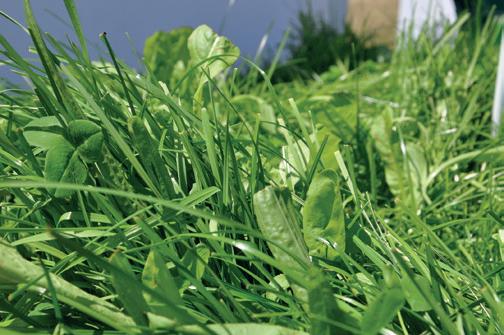
This response is even more dramat ic when the same mixtures are man aged without nitrogen, reveal trials carried out by Field Options at the Crop and Environment Research Cen tre (CERC) at Harper Adams Univer sity in Shropshire.
“The objective of the CERC trial was to test the performance of a selec tion of grassland mixtures, with grass and clover blends being compared to leading hybrid and perennial ryegrass controls,” says Mr Montgomery.

With four years of data captured, the trial has shown that the inclu
ter production by 0.8t/ha/year for swards receiving 250kg/ha of synthetic nitrogen, while the addition of red and white clover gives an uplift of 0.82.5 tonnes per year.
In both cases, the gains can easily be translated into money savings on bought-in feed and improvements in milk and meat productivity.” The trial also tested the yield response of the same mixtures when zero supplemental nitrogen was applied.
“Although some of the grass and clover mixtures struggled to perform in the first year, they subsequently went on to outyield the leading perennial ryegrass blend which had received 250 kg/hectare of N,” says Mr Montgomery.
Clover drove most of this yield boost, with white clover contributing more than 4t/ha of dry matter (DM) annually, and red clover deliv-
Below: Clover and herbs bring benefits
the mixtures tested also contained drought tolerant grasses or Boston plantain and Puna II chicory.
“The addition of these species further increased the yield response of the seed mixtures, especially in the dry season of 2020.”
This performance boost can be accounted for by the deep rooting growth habit of these species which makes them more resilient to drought by enabling them to scavenge nutrients and moisture from deeper soils.
Changing weather
“With normal weather patterns becoming increasingly unreliable, and early summer droughts more commonplace, livestock producers should give careful thought to the composition and make-up of their grass swards,” says Mr Montgomery.
This will safeguard against future weather-related pressures while enhancing overall productivity and forage quality, he adds.
“Including clovers and herbs in grassland leys can also unlock GS4 Countryside Stewardship payments and – in mixed farming rotations – improve soil structure and fertility for the following arable crop.”
But any nitrogen fixed by clover won’t immediately be available for uptake by companion grasses. This is because clover only generates nitrogen for its own use in the first 9-12 months of its lifecycle.
AUGUST 2023 • ANGLIA FARMER 39
Above: The grass mixture trials site
“
A planned reseeding strategy gives best results
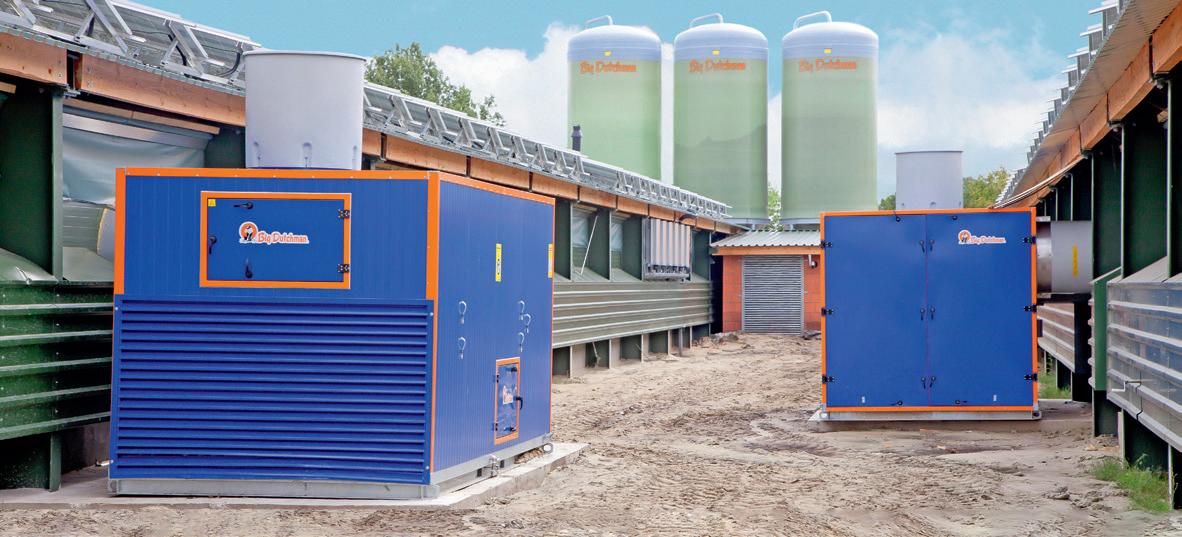
www.bigdutchman.com • Improved house climate for healthier birds • Reduced emissions from the house • Significantly lower ammonia, dust and odour levels • Supplied ready for installation • Available in a range of models and three sizes – M, L and XL 60 % ON HEATING COSTS SAVE UP TO Earny 2 HEAT EXCHANGER THE INNOVATIVE Finance options available Newquip Limited NQ House | Conygarth Way | Leeming Bar Business Park Leeming Bar | Northallerton | North Yorkshire DL7 9EE Tel. 01677 428600 | enquiries@newquip.co.uk www.newquip.co.uk | www.bigdutchman.com
Pig & Poultry
Defra drops 'flawed' proposal for animal welfare labelling
Industry leaders have welcomed a Defra decision to drop plans for compulsory animal welfare labels on food items.
Proposals under consideration would have seen pork, poultry and eggs categorised according to their production method. Defra claimed the move could help drive improvements in welfare standards.
But the idea has been dropped following a concerted campaign by pig and poultry leaders. They argued that the plan would add significant costs to the food chain without delivering further clarity for consumers.
A coalition of industry bodies –including producers and processors – raised their concerns in a letter to Defra earlier this year. The letter said mandatory labelling would not deliver better animal health because production method was not a key determinant of welfare.
Similar criticisms were levelled by the National Pig Association when Defra officials presented their plans earlier this year. NPA chief executive Lizzie Wilson welcomed the decision not to pursue the consultation.

'Blunt tool'
“We as an organisation argued strongly behind the scenes that compulsory welfare labelling would be a blunt tool that adds costs across the chain, while doing nothing to educate consumers about real welfare on farms.
very clear to Defra that you cannot equate welfare with method of production and that the proposed system would likely confuse, rather than inform.
“We welcome the fact that Defra has listened to us and others throughout the supply chain on this and will continue to work with them to ensure any future moves to increase transparency in the pork supply chain are proportionate and effective.”
Defra had planned a formal consultation in the spring. But it failed to materialise. Last month, officials told the National Pig Association that the department did not believe it was the right time to launch a consultation.
A Defra spokesperson said: “We are proud to have some of the highest an-
have more costs than benefits
“We will continue to work with farmers and supermarkets to improve food information for consumers and support the production of healthier, higher welfare animals through our Animal Health and Welfare Pathway.”
Defra ran a call for evidence in 2021 to gather data on the impacts of different types of labelling reforms for animal welfare. It will now examine how welfare labelling might align with wider proposals, such as eco-labelling.
It said the evidence gained suggested that there is public appetite for improved welfare labelling and made it clear it still wants to improve transparency and provide the industry with a ‘level playing field’ to promote higher welfare products.
Award recognises UK pig industry hero
Nominations are open for an award recognising people who have gone the extra mile for the UK pig sector.
The Chris Brant Award is named after one of the leaders of the British Pig Industry Support Group, which saw farmers blockade retail distribution centres as they campaigned for fairer prices in the late 1990s.
Past recipients of the award have included well-known industry leaders as well as many unsung heroes who have gone above and beyond in supporting fellow farmers during times of crisis for the pig sector.
Won last year by Yorkshire pig producer Anna Longthorp in recognition of her campaigning under the #BiteIntoBritish banner, the winner will be announced at the National Pig Awards in London in November.
Wider industry
“This award is looking at what an individual or organisation has done for the wider industry, over and above their day job,” said NPA chief executive Lizzie Wilson.
“There have been some fantastic winners in the past, who have all demonstrated that
passion and commitment to the pig industry, many of whom aren’t well known and quietly do what they do without realising the real impact they have on others’ lives.
"No doubt, there are many potential winners out there who are equally deserving.
“This award is nominated and judged by industry peers, so let us know why you think your nominee is special, the impact they have had, and why they deserve to join such an illustrious list of previous winners.”
To nominate a potential award recipient, please email NPA@npanet.org.uk.
AUGUST 2023 • ANGLIA FARMER 41
(Picture Roy Strutt Photography)
“
You cannot equate welfare with production method
Watch out for broiler health during summer months
Adrop in broiler intestinal health among poultry flocks during the summer months is becoming more pronounced, suggests the latest data.
The decrease is linked to an increase in coccidiosis infection, according to Elanco’s latest Health Tracking System annual report. It which analysed data from 5,244 post-mortem bird examinations involving 743 broiler houses on 314 UK farms.
Elanco technical consultant Louise Ashworth said: “During the last couple of years, we’ve started to see a recurring trend where intestinal health destabilises during the summer months. In this latest data set, this dip is even more pronounced.
“In 2022, we saw a reduction in In-
Right: Recurring trend for dip in intestinal health in the summer, says Louise Ashworth
Below: Improving I2 could significantly boost profitability for broiler producers
often consider the summer to be a ‘safe space’ to change coccidiosis programmes or loosen biosecurity protocols. Whereas, over the winter, everyone tends to ‘buckle up’ when it comes to disease prevention.
But Ms Ashworth warned: “This really isn’t the case. The decline in I2 we’ve seen over the summer is inevitably linked to the increase in coccidiosis, most notably E. maxima, seen over the same period.”
The report shows that 18% of birds presented with gross and microscopic E. maxima lesions during summer 2022, compared to just 5% in the same period in 2021.
The latter stages of summer also saw a five-fold increase in E. tenella – the coccidia species most likely to cause an increase in mortality, and generally not seen in high levels in the UK. Infection with this species results in a greater need for medical intervention.
“Despite the improvements in I2
going into winter, the instability of the summer still impacted birds, especially with pododermatitis, where wet litter was a major contributor to the highest levels of seasonal disease seen in recent years.”
With I2 score strongly correlated to bird health, welfare, and performance, producers should make sure coccidiosis prevention programmes remain stable throughout the season, said Ms Ashworth.
“Maintaining and improving I2 will support the profitability and environmental sustainability of broiler production. For example, for every one unit increase in I2, ADG increases by 0.04g and FCR improves by 0.13 points.
To put this into perspective, Ms Ashworth said a poultry company producing 100 million broilers per year, could see an income boost of £614,900 by improving their I2 by five points – “a very achievable target with the right interventions.”


Hugh Crabtree wins engineering innovation award
The Institution of Agricultural Engineers has presented Hugh Crabtree with an Award of Merit for his work on ventilation systems and precision livestock farming.
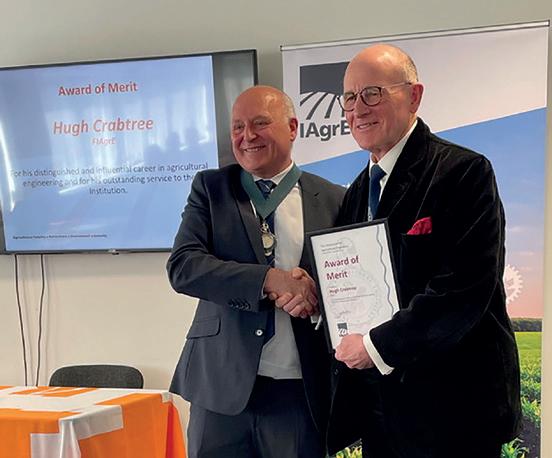
An internationally-recognised authority on ventilation systems for pig production, Mr Crabtree gained a First Class Honours degree from Reading University before helping to establish Reading-based Farmex, which is now market leader in its field.
He also a director of Suffolk software company Dicam Technology, which supplies programs for controls and real-time monitoring systems for a variety of agricultural applications including pig production, calf- rearing, potato and grain storage in
both the UK and USA.
Mr Crabtree has led three UK Research and Innovation-funded collaborative R&D projects. The IAgrE citation recognises him as a keen driver of innovation, describing him as active in precision livestock farming and the application of information and commu nication technology.
IAgrE chief executive Charlie Nicklin said: “There is little doubt that Hugh has had a distinguished and influential career in agricultural engineering and his associa tion with the IAgrE has been of substantial benefit to the institution.”
42 ANGLIA FARMER • AUGUST 2023
Pig & Poultry
Hugh Crabtree (right) receives his award from IAgrE president Steve [Photo Marion King]



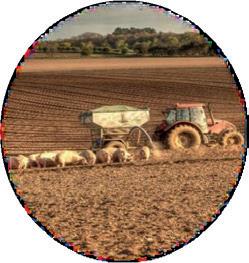
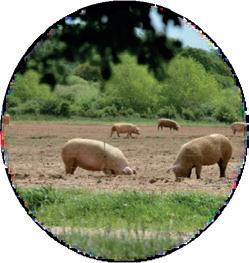

CHEALE MEATS PREMIUM TRANSPARENT FINISHED PIG CONTRACTS AVAILABLE NOW DIRECT FOR CULL SOWS AND BOARS 01277 811631 07711 719001 FREEPHONE 08085 300 303 Familybusinessestablishedforover80years Drainageschemespreparedandundertaken Moledrainingwithacrawlerand Undergroundtrailedmoleploughwatermainsinstalled Suppliersofplasticpipe Ditchmaintenance Treeshearing Tel:01440730716 Mob:07733021557 Land drainage specialists W R Suckling & Sons Ancient House, 6 Chapel Street, Steeple Bumpstead, Haverhill, Suffolk, CB9 7DQ Are you maximising the return from your farm buildings? Rattlerow Farms is looking for contract finishers to join an expanding company Contact us on 01379 384304 or 07799 552028 Operating for over 69 years, Rattlerow Farms is one of the UK’s longest established, family owned pig producers. Due to continued expansion, we are looking for more pig finishing places. If you are an existing contract finisher or would like to diversify your farming business with a secure income through a new pig enterprise, give us a call to hear about our competitive contracts. AUGUST 2023 • ANGLIA FARMER 43




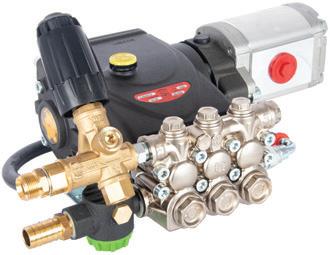







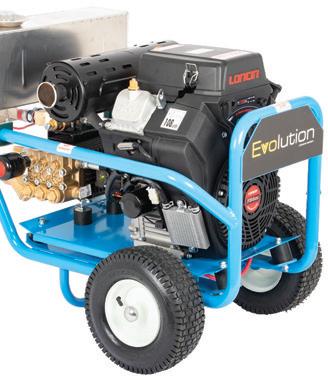

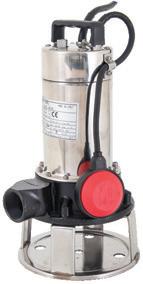

Are you future focused? We are 9 Improve your environmental credentials 9 Improve your performance 9 Reduce your diet costs And 9 Reduce your soya needs Contact us to find out more T | +44(0) 1423 322 706 E | info@a-one.co.uk www.a-one.co.uk Pig World Feb 20200.indd 1 22/01/2020 06:34:56 Tel: 01664 567226 • Email: info@dualpumps.co.uk www.dualpumps.co.uk Follow / Like / Subscribe The Dependable Choice for a broad range of industries, markets & applications INTERPUMP UK Official UK Distributor Since 1983 celebrating 40 Years Over 8,500 Active Product Lines 99% rated us as Good or Excellent More than £4m of Stock 2,500 customers in over 40 countries Pumps & Pumping Equipment • Cleaning Equipment • Hose & Hose Reels Fluid Handling Components • Fittings, Connectors & Filters Spraying & Watering • Engines, Motors & Generators Your trusted partner since 1975 44 ANGLIA FARMER • AUGUST 2023
Pig & Poultry
'We will continue to deliver outstanding value for money'
Farmers face 15% increase in pig subscriptions
The National Pig Association says it will continue to deliver outstanding value after announcing an increase in annual subscription rates.
The NPA board agreed to a 15% increase in subs for 2024 with the fee increasing by annual inflation in subsequent years. Subscriptions are based on breeding and finishing pig numbers, with NFU members receiving a 50% discount.
Rising costs and the loss of members are being the increase. But NPA chief executive Lizzie Wilson said the association would continue to deliver tremendous value for money to members as its tight-knit team grappled with the big issues of the day.


In another significant change, agisters and contracted pig finishers will have to become NPA members in their own right from 2025 if the owner of the pigs they manage is also a member. Primary producers will need to register their contracted sites for a nominal fee per site.
Tough time
“This will enable us to have direct contact with the primary producer, which will really help when it comes to integrating membership data
Remain vigilant for avian influenza
bers have just been through an incredibly tough period financially.
“But we haven’t raised our fees for a very long time and, over the past year, we have lost a significant amount of subscription income due to producers exiting the sector and sows being absorbed elsewhere, where we don’t recuperate the same fee.”
With a General Election due before January 2025, the next 18 months are seen as a crucial lobbying time for the pig sector. Ms Wilson added: “We need to increase our subscriptions in order to maintain the same service to members.
“There is going to be a lot more coming down the line, especially as the political parties gear up for the next General Election. I can give my absolute assurance to members that the team will step up and continue to deliver outstanding value.”
NPA chairman and Norfolk farmer Rob Mutimer said the board had increased subscriptions because inflation had pushed up costs. At the same time, the decline in the sow herd meant the association had lost lots of members.
“We try to run the association as fleet-footedly as possible, but there comes a time where we have to invest or the association won’t be able to
Poultry keepers are being urged to remain vigilant following the easing of bird flu restrictions.
Avian Influenza Prevention
Zones in place across England and Wales were both lifted last month. It followed a reduction in the bird flu risk level to 'low' for all poultry and the lifting of mandatory housing measures.
Poultry gatherings
But a ban on poultry gatherings remains in place. And housing orders will still apply for poultry within protection zones and captive bird controlled zones.
UK chief veterinary officer Christine Middlemiss said: “We are in the summer months and the risk to poultry across Great Britain has reduced. It is the right time to lift the Avian Influenza Prevention Zone.
Hrd work
Dr Middlemiss added: “This would not have been possible without the hard work of all bird keepers, who have upheld high biosecurity standards for many months.
“However, there are still localised areas of risk as we have seen recently, and therefore it’s vital that everyone keeps biosecurity and cleanliness at the forefront of their minds to keep flocks safe.”
Incredibly hard
NFU poultry board chair James Mottershead said: “Poultry farmers have worked incredibly hard to minimise the threat of avian influenza and will continue to do all they can to protect the health and welfare of their birds.
“It remains incredibly important that everyone who keeps birds remains vigilant and continues to maintain stringent biosecurity measures.
“This is crucial whether you are a commercial farmer with thousands of birds or a hobby keeper with one hen in the garden.”
AUGUST 2023 • ANGLIA FARMER 45
“
There’s never a right time to increase subs Lizzie Wilson
Pig and poultry waste to generate clean energy
• Scientists investigate renewable potential
• Energy reduction and storage opportunities
• Huge potential for farmers, say researchers
Pig slurry and poultry manure could be used to generate clean energy while providing commercial opportunities for farmers, say university researchers.

Funding to explore energy generation from on-farm waste has been secured by BACB Renewables in partnership with Leeds University. The study will analyse energy reduction and storage opportunities, as well as identifying the most viable waste for biogas production..
Huge potential
Researchers behind the £212,000 project believe there is huge potential for farmers to tackle climate change through on-farm renewable energy generation and waste management. As a feedstock, they are focusing on livestock waste and insect farming.
Agriculture is responsible for 11% of UK greenhouse gas emissions, said Lloyd Glanville, managing director of BACB Renewables. “We have high
well as boosting economic productivity and resilience, particularly in the context of increasing inflation and rising energy costs.
Energy demands
The first part of the study will involve baselining energy demands and fuel sources.
Different waste samples such as pig slurry, poultry manure and insect larvae castings and excrement will be analysed to identify the most viable waste feedstock for biogas and insect production using a 40ft walk-in insect bioreactor provided by insect technology company Entocycle.
The study is one of 50 projects to secure funding from Defra and UK Research and Innovation.
Findings will help support farmers raise animals and crops at reduced carbon and energy costs while boosting as well as boosting their economic sustainability, productivity, and resilience, say the researchers.
Below: Poultry manure is already used to generate renewable energy
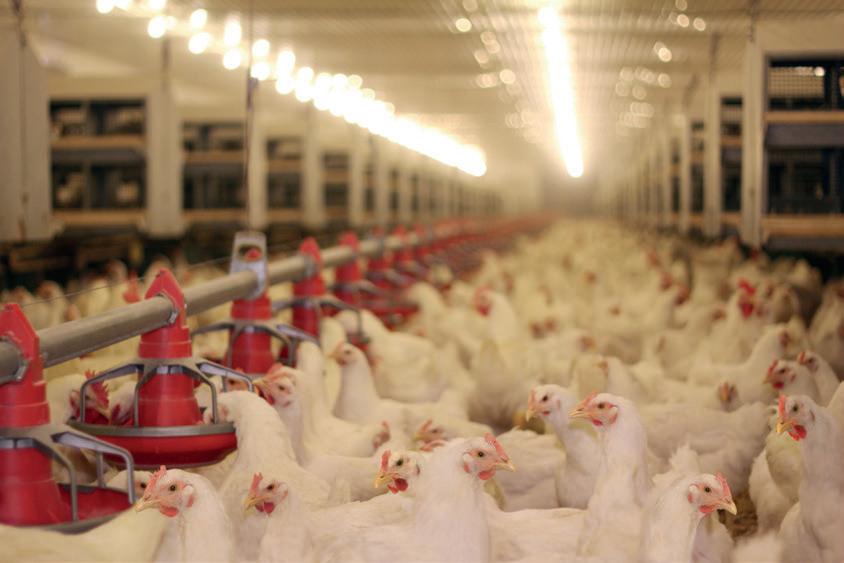
tems, and a testbed for the integration of technologies that support sustainable approaches to net zero.
The study will not only explore how farm waste can be transformed into renewable energy but also how circular SMART systems may be used to diversify income streams and protect the local environment.
This includes reducing the impact of livestock farming on the environment, such as lowering river pollution, which the Environment Agency says is often caused by high phosphate and nitrate levels from animal waste ending up in local waterways.
Driving innovation
Gesa Reiss, senior innovation fellow in smart agri-systems at Leeds University, said: “To meet the challenges of sustainable food production and environmental sustainability, we must continue to work with partners to drive innovation and discovery in research.
“This is an excellent example of where academics, businesses and partners are coming together to tackle challenges in the UK farming industry. We’re excited to see the outputs of this study and growing our collaborative partnerships in the future.”
Innovate UK agriculture director Katrina Hayter said competition for funding demonstrated the sheer breadth and quality of innovation within the UK agri-food sector.
“We’re proud to be able to help deliver these funding and partnership opportunities to the sector, bringing together farmers, growers, technologists and researchers in a common aim of making the UK food system more sustainable and resilient.
“Whether improving existing production or introducing novel foods and techniques, the winners have all risen to the innovation challenge and we look forward to supporting their development further.”
46 ANGLIA FARMER • AUGUST 2023 Pig & Poultry
'Huge potential' for Integrated onfarm renewable energy generation and waste management
“
We’re excited to see the outputs of this study

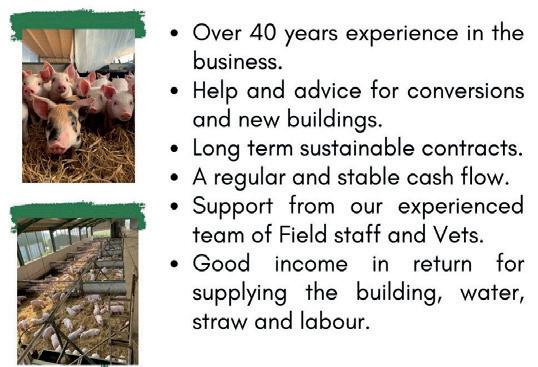


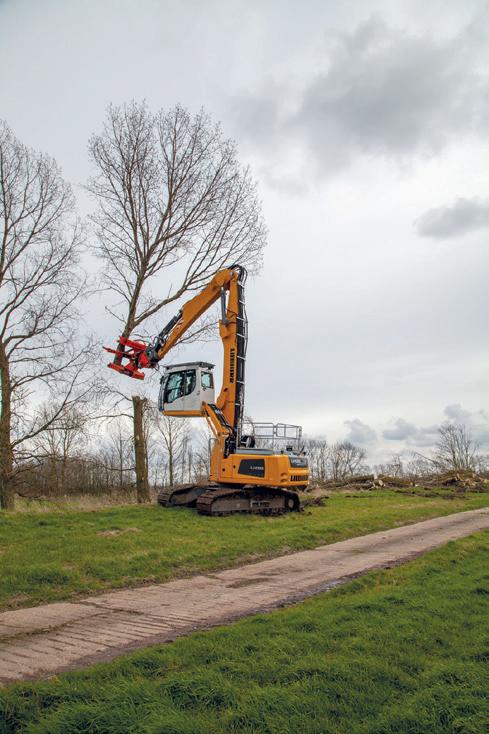



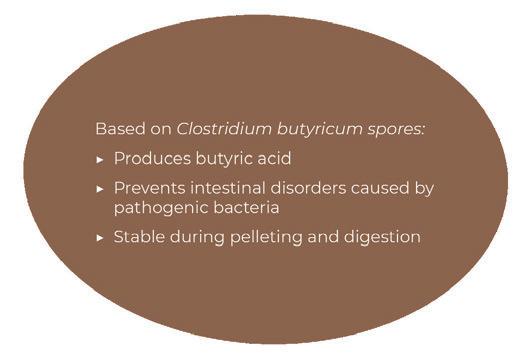











TURN POPLAR AND ASH INTO CASH Don’t let timber quality deteriorateSafely harvest while it has value! • ash and poplar dismantling and purchase • hedge and woodland coppicing • site clearance • felling licence applications • contract chipping • supplier of dried and screened woodchip m: 07850 988808 e: info@collinsfarmingandforestry.co.uk w: www.collinsfarmingandforestry.co.uk AUGUST 2023 • ANGLIA FARMER 47
Hybrid rye delivers benefits for pig and poultry rations
More pig and poultry producers are showing interest in the benefits of including hybrid rye in feed rations.
The benefits of feeding rye are well-established across the world. Rye is already widely used in farm-produced pig diets in Denmark, Germany, Russia, Poland and Spain. Now more UK producers are following suit.
“Major improvements have been recorded in performance, health, behaviour and welfare in pigs from five weeks of age to fatteners – both in controlled conditions and commercial situations,” says Richard Grone, a veterinarian employed by seed breeder KWS.
UK trials with ABN to assess how rye affects performance show it can be included in finishing pig diets at rates of up to 60% – with promising results on growth rate, feed intake and Feed Conversion Ratio (FCR).
“Hybrid rye can be substituted oneto-one for wheat and barley.”
'Many possibilities'
This means rye offers many possibilities for feed compounders and producers. It can be fed as meal, liquid or pellet-based feed. It is high in dietary fibre, which promotes satiety, gut health and calm behaviour.
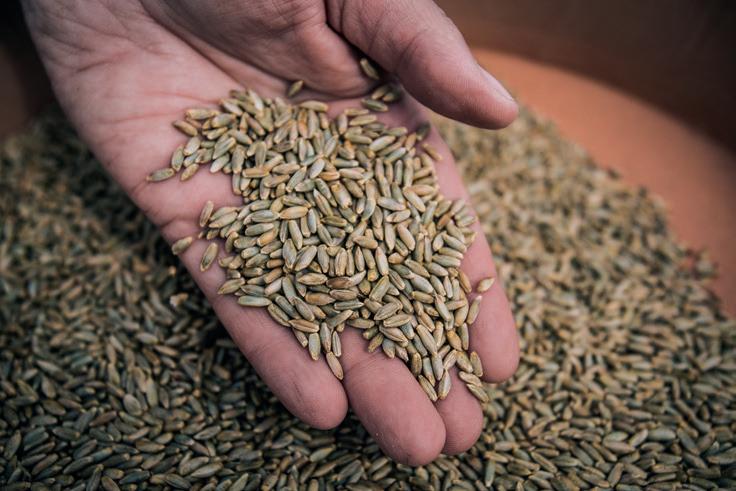
"It can also boost energy supply at farrowing and its levels of arabinoxylan, which is converted to butyrate in the animal’s hind gut, far exceed those of wheat.
Rye is 2%-3% lower in crude protein than wheat, yet offers an excel lent amino acid profile, particulari ty lysine.
“Hybrid rye also delivers nitrogen and agrochemical savings without compromising yields, while its straw acts as a novel stimulus and helps to further reduce aggression.”
'Exciting development
Aside from being effective in pig ra tions, a 14-month study involving 16,000 egg laying hens recently de livered positive results for rye too.
Trials suggest egg producers can be confident that feeding rye to hens up to 25% has no adverse reaction.
Working with feed producer Har bro and egg producer Jonathan Stoke, KWS conducted a trial comparing a wheat based ration with a ration where rye replaced wheat up to 25%.
According to Dominic Spurrier, KWS UK rye product manager, over the course of the study no material differences between the two rations were found.
"From hen health through egg numbers, egg size and quality and litter waste, there were no differences between the two 8000 bird flocks," explains Mr Spurrier.
Historically egg producers have been reluctant to include rye, thinking there may be a detrimental effect on egg production, in terms of egg numbers, size and shell strength.
In fact, rye can be beneficial.The cost of feeding rye is lower and – much more importantly – supermarkets and other egg retailers are increasingly looking to products that have lower carbon footprints to meet the UK's 2030 targets.
"The agronomic advantages of hybrid rye together with its very low nitrogen requirement mean the carbon footprint of eggs produced from ryebased feeds could be significantly lower than with conventional diets."
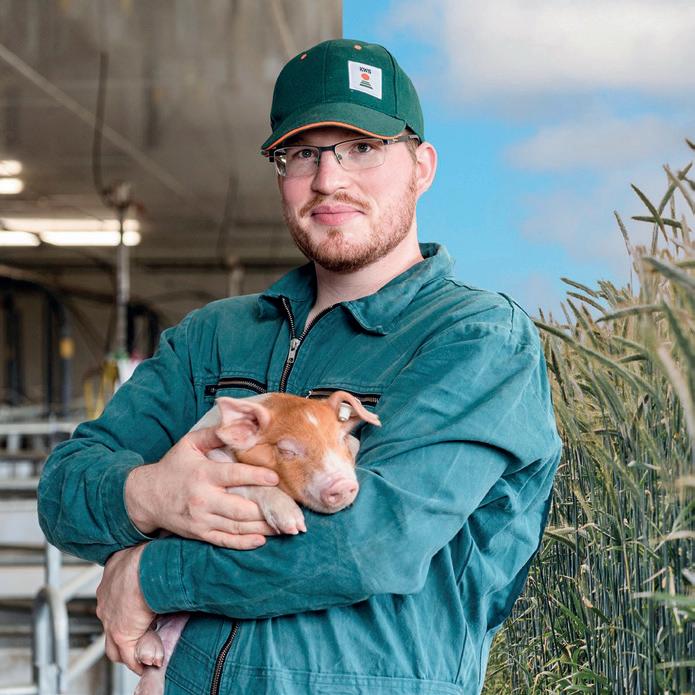
Nitrogen efficiency
This lower nitrogen requirement has been demonstrated in trials by KWS and NIAB. Hybrid rye variety Tayo delivered outstanding Nitrogen Use Efficiency (NUE), explains KWS technical trials manager Olivia Potter.
Applications as low as 80kg N/ha produced near 11t/ha yields, she explains, says Ms Potter.
Above: Rye can boost pig performance, says Richard Grone
Below: Trials have shown positive results from hybrid rye
"In one trial in North Walsham, Norfolk, Tayo produced the same 10.84t/ha yield from both 80kg N/ha and 120kg N/ha fertiliser regimes underlining the crop's potential to help growers make major cost savings.
"Hybrid rye has a lot going for it in terms of marketing opportunities, benefits to the rotations and drought resistance, but it's ability to produce high yields from relatively modest amounts of applied nitrogen is making it increasingly attractive."
Less fertiliser
"We've known for some time that fertiliser requirements with rye can be roughly half that of a second wheat with savings of 100kg N/ha and more being achievable, but Tayo seems to be capable of taking this even lower.
“In comparison to second wheat grown for feed which is likely to require around 220kg N/ha, hybrid rye would typically require just 120kg N/ ha, but Tayo is showing the potential to cut this by a further third.
"When you consider milling wheat needs around 280kg N/ha, the opportunity to produce high yields of high value hybrid rye from 200kg N/ha less is very compelling."
48 ANGLIA FARMER • AUGUST 2023 Pig & Poultry
It's bigger and better: Confor Woodland Show is back!


Bath & West Showground
on 21-22 September
Tickets are selling fast for this au tumn's Confor Woodland Show – a two-day extravaganza for the forest ry and timber industry, including the latest innovations in machinery and opportunities for business growth.

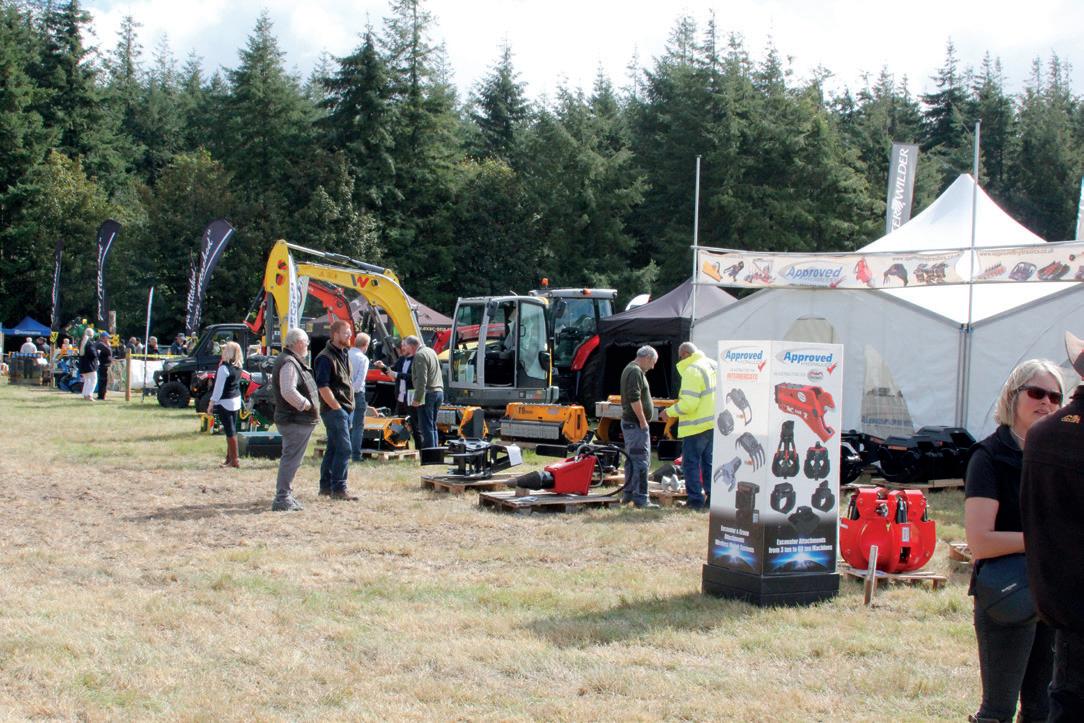
The show is the place for everyone inter ested in trees and wood to hear about the lat est products and services, receive practical advice, network with peers – while enjoying the demonstrations and seminars.
Held this year at the Bath & West Showground on 21-22 September, the event promises a valuable snapshot of the industry, whether you’re a part of it already or are looking to find out more.
The show's central hub will be the Confor tent, bringing together big names and influencers to discuss topics like agroforestry, bioplastics, trends in the forestry marketplace and woodland management.
This year’s speaker lineup includes representatives from Defra, Forest Research, FSC UK, Rainbow Professional, CSX Carbon and more.
Confor technical and industry support manager Richard Hunter said: “After a four-year break, it’s great to have the Confor Woodland Show retaking its place in the sector’s calendar.

ground, we hope colleagues from across the industry will agree the show has returned bigger and better than before.”
come faces old and new to the show in Sep tember, said Mr Hunter.
sors and exhibitors for making our pro gramme of discussions, panels and demon strations possible.
forestry in the UK. The benefits that wood lands, forestry and timber can provide for the economy, for rural communities, and

for the mitigation of climate change present unique challenges opportunities for the sector. Bringing leaders in the industry together to share knowledge and ideas is now more important than ever.”
Visitors can expect to see machine demonstrations, chainsaw carving and archery showcases and enjoy the food and drink. Additionally, the Forest Workers Zone will be a key feature of the Confor Woodland Show this year, acting as a 'one stop' hive of activity for people working in the practical side of the industry to come for information, advice and networking.
Experts will be holding practical demonstrations on skills such as chainsaw maintenance and tips for safe use, as well as being on hand to answer your questions or discuss any issues you are facing.
Single and two-day tickets can now be purchased online. Bookings made before the event will cost less than tickets purchased at the gate and special discounts are available for students and Confor members.
AUGUST 2023 • ANGLIA FARMER 49
Show promotion
WOODLAND SHOW2023 BATH & WEST SHOWGROUND 21-22 SEPTEMBER
Visit www.conforwoodlandshow.org.uk




































“Natural Ventilation for your farm buildings” We supply: • Manure lagoons • Weatherproof Silos • Silage Safe • Curtains/Ventilation See you at Dairy Day COME AND SEE US AT THE UK DAIRY DAY STAND - H238 Collection throughout the UK. PLEASE CALL 0345 331 2747 www.envirotyre.com Collection & environmental recycling of agri, truck, industrial, car tyres & tracks. Suppliers of heavy-duty sidewalls for silage clamps. &TRACK 50 ANGLIA FARMER • AUGUST 2023
UK Dairy Day
Public warned about danger of walking near livestock
New signs will help raise awareness says NFU
Walkers in the countryside are being warned against causing alarm to cattle –after a number of fatalities to mem bers of the public.
Rural insurer NFU Mutual has pro duced new signage for farmers to dis play at field entrances calling for walk ers to move quietly and predictability, highlighting how livestock can react suddenly to people’s presence.
Incidents with livestock remain a major cause of fatal and serious inju ry to farm workers and the public, ac cording to the latest accident figures. NFU Mutural has teamed up with the Farm Safety Foundation and the NFU for the joint safety campaign.
Some 27 people were killed in farming-related activities in the year to April 2023. As well as farmers and farm workers, they included six members of the public. Eight of the fatalities involved cattle.
Dog walkers
The signs encourage walkers to keep dogs on leads but release them immediately if chased by cattle. They also suggest giving cows space if they are on or near the footpath, re-joining the route when safe to do so.
Half of all dog owners would keep their dog on the lead if chased by cattle, rather than letting go, according to a recent NFU Mutual survey. Some 86% of respondents said they would find signage about walking in fields with livestock helpful.
NFU Mutual rural affairs specialist Hannah Binns said: “Farmers are proud to feed the nation and enhance the environment for everyone. But it is important to remember these idyllic, remote locations are also places of work and home to millions of cows.”
Farmers have a legal duty to consider the health and safety of people using public rights of way through their fields. Ms Binns said the signs aimed to highlight that livestock may be nearby and encourage walkers to enjoy the countryside safely.
ity of visiting the countryside wasn't without danger.
“Farming activities can pose risks to you, your workers, and also to any contractors or visitors – including walkers, hikers and cyclists.”
NFU vice president David Exwood said: “When walking through a farm, it is crucial for people to remember it
main vigilant at all times.
“We hope these signs will serve as a valuable reminder for walkers to be mindful of their surroundings, enabling everyone to appreciate the countryside responsibly and safely.”
Signs can be requested from local NFU Mutual agency offices.
Long grass less likely to burn up
Tall grass grazing is to prevent farmland from burning up during inreasingly hot and dry summer weather.
“Water and sunlight are the building blocks of a productive system, and working with them is key,” explained Emily Bull, senior researcher with FAI Farms.
Grazing management is vital to ensure fields remain adequately covered, Dr Bull told listeners at this summer's Down to Earth regenerative farming event. Farmers should think of leaves as solar panels, she added.
“The more cover you have, the more solar energy you harvest. Bare soil is not a good investment.”
Long roots
Dr Bull added: “Don’t graze right down and leave grass tall and enough time for it [grass] to rest. The taller the grass, the longer the root and the more charged it will be with carbon.”
FAI Farms saw the benefit of regenerative farming practices last year. Despite extreme drought, 120ha of tall grass grazing stayed productive and didn’t burn up.
Tall grass grazing encouraged biodiversity, said Dr Bull. “Microorganisms, worms and insects are an underground army of ecosystem engineers – helping to build healthy soils.”

Long roots
Asked how best to switch to a regenerative system, Dr Bull said: “Trial different things. You don’t need to apply regen principles across the whole farm. If you can think of just one change that works with the natural cycle, today has been a success.”
Organised by the Royal Association of British Dairy Farmers, the Down to Earth event was hosted by milk producer Neil Baker, who runs a fully-housed 1800-cow dairy system near Crewkerne, Somerset.
AUGUST 2023 • ANGLIA FARMER 51
last year (Picture: Lasse Johansson / Shutterstock.com)
How to revive stress-hit grassland
Close attention to grass and pasture utilisation will be needed for the rest of the year – despite cooler weather following the hottest start to summer on record.
An average June temperature of 15.8°C eclipsed the previous record for the month by 0.9°C and was 2.5°C warmer than usual. The UK also had just 68% of its average June rainfall with only 52.5mm falling during the same period.
“Thankfully these record temperatures were not matched by record dryness,” said Janet Montgomery of grass seed breeder Barenbrug. “But rainfall was in short supply for much of June, creating drier than average conditions.”
Sunlight hours
The dry spell came at a time when long hours of sunlight and high temperatures mean grass growth is at its highest. “This could really catch people out because pastures haven’t been pumping out the amounts of grass that we’d normally expect.”
That said, pastures are probably in a better position than last year because of rain during July.
But Ms Montgomery says the earlier hot weather will still have an impact on the amount of biomass produced per unit area of pasture.
Her advice to growers depends on what system they’re using. On a set-stocking system, this will necessitate a decrease in the stocking rate, while rotational grazers will need to go for a bigger allocation each time.
“That’s especially important for dairy farmers to observe, because
both milk quality and output will be affected if steps aren’t taken to manage that drop-off in biomass.”
Sward damage
Dry grassland should be managed to avoid lasting damage to pasture. “This means not grazing too short; allowing sufficient time between grazing and re-grazing; and, overall, trying to prevent too much damage to the sward.”
While topping might seem counterintuitive in the face of less biomass, it will make pastures more palatable by removing stemmy material. It will also help divert plant energy into vegetative growth, rather than the intensive demands of reproductive growth.
“Keep a track of soil moisture levels, too,” advises Ms Montgomery. “With consistent periods of dry, you’ll need a decision-support process to help you introduce supplementary feeds at the right time.”
With last year’s dry period still fresh in many farmers’ minds, many dairy producers will be wondering how they can make pastures and swards more resilient in the face of a changing climate.
Root biomass
“Changing species can be an effective strategy for areas with consistent summer dry. Unless fields are of an age when they wouldd benefit from a full reseed, autumn overseeding can prove cost-effective to mitigate the effects of future dry periods.
“Consider species that are a little higher in root biomass, such as tall fescue, which will help preserve pastures during dry periods.”
Grassland has taken a beating due to recordbreaking June temperatures
Although cocksfoot and tall fescue have a reputation for being clumpy, coarse and unpalatable, Ms Montgomery says modern varieties are deep-rooting, giving better access to moisture lower down in the soil.
And she adds: “While pasture health is at greater risk the longer the dry period continues – the grass isn’t able to refill its carbohydrate reserves in time to prevent damage –with time and correct management, it will come back.
“It’s easier to allow plants to recover than to put animals’ welfare at risk,” says Ms Montgomery.
Fat supplement cools cows during hot weather
Heat stress in dairy herds can be mitigated by feeding rumen-protected fat supplements to cows – helping to reduce losses, say experts.
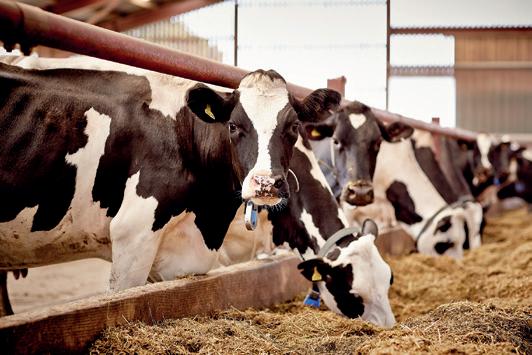
“Once temperatures tip beyond 20°C, lactating dairy cows are pushed out of their thermoneutral zone and additional energy is expended to regulate body temperature,” says Richard Kirkland, nutritionist for Volac Wilmar Feed Ingredients.

Breathing rate and panting increase to help lose heat, which can push the cow’s maintenance energy requirements up by as much as 25%. This is at a time when dry matter (DM) and energy intakes are decreasing.
“Similar to humans, when cows get hot,
they lose their appetite and feed intakes will decrease,” explains Dr Kirkland.
Negative energy
Research studies with dairy cows have reported reductions in DM intake at ambient temperatures above 25°C (77°F), with feed intakes at 40°C (104°F) typically reduced by 20-40% compared to cows in a thermoneutral environment.
As a consequence, cows under heat stress are generally in a state of negative energy balance. “The combination of lower dry matter intakes and increased maintenance requirements will quickly put a cow in an energy deficit,” says Dr Kirkland.
52 ANGLIA FARMER • AUGUST 2023 UK Dairy Day
Cows lose their appetite when they get hot
Thousands expected at Dairy Day event
• Demonstrations
on cow management
• New zone showcases latest products
• Type classification and linear scoring
Final touches are being put in place for next month's UK Dairy Day – the annual oneday showcase for the dairy industry held at the International Centre in Telford, Shropshire.
Thousands of visitors are expected to attend the show, which takes place on Wednesday, 13 September. The day will include seminars, exhibitions, practical demonstrations and a full programme of livestock classes.
Seminars will include a range of subjects related to dairy herds and farm businesses. A full list of the topics to be covered is expected to be published this month. A new product zone will showcase dairy-related items launched into the market over the past 12 months.
Practical demonstrations will include type classification and linear scoring; foot trimming, blocking and
knife sharpening; and an innovative session which will see calves painted to help visitors visualise and better understand dairy cow anatomy.
Breed Village
The NBDC breed village will feature practical demonstrations and breed societies trade stands. During the day members of the NBDC Classification team will run type classification and linear scoring demonstrations for different breeds.
At each session, the audience will have the opportunity to learn more about the services offered to dairy farmers. In conjunction with the linear scoring demonstration, a virtual cow demonstration will run on a TV screen.
Virtual Cow is an educational tool which graphically illustrates the linear scale for cow conformation traits.
UK Dairy Day
Wednesday 13 September 2023, 8am to 5.30pm
The International Centre, St Quentin Gate, Telford, Shropshire, TF3 4JH
• Trade stands throughout internal and external exhibitions areas.
• Cattle show hosting National Show for Ayrshire, Brown Swiss and Holstein.
• Seminars, Breed Village, Sharing Knowledge Zone and Careers Board.
• New Product Competition
• Practical demonstrations
The UK Dairy Day 2023 cattle show will feature six dairy breeds with a leading line-up of judges to cast their professional eye over the show ring.
Judges
National Ayrshire Show - Colin Christophers
National Brown Swiss Show - Brian Weatherup
National Holstein Show - Iwan Morgan
Dairy Shorthorn classes - Gwyndaf James
Guernsey classes - Colin Christophers
Jersey classes - John Waller
T: 01923 695225
E: info@ukdairyday.co.uk
W: www.ukdairyday.co.uk
This allows for improved understanding of dairy cow conformation and easy visualisation of anatomical differences within each trait across the linear scale.
The outside exhibition area will see the return of Tim Carter for advice on foot trimming, blocking and knife sharpening using the right tools for the job – demonstrated on dairy cows throughout the day.
Demonstrations
These practical demonstrations will streamed to a large TV screen with commentary so visitors can see firsthand the detail of the trimming, blocking and knife sharpening.
They will also be highlighting the Cattle Hoof Care Standards Board, a self-funding non-profit organisation to improving the health, welfare and mobility of the national herd, through ensuring its members promote, achieve and maintain a recognised and validated standard of cat-
Special presentations by the team from Scarsdale Vets in the calf rearing zone will use painted animals to visualise and understand cow and calf anatomy. The ‘Beneath the Black and White’ calf painting sessions will take place throughout the day.
Scarsdale Vets will also paint the calf head to demonstrate the disbudding nerve block; and calf chests and abdomens, to talk about pneumonia
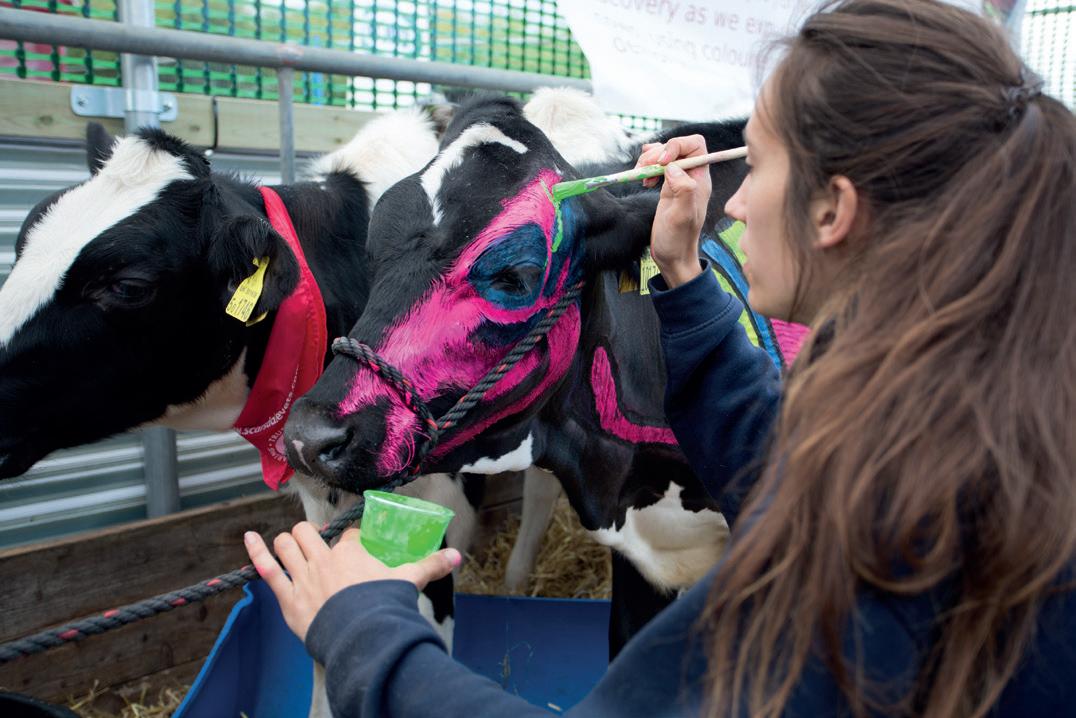
AUGUST 2023 • ANGLIA FARMER 53
Painted calves will help visitors visualise cow anatomy

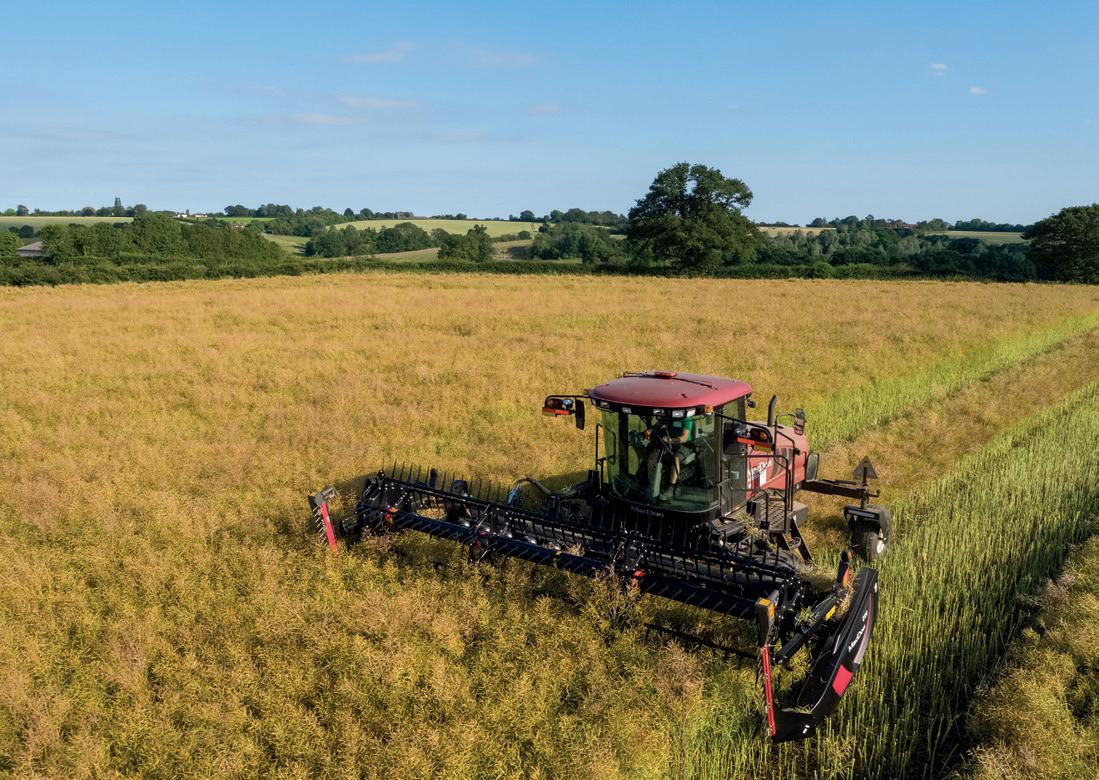




















YOUR FIELD IS OUR FIELD Anglia Farmer To find out more about our farm profiles contact Chloe Miller on 01502 725844 or email chloe.miller@micropress.co.uk Call us today on: 01608 682465 • 07971 878519 Larkstoke Farm, Nr Admington, Shipston -on-Stour, Warwickshire, CV36 4JH Why Swath? • Cheaper than spraying off with Glyposate & Pod stick • Shorter harvest interval (10-14 days) from swathing, therefore OSR is harvested before wheat is ready. • Less vulnerable to losses from weather • Cheaper to harvest as more of the plant is dead therefore easier to thrash/chop. • Also able to swath Borage, Peas, Echium, all organic crops Have you considered swathing your 2023 Harvest Oil Seed Rape? 54 ANGLIA FARMER • AUGUST 2023
Professional Services
Investors raise a glass to English vineyards
East Anglia is key target for investors
An explosion of interest in English wine has seen almost £500m invested in UK vineyards and wineries, suggest estimates from consultants Strutt & Parker.
Analysts say some £480m of capital investment was ploughed into the sector between 2018 and 2022. The total is based on land purchased for use as a vineyard, the cost of establishing and developing vines, and setting up wineries.
There are now over 900 vineyards in the UK, covering some 4000ha (10,000 acres). Some 12m bottles of wine were produced in 2022.
Although this area is dwarfed by production in traditional wine-growing countries, the UK is growing faster than any of the top 25 wine-producing nations. British wines won 143 medals at the recent Decanter World Wine Awards 2023, cementing the growing reputation of English wine on the world stage.
Astounding surge
“Our analysis shows how astounding the surge in investment in the sector has been in recent years – coming remarkably close to £500m,” says Nick Watson, Strutt & Parker head of viticulture.
“Interest in the British wine sector is as strong as we can remember, Over the past 12 months, the number of calls we have received from people interested in either buying a vineyard or establishing a new one has tripled.”
Strutt & Parker was one of the first agents with
But Mr Watson said most investors in the sector tended to be people with successful business careers who were looking for a change in direction. “They view a vineyard as an investment which they hope will be financially sustainable, but also enjoyable,” he said.
Deep pockets
Mr Watson says the price of land suitable for vines typically ranges from £16-20,000/acre, while established vineyards can sell for more than £35,000/planted acre.
“It is an investment that requires deep pockets – the upfront costs of establishing a vineyard are significant and it takes five years before the vines reach full productivity, so cash flow needs careful planning.
“Yet despite the challenges, there seems to be no shortage of people seeking land on which to establish vines. .
Sense of optimism
“The continued success of English sparkling wines on the international stage has put the sector on the map. Sales are on the rise and there is a real sense of optimism about the future.”
The best sites have free-draining soils, gentle south-facing slopes that are not susceptible to strong winds and late frosts, are less than 100m above sea level and where average temperature and sunshine hours are highest.
Land values on the rise for planting vines
Arable land values in south-east England – where growing vines is most established for climatic reasons – have risen over the past 12 months to about £10,000-12,000/acre, so the value of ground suitable for vines has also risen and now often sells for £16,000£20,000/acre.
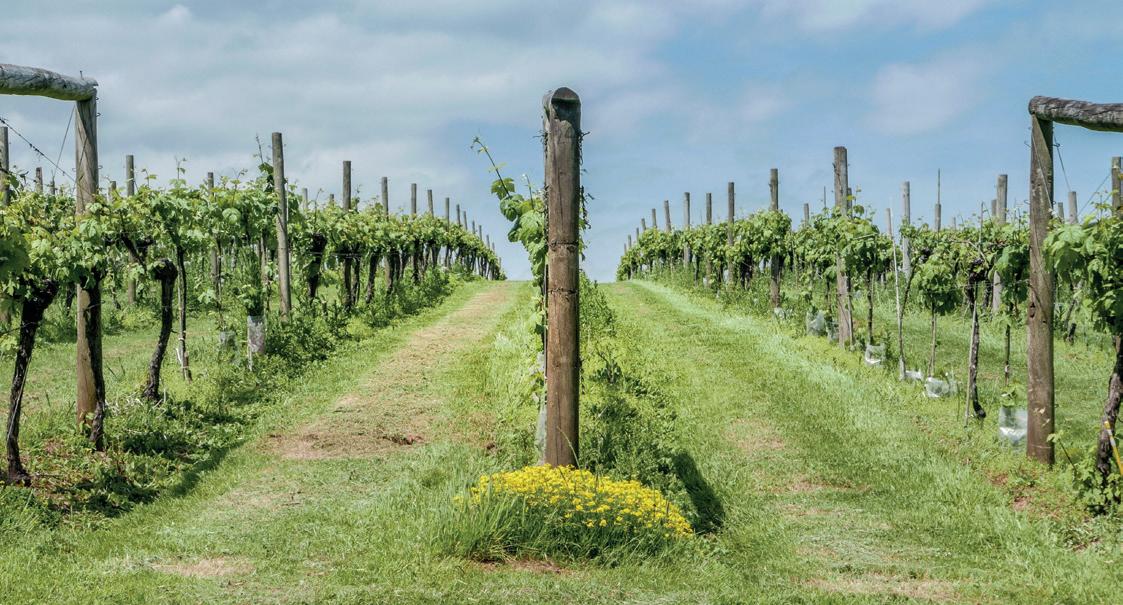
But buyers are also increasingly looking to Norfolk, Suffolk and Essex. These counties have untapped potential for planting vines – but share many of the same characteristics as east and west Sussex, Kent, Surrey and Hampshire.
Where buyers are only looking for a small plot of say 10-12 acres, which is the minimum size required for anyone looking to establish a vineyard as a viable business, then prices can rise as high as £25,000/acre.
Rising temperatures
Climate change is projected to impact the UK wine sector by 2040, with growing season temperatures expected to rise. This could present opportunities for more red wine production and the growth of white wine varieties such as Sauvignon Blanc, Semillon, and Riesling.
Large new areas in the UK could also become more suitable for viticulture, including Cambridgeshire, Oxfordshire, Berkshire, the East Midlands, the Severn Valley, southwest England and south Wales.
Interest in establishing English vineyards has tripled over the past 12 months.
'Embrace skills and technology to ensure successful future'
The phase-out of the Basic Payment Scheme makes it increasingly important that farm businesses are more adaptable, embracing new technology and a wider range of skills.
War in Ukraine, the challenge of climate change and Brexit mean farmers face huge challenges – both now and in the years ahead, delegates were told at last month's annual conference organised by the Central Association of Agricultural Valuers (CAAV).
“These factors are well and truly playing out in our industry, economy and the world economy, in a period of accelerated change,” said outgoing CAAV president Simon Alden. “As an industry and profession, we are all on a steep learning curve to meet these challenges and changes.
“In doing this, both agricultural and rural businesses can become more adaptable and seek out greater efficiencies and new markets. With new technology and a wider range of skills, we can face this new period with excitement, as we identify new opportunities and returns.”
The government's new Environmental Land Management Scheme will only partially offset lost BPS income. Defra farm minister Mark Spencer said the government was determined to ensure the ELMs and the Sustainable Farming Incentive works for farmers.

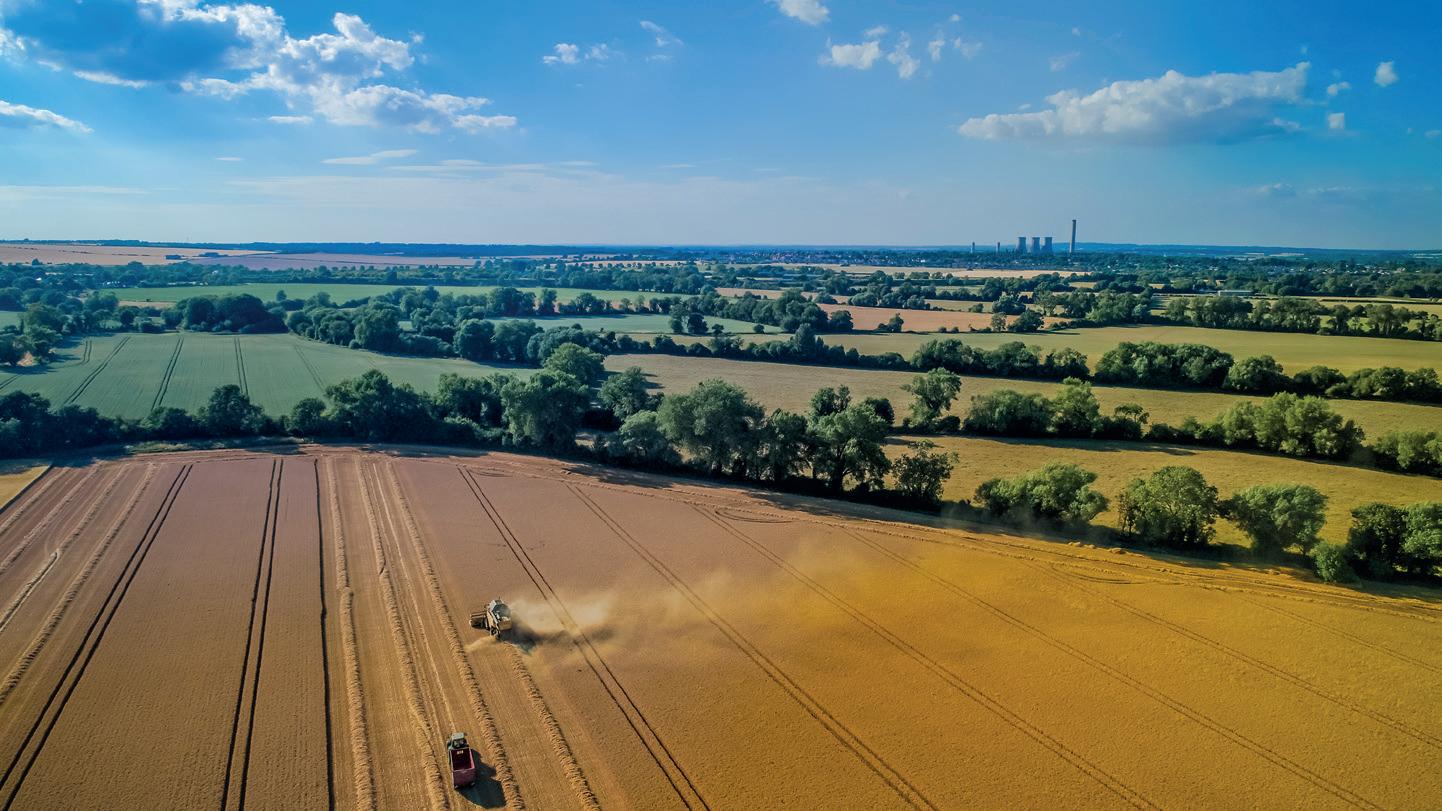
More opportunity
“They work alongside and support food production. Food is the primary purpose of farming and always will be. But sustainable food production in the long term is also dependent on
alternative income sources – such as carbon trading – also had downsides. “Farming overestimates its role for others but underestimates what it will need to do. There is little value in offsetting – the farm level quantum is too small and value too low.
“Supply chains will expect farmers to move towards net zero, so why should they give away the easy gains? There could also be unforeseen risks, like woodland which has been sold for carbon credits being eaten by beavers or destroyed by storms.””
Carbon assets
When selling carbon assets, farmers should look at the facts of the deal, said Mr Moody. This includes what is being sold and at what price, how fettered the landowner is, and what the terms are. Landowners should also consider the tax consequences and associated costs. “Is it worth it?”
One area causing concern is agricultural property relief and how it might apply to environmental use of land. The CAAV and see the simplest answer is to extend it, as in 1995 for tenancies, based on the model of the Inheritance Tax Act’s s.124C for Habitats Regulations.
Farmers and growers face raft of challenges –both now and in the future
Below: The loss of BPS should be seen an opportunity, says Jeremy Moody There is something for everyone
The tenanted sector faces its own challenges as area payments disappear, explained Mr Moody. “Many landlords and tenants may find this daunting – but it also offers opportunities for proficient future farmers.
“Consider terms and lengths of lettings – for example, a new slurry store scheme may need forward security. There may be opportunities for contract farming and joint ventures.”
The recent Rock Report aimed to help tenants by encouraging longer lettings. But Mr Moody said its proposal to limit agricultural property relief from inheritance tax to lettings of at least eight years would have the opposite effect.
“Using our CAAV land occupation survey data, we see little or no gain in eight-year lets. Longer lets would shorten to eight years and other lets would tend to go much shorter, hollowing out the middle ground.
“We estimate that some 200,000ha would be lost from the sector in the short term and then a longer term reduction from a third of farmland to a fifth. Yet, the proposal cannot achieve its goal without an even more extreme reduction in the let sector.”
Professional Services
“
Mark Spencer
Farmers consulted again on pylons
Landowners affected by proposals for 180km of new pylons across East Anglia have been invited to give their feedback on the latest version of the plans.
The Norwich to Tilbury project, formerly known as East Anglia Green, is part of National Grid’s ‘Great Grid Upgrade’ – described as the largest overhaul of the electricity grid for generations.
Proposals include building a new 400,000 volts (400 kV) electricity overhead transmission line across Norfolk, Suffolk and Essex. This will reinforce the current high-voltage power network as well as connect new offshore wind generation.

“A second non-statutory public consultation about the proposal opened on 27 June 2023 and will run for eight weeks,” says Benjie Fairbanks Weston, a surveyor in the Chelmsford office of Strutt & Parker.
“The consultation sets out information on the latest plans, including
potential positions for the overhead line, pylons, underground cables and substations and is a valuable oppor tunity for landowners to make rep resentations about how best to reduce the impact of the scheme.”
Landowners who haven’t already done so already should consider ap pointing a land agent who will make sure their interests are fully repre sented as the process continues, says Mr Fairbanks Weston.
“By taking advice early, there may be more opportunities to influence the design of the project and reduce shortand long-term impacts on a property.
National Grid has started to con duct non-intrusive surveys along the potential route. It is expected to pro pose more intrusive surveys in the near future. This is another good rea son to seek professional advice, says Mr Fairbanks Weston.
The Norwich to Tilbury project is categorised as a Nationally Significant Infrastructure Project (NSIP). This
LEAF helps inspire next generation of farmers
Most youngsters believe farming should play a larger part in the school curric ulum – and wish they could learn more about agriculture and food production.
The finding is from a survey of 2,500 young people conducted by LEAF Education in part nership with McDonald’s UK and Harper Ad ams’ School of Sustainable Food and Farming. Some 75% of youngsters said they wanted to learn more about the industry.
Young people also want a better understand ing of environmental labelling, suggests the sur vey. Some 84% of youngsters said environmental sustainability would be their number one fac tor – over and above cost or convenience – when purchasing food.
Youngsters are are generally positive about careers in the agri-food industry, describing pos sible career opportunities as ‘rewarding’, ‘well paid’, ‘resilient’, and ‘fulfilling’. But they lack specific information about available job opportunities and ways to enter the industry.
The findings were launched the House of Lords. LEAF director Carl Edwards said: “Young people choose their future career and next steps by age 16 or 17. But at the moment, they do not have a good understanding of what a career in the agri-food industry looks like.”
He added: “They require further guidance on how to link their school subjects to agriculture-related careers and express a clear interest
Top trio: Leaf director Carl Edwards, chairman Philip Wynn and education coordinator Tabitha Salisbury at the Houses of Parliament

in attending on-farm experiential learning to see and learn more about different career paths in agriculture.”
Teenagers recognised the importance of farming to their lives, said Mr Edwards. But more needed to be done to ensure youngsters became informed and conscious consumers. LEAF would now convene an industry meeting to inspire them to carve careers in agriculture.
he Institute for Agriculture and Horticulture (TIAH) has renewed its call for farmers to try out its new online skills and careers service.
TIAH chief executive Stephen Jacob said he was encouraged by interest in the service since its launch in May, with nearly 250 users signed up to date. Registration gave farmers free access to tailored advice and tools to support their career develop-
Mr Jacob said: “We’ve been pleased to see increasing interest from farmers and growers. We are receiving a wide range of feedback around content and usability which is helping us to develop and refine the service ahead of launching TIAH membership.
“Many users have told us the service is useful in helping them find training and learning opportunities to build their skills – and record their development in their own personal hub.”
For details, visit beta.tiah.org/
AUGUST 2023 • ANGLIA FARMER 57
The scheme is a huge overhaul of the national electricity grid.
means National Grid mustapply to the Planning Inspectorate for a Development Consent Order under the Planning Act 2008.
Call for more to try skills and career service
Well-earned retirement for farm accountant
A
says Fen Tiger
For most of my farming career, I have remained loyal to one particular accountancy firm – or to be more precise, loyal to one particular accountant.
A former rugby-playing mate who never passed the ball when peeling off the back of a scrum is retiring after almost 48 years with the same firm of accountants. So I asked him to reflect on his career and give me his thoughts on the future of agriculture.
James Cater came from farming stock and hoed sugar beet on his father's smallholding as a youngster in 1975. This convinced him to find an office job. Encouraged by their strong agricultural client base, Whiting & Partners in Ely provided that refuge.
Despite having no desire to farm, James nonetheless retained an interest in the industry. These were were the days before computers when a set of annual accounts usually started with a cardboard box full of assorted receipts, invoices, bank statements and cheque book stubs.
Junior talent
Everything had to be arranged in order –usually by the juniors before being passed to the manager or partner for review. James quickly realised that as a junior his talents

were not fully being utilised – and to be in a stronger position he needed to qualify as a chartered accountant.
He spent the next nine months at Norwich City College undertaking an accountancy foundation course. Years of correspondence courses and block release courses followed before finally – in his mid-20s – he gained his much sought after qualification.
In due course, James became a partner in Whiting & Partners. He was given responsibility for clients with years of farming knowledge – a big responsibility given his relative youth and inexperience compared to their longstanding agricultural know-how.
Despite this mismatch, he was tolerated and eventually earned his clients' trust and confidence. So much so that many of those early clients are still retained today. As his client portfolio expanded, James represented Whiting & Partners in agricultural groups across the country.
Farming clients
The knowledge he gained from this experience led him to set up his own farming group – bringing together partners and staff from across the firm who work closely with farming clients.
“It’s always interesting to listen to farmers regarding the state of the industry – but it is curious from an accountant's point of view to look back and consider how agriculture has changed,” he says.
Over the past 50 years, the average farm size has increased, fields and machinery have got bigger, new crops and end markets have emerged and some once-popular crops are now
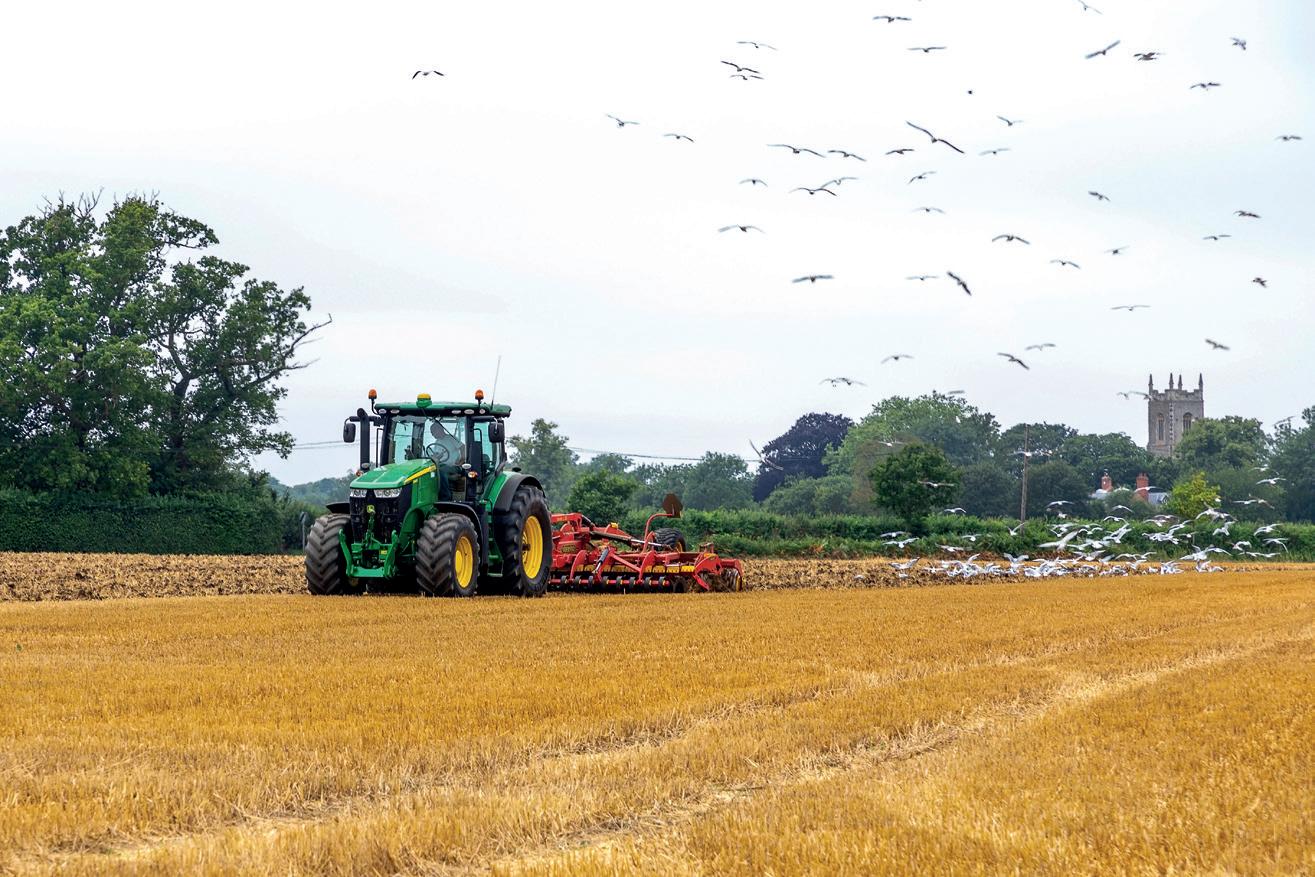
seldom grown. Farm workers are hard to come by. Subsidies have come and almost gone.
Today, the importance of food security seems to lag behind the need to reverse the decline in biodiversity and improve the landscape – at least until gaps appear on supermarket shelves.The new entrant farmer seems almost mythical.
Looking ahead, James foresees an industry with natural advantages. Farmers occupy land, which has many potential uses. It can provide food, energy and environmental gains. And neither food nor energy is going out of fashion any time soon.
Sound advice
The discussion in most circles has moved beyond whether global warming is happening. It is increasingly about how we can achieve net zero. This will create opportunities for farmers and landowners – but any remaining farmland must feed more people.
For me as a client, James has always provided sound, sensible advice. He hasn't always given me the answer I was looking for – but he has straight to the point, direct and fair. He has been a good friend and his retirement will be a huge loss to the agricultural accountancy world.
Someone once described Whitings LLP as a 19th century firm with 21st century technology. It is conscientious, polite and pays attention to detail while offering modern, up-to-date advice – much of it at the behest of James Cater himself.
This description is extremely apt and I wish James good luck in his well-earned and well-deserved retirement.
FINAL SAY Fen Tiger
PICTURE: KEV GREGORY / SHUTTERSTOCK.COM
good bean counter is a good friend when it comes to farming,
Farm workers are hard to come by
“ 58 ANGLIA FARMER • AUGUST 2023
Custom Moulded Ear Defenders

Ultra comfortable, re-usable & last for years. Acoustic filter allows you to still hear everything, whilst protecting you from harmful noise levels. Available with CE approval. Earpieces are custom moulded from soft silicone, and offer the highest degree of comfort whilst providing an effective acoustic barrier. Choice of colours available. Ideal for shooting - maximum protection without imparing hearing.
Autotel Ltd - 01508 528837 • www.autotelradio.co.uk
NURSERY
Sandy Lane Nursery

Wattisfield, Diss, Norfolk
Native and ornamental trees, hedging and shrubs
Tel: 01359 251678
sales@sandylanenursery co uk
www sandylanenursery co uk
Grademore Ltd

www.grademore.com
enquiries@grademore.com
LANDSCAPING & MAINTENANCE TO ADVERTISE IN THE ANGLIA FARMER BUSINESS DIRECTORY CALL 01502 725144

STORAGE TANKS KING
Horizontal
Don’t run short of fuel this Winter!
Buy or hire a storage tank from Kings




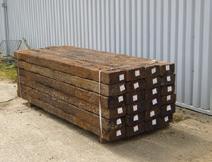
4500L – 38,600L Bunded Fuel Tanks

From 27,000 litres to 10,000 litres (6,000 - 2,000 With cabinet, guage and alarm
c/w cabinet, gauge and alarm
2730L – 54,500L horiz/cyl Water Tanks single or twin comp. with cradles
With cabinet, guage and alarm fuel, Call today for details
KING Tel 01638 712328 www.thekinggroup.co.uk/tanks
All suitable for fuel, water and effluent Call today for details
Sprayed Foam Insulation Specialists


Crow Tree Farm, Crow Tree Bank, Thorne Levels, Doncaster, South Yorkshire, DN8 5TF info@webstersinsulation.com www.webstersinsulation.com


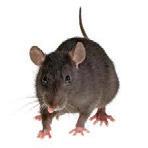
TANKS INDUSTRIAL STORAGE TANKS HIRE - NEW - USED 01502 710100 info@regaltanks.co.uk EAR PROTECTION COMMAND PEST CONTROL LTD • GRAIN MONITORING • GRAIN STORE TREATMENTS
01787 248049 Local staff in all regions covered by Anglia Farmer www.commandpestcontrol.co.uk Command House, Church Lane, Preston St Mary, Suffolk CO10 9NQ • RODENT CONTROL • GRAIN FUMIGATION AF
PEST CONTROL
TEL:
DIRECTORY
FOR A FREE QUOTE CALL: 01405 812682 INSULATION
WANTED
Suppliers of Reclaimed Telegraph Poles, New & Reclaimed Railway Sleepers, Concrete Railway Sleepers, Motorway Crash Barriers. 01760 724237
WANTED TO RENT LARGE LIVESTOCK BARN FOR WINTER 2022/23 PREFERABLY NORFOLK/SUFFOLK Please email farmoffice@yahoo.com with details/costs T.G. ASKEW T.G. ASKEW BLUE PUMP FARM, LOW ROAD, BRESSINGHAM, DISS, NORFOLK IP22 2AA Bulk haulage • Aggregate Road Planings • Stock Feed For further information please contact T: 01379 388156 F: 01379 388109 Email: jeremy@tgaskew.co.uk 01638 712328 tanks@thekinggroup.co.uk STORAGE TANKS KING Tel 01638 712328 www.thekinggroup.co.uk/tanks
Cylindrical Tanks
MATERIALS & MACHINERY
Horizontal
From
54,500 litres to 27,250 litres (12,000 - 6,000 Single and twin compartments, with cradles Bunded Tanks
Cylindrical Tanks
STORAGE TANKS
From litres
Single and twin compartments, with cradles Bunded Tanks
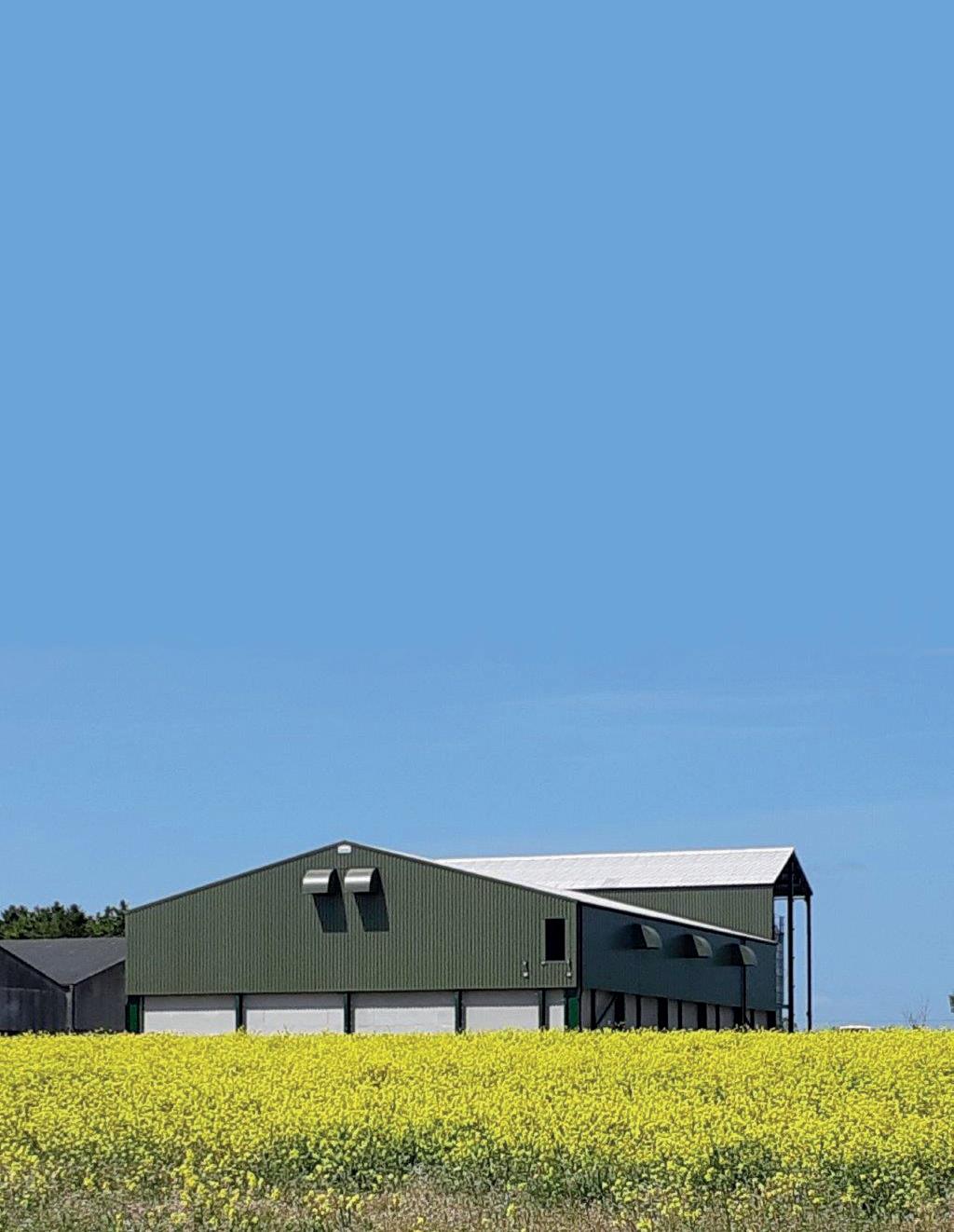
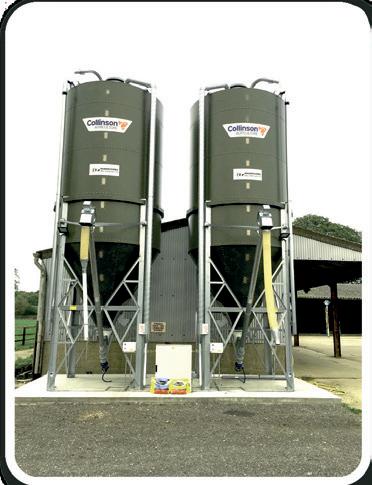

Vegetable and Grain Storage, Drying and Handling Equipment, Pig and Poultry Feeding Systems, Bulk Feed Hoppers www.marrisonagriculture.co.uk 01953 851 771 www.marrisonagriculture.co.uk 01953 851 771 Marrison Agriculture Limited, Unit 8 Ironside Way, Hingham, Norfolk, NR9 4LF.
Buildings
Livestock Feeding Potato Store Equipment Agricultural























































































































































































































































































































































































































































